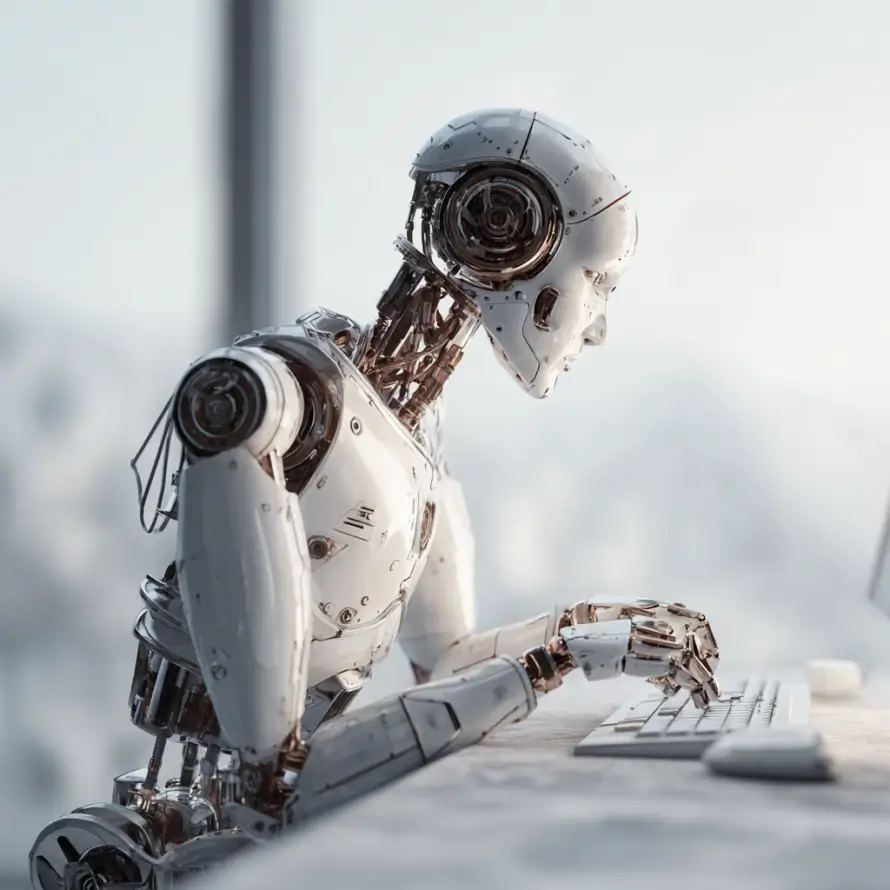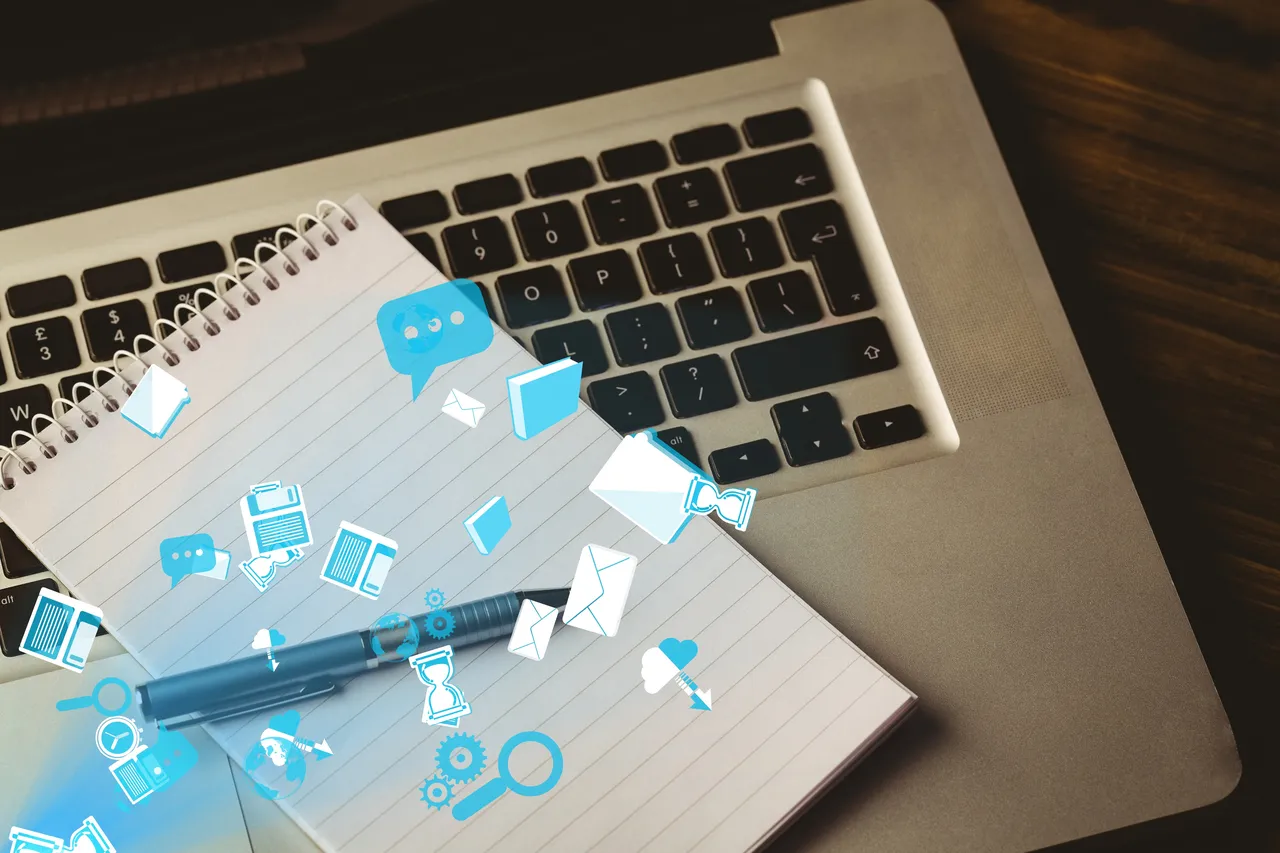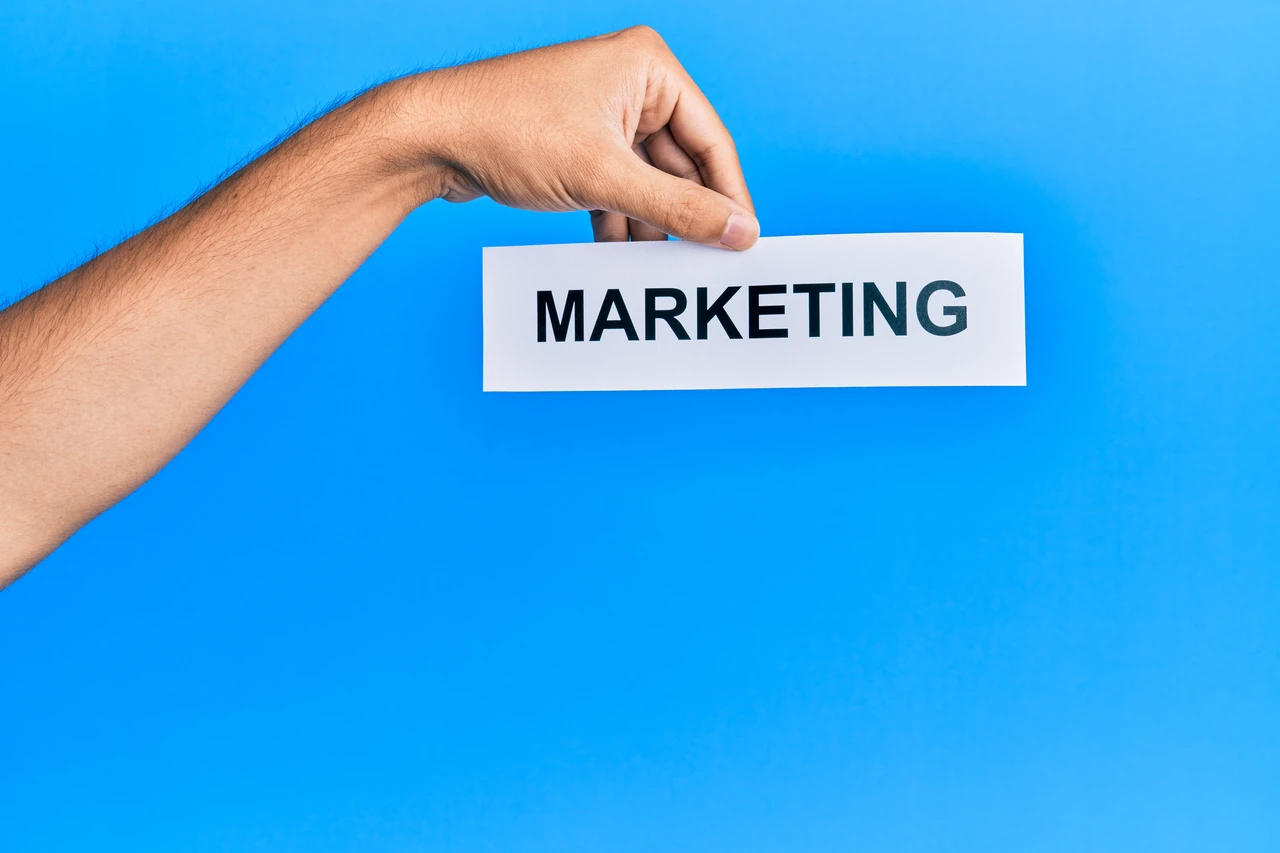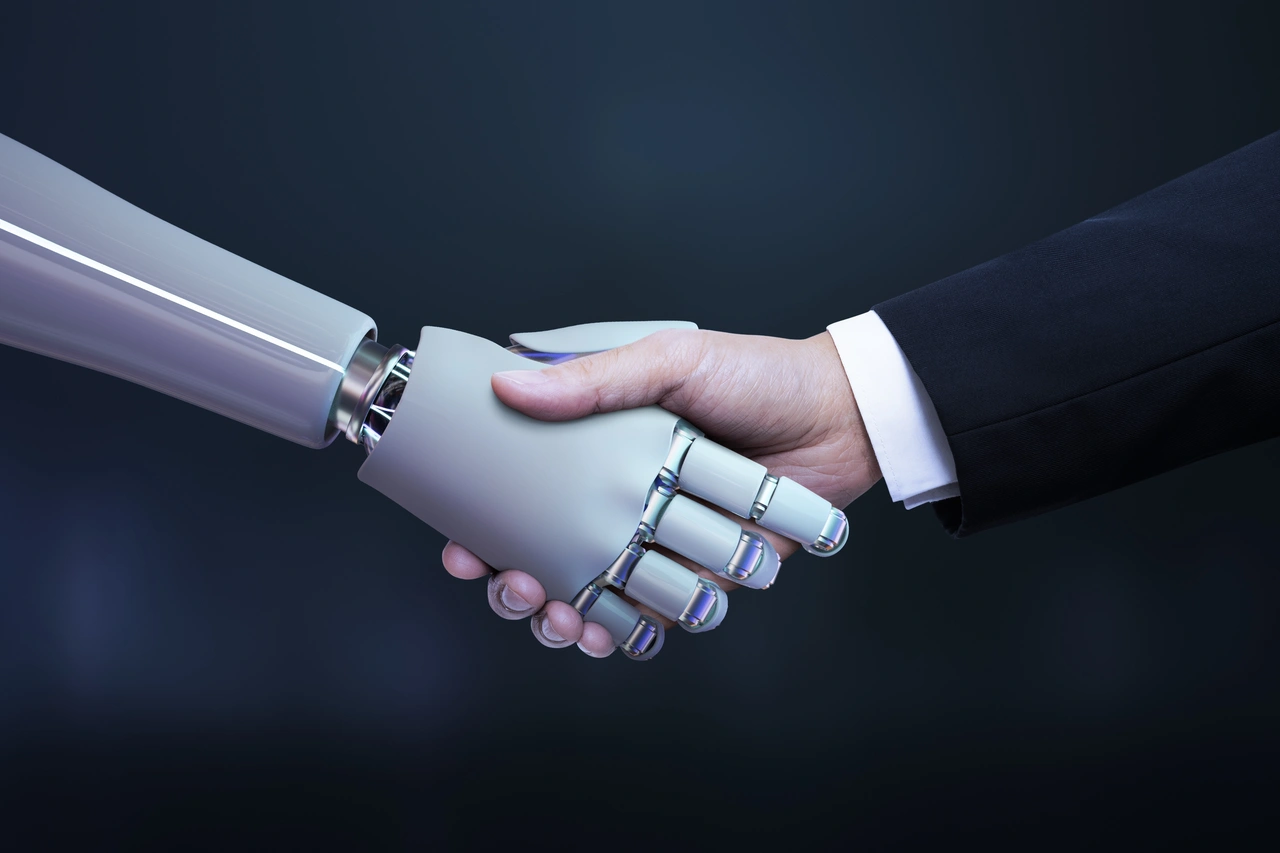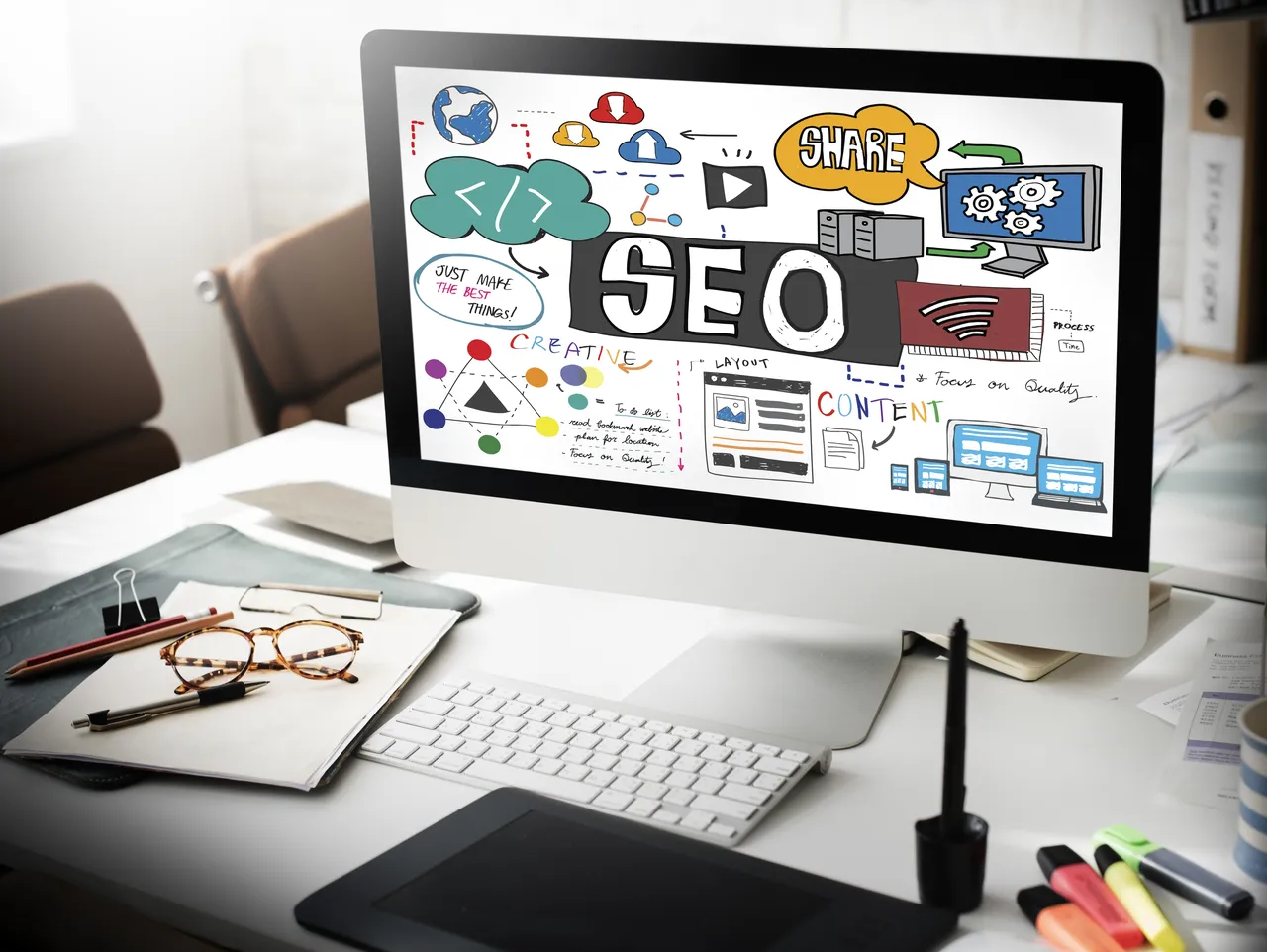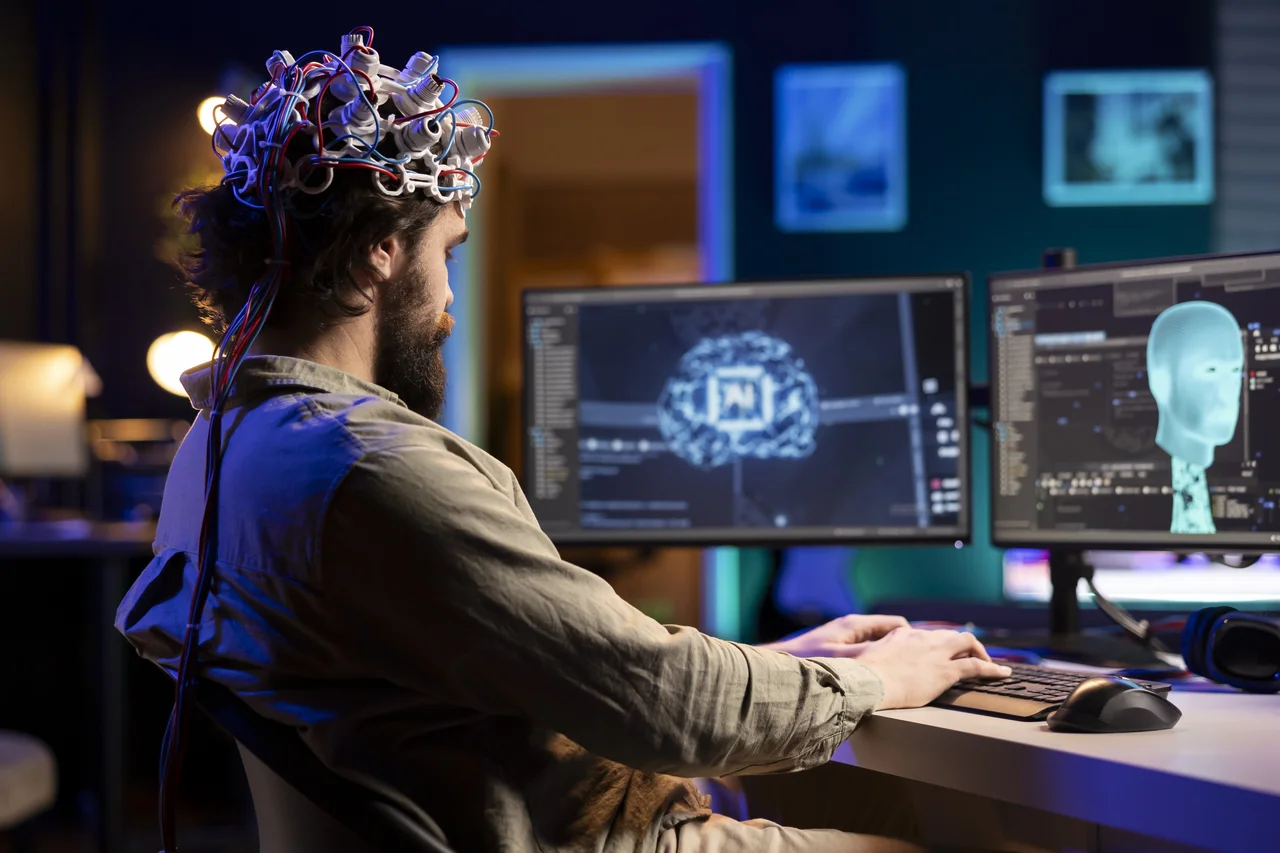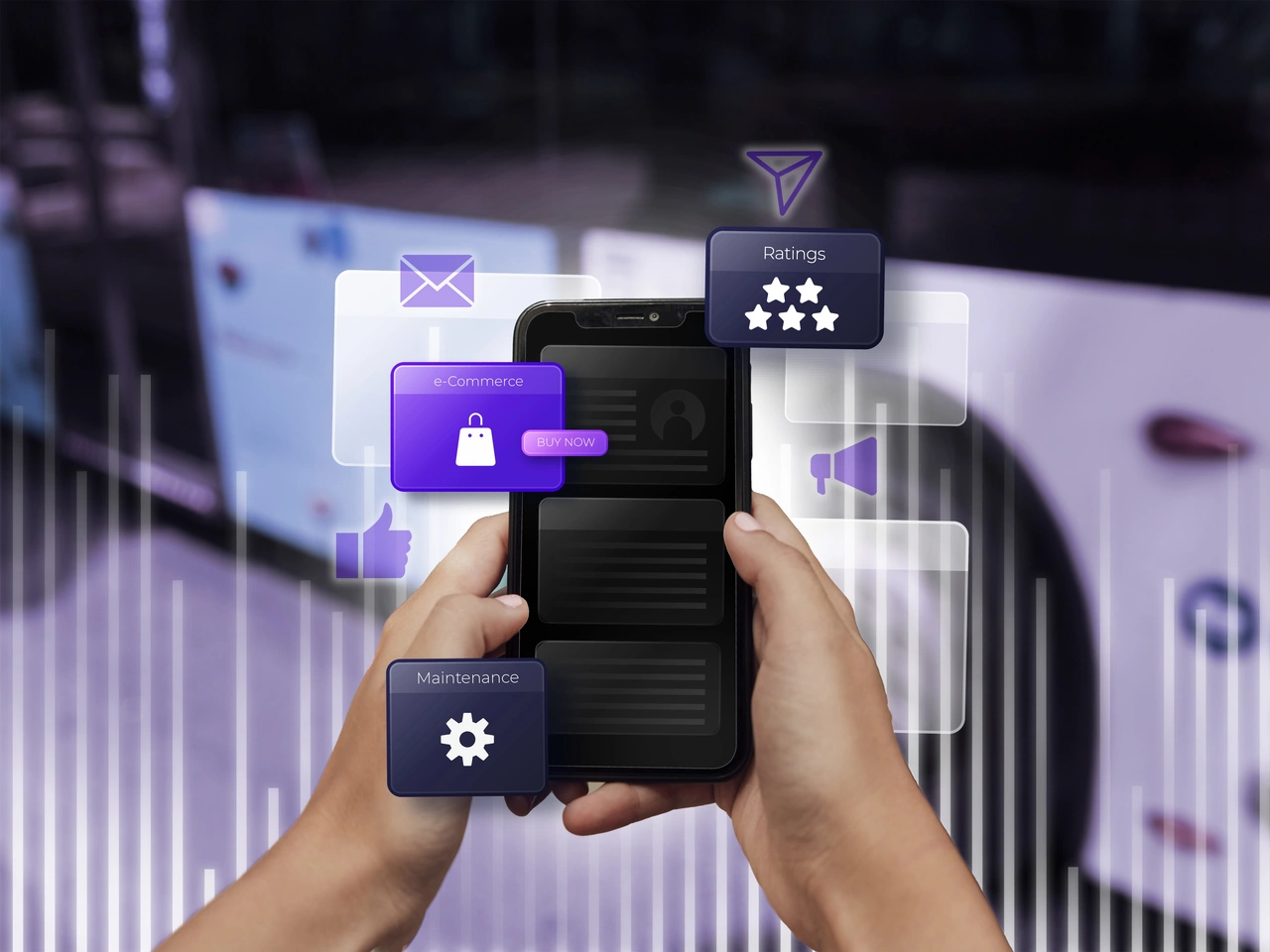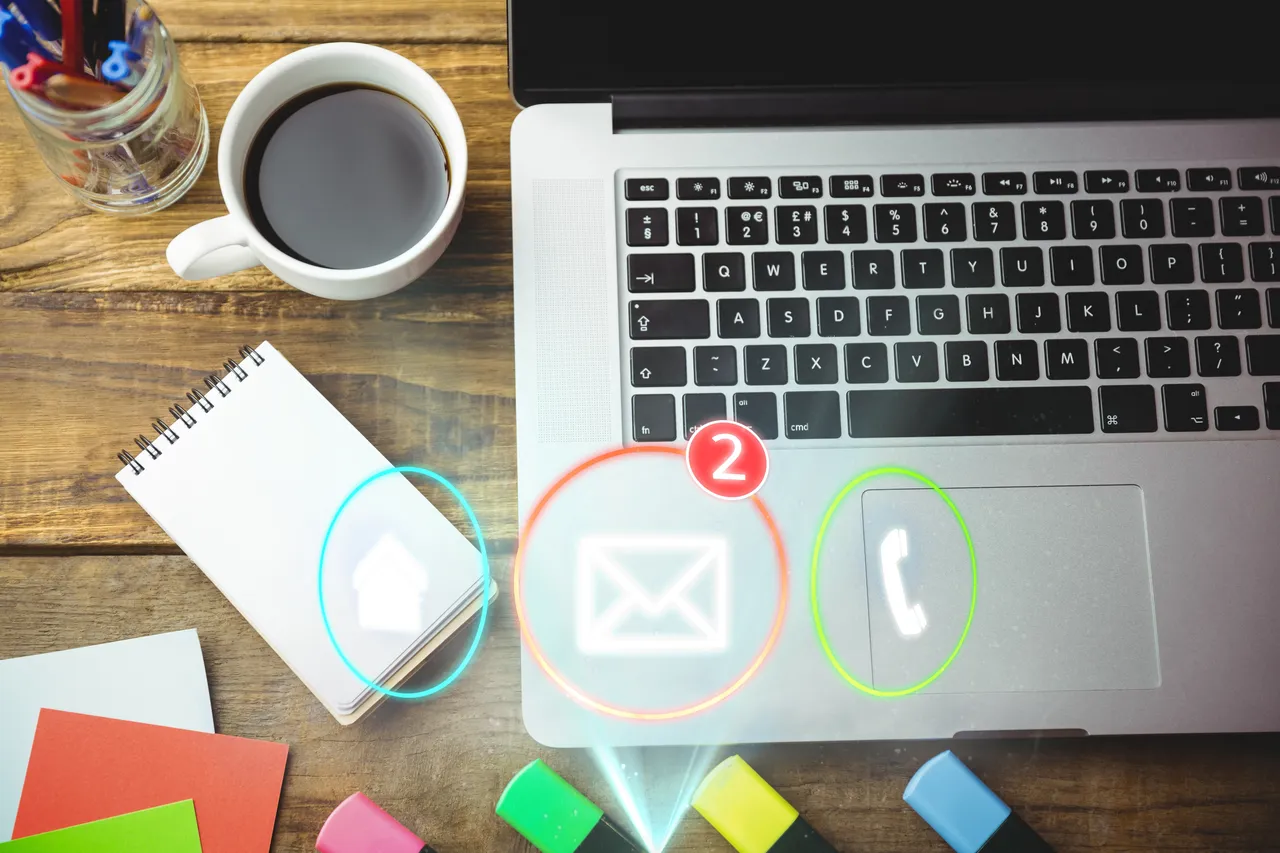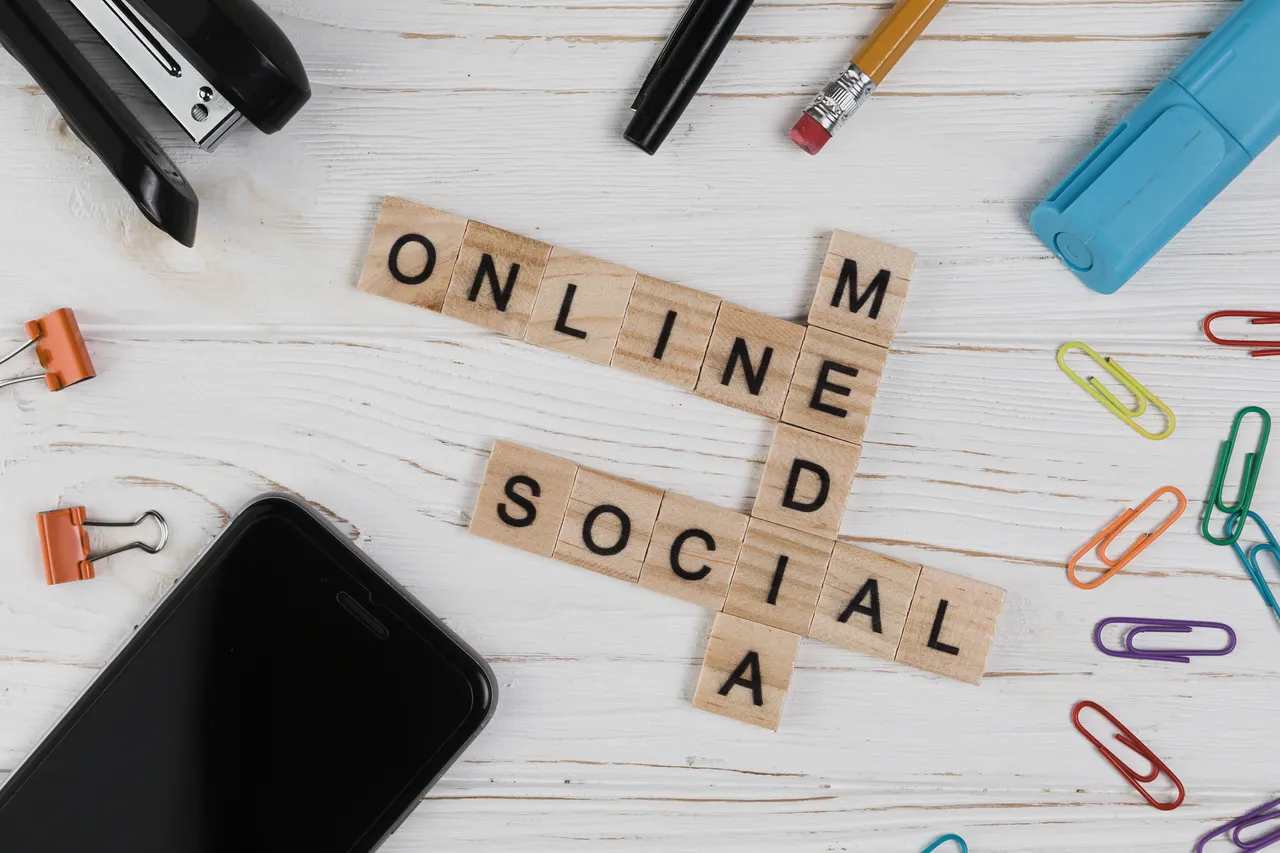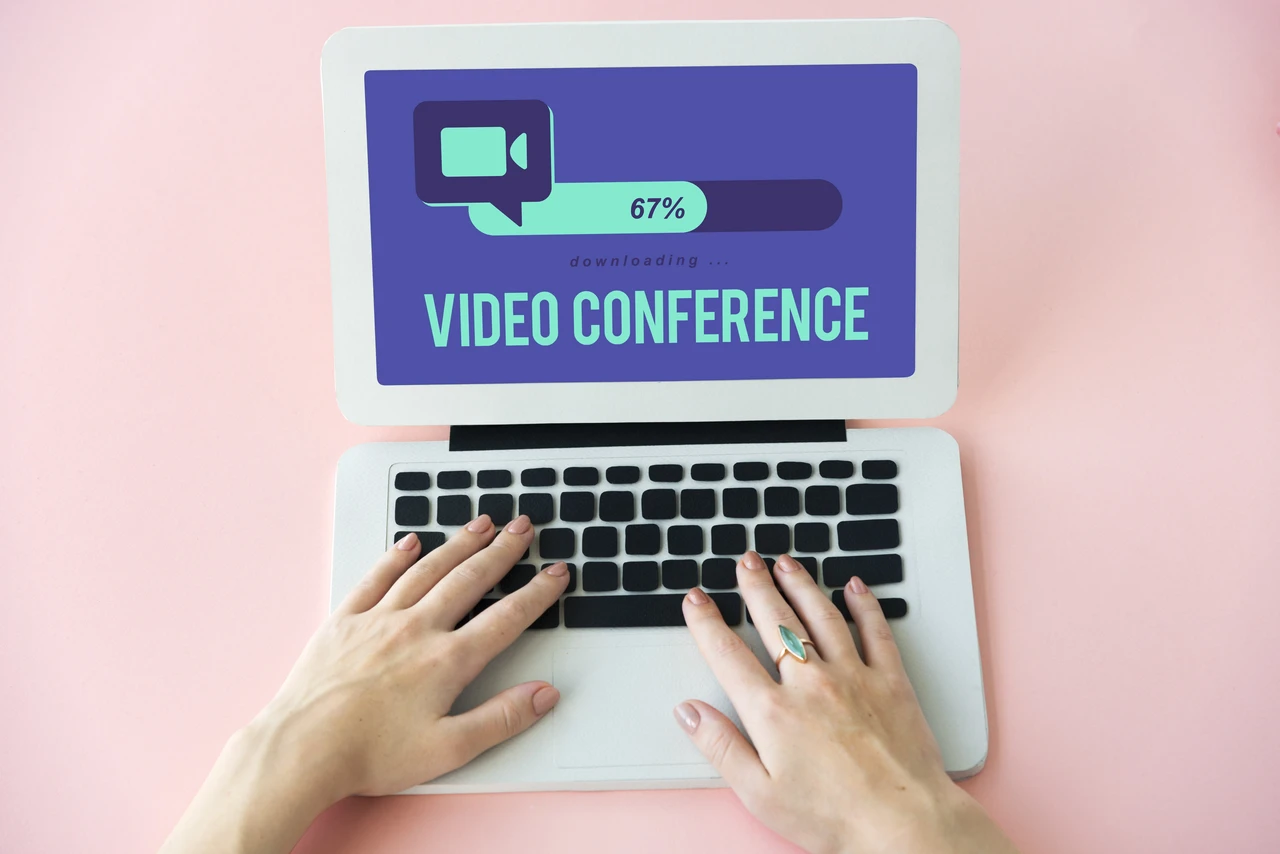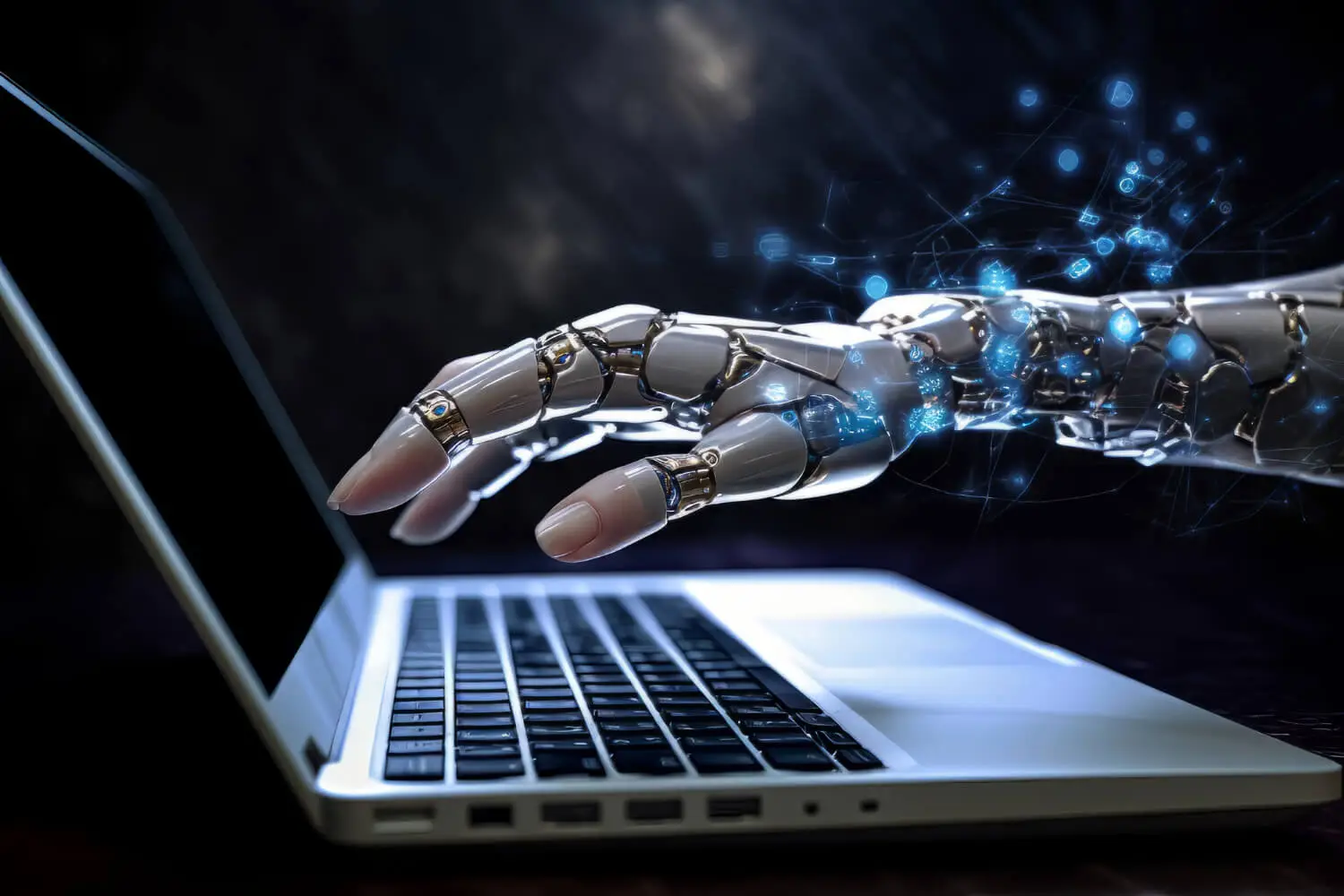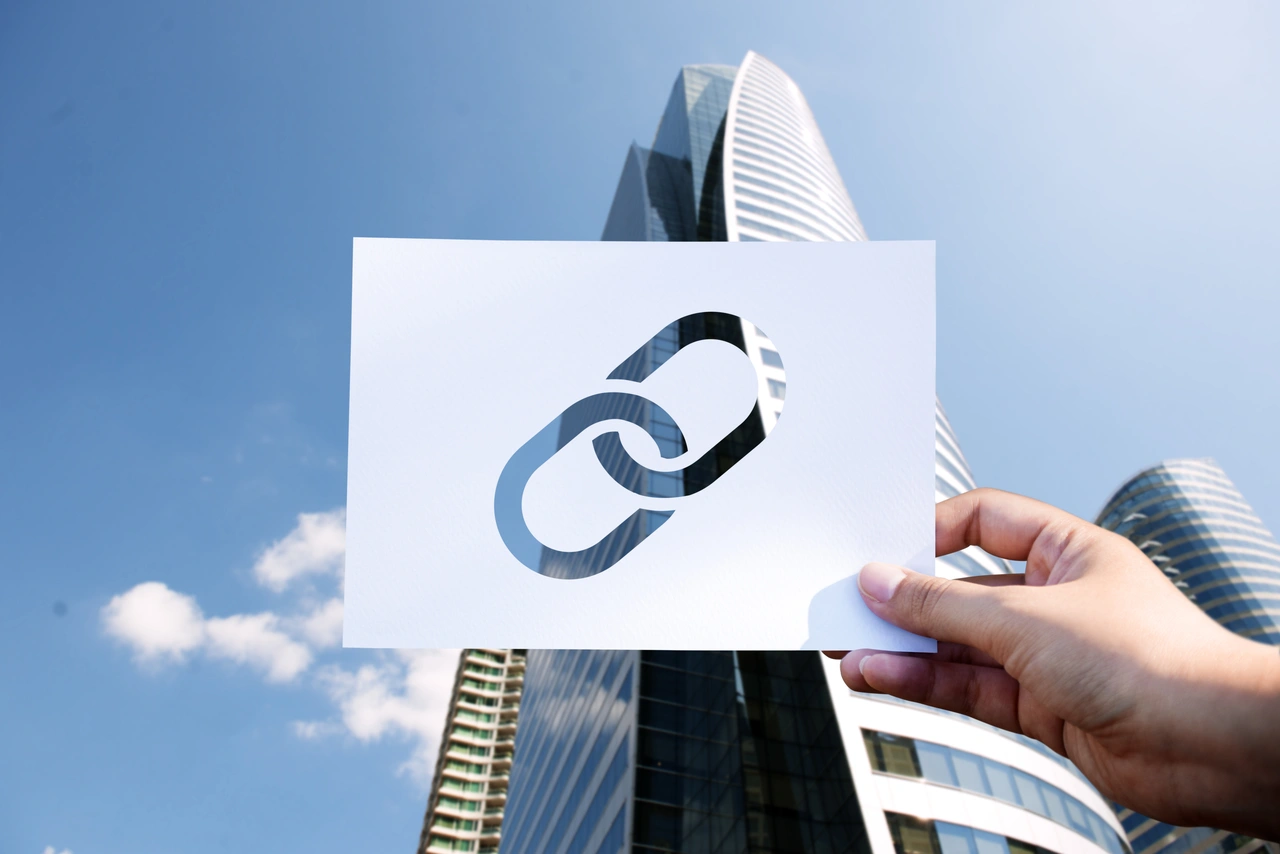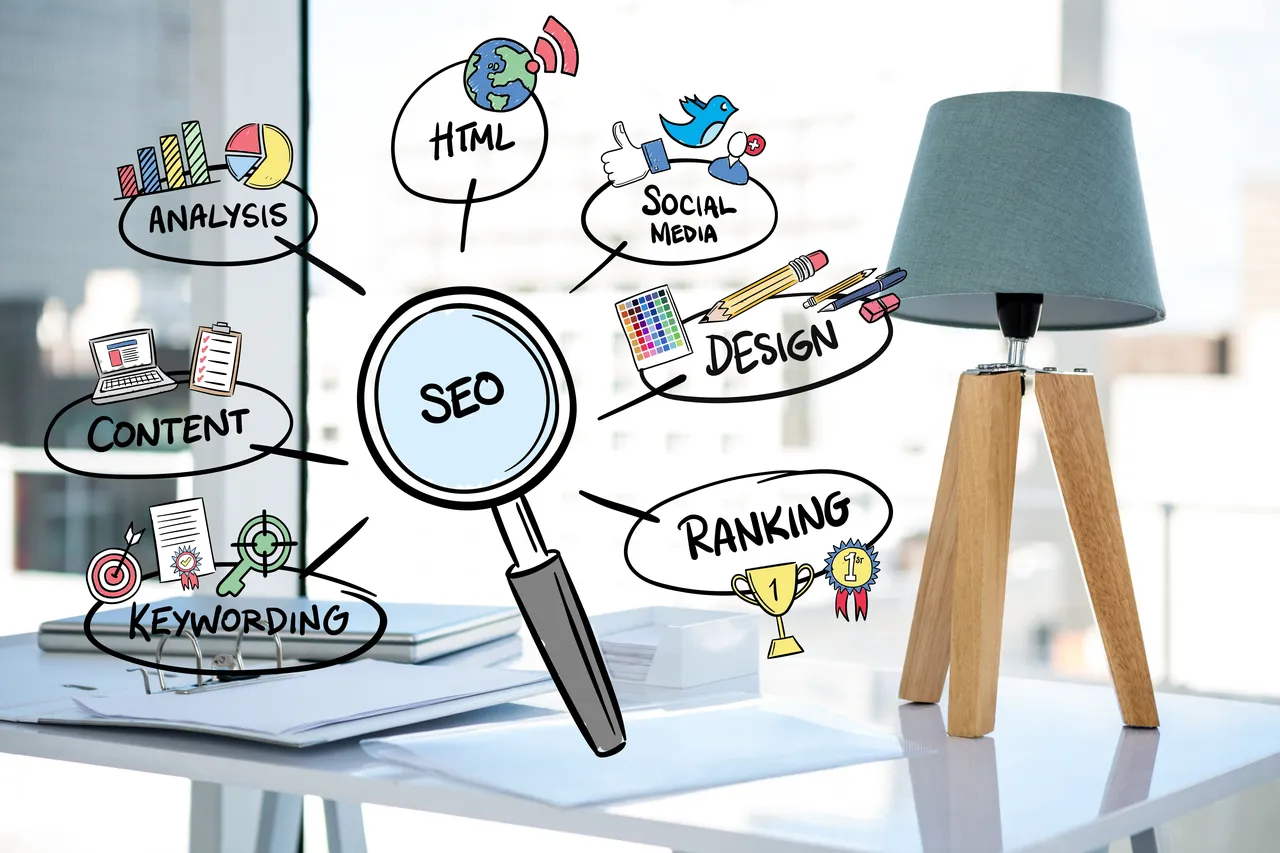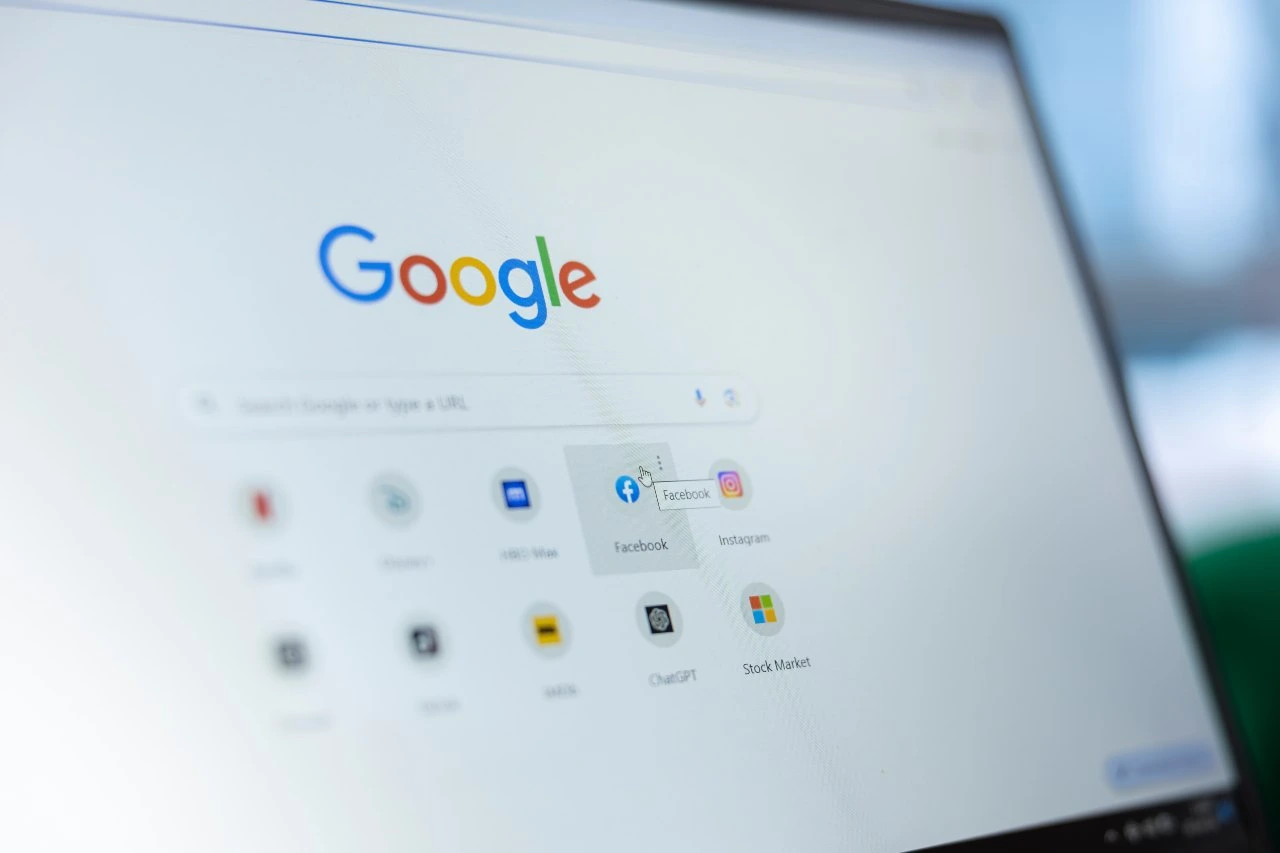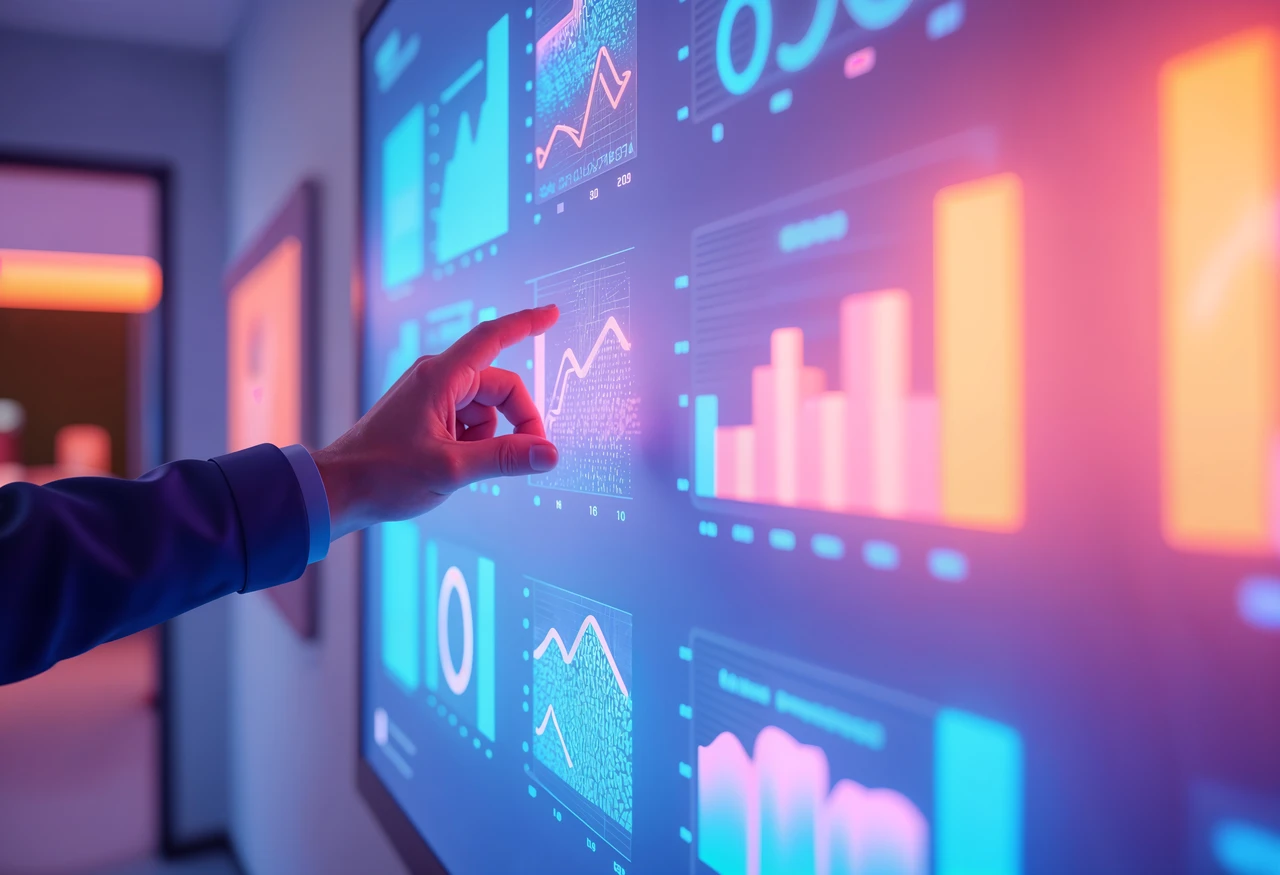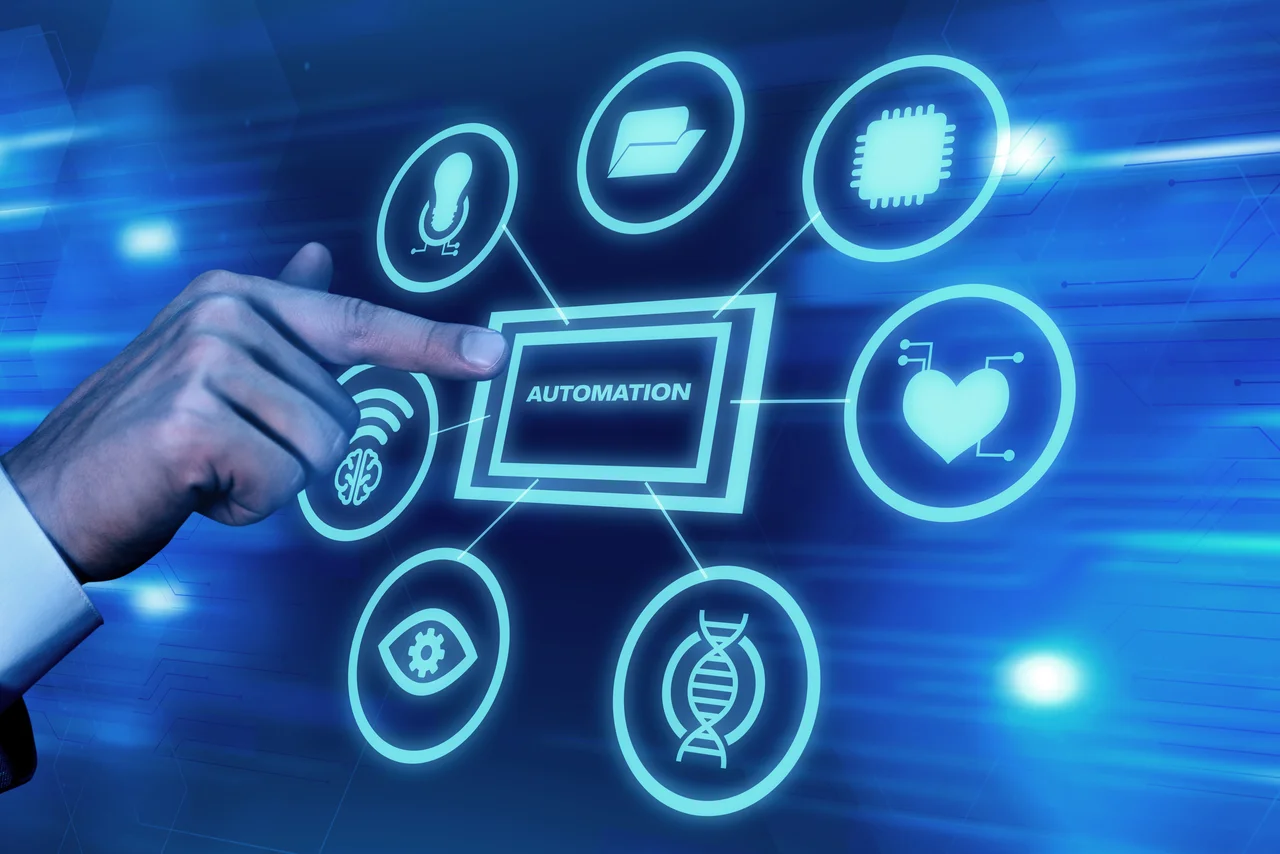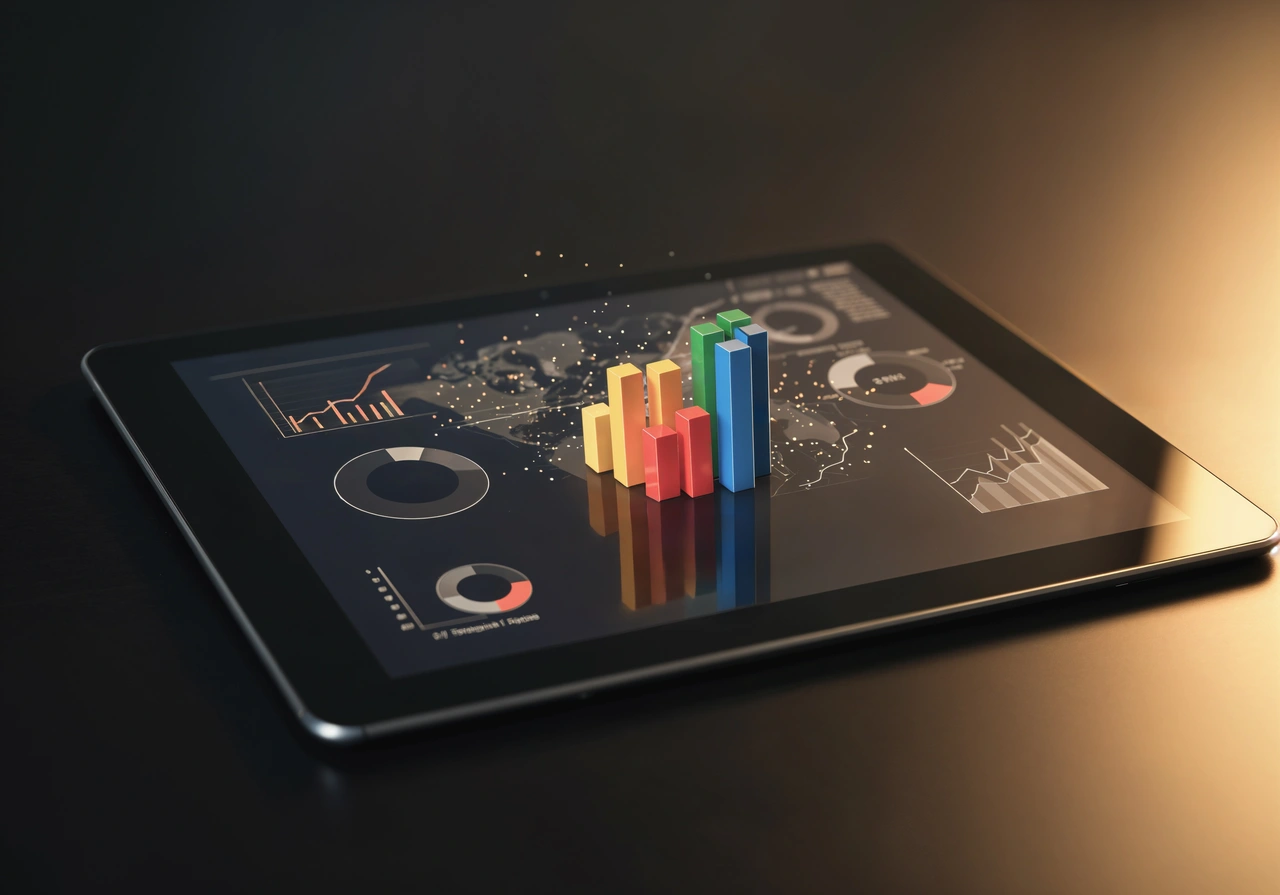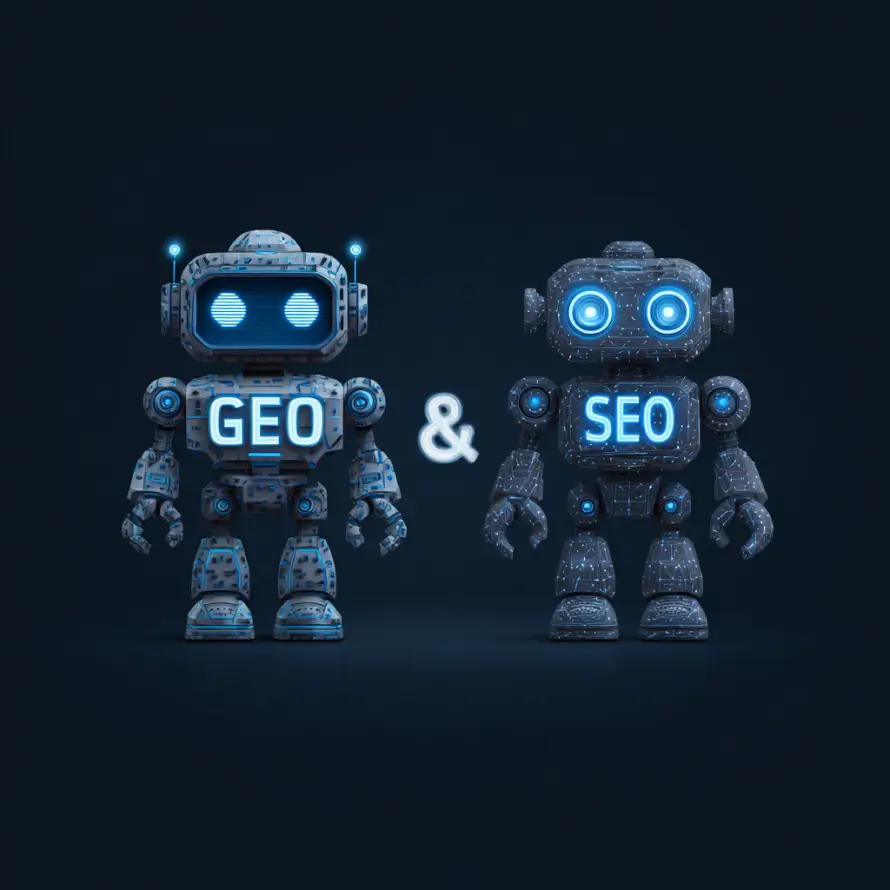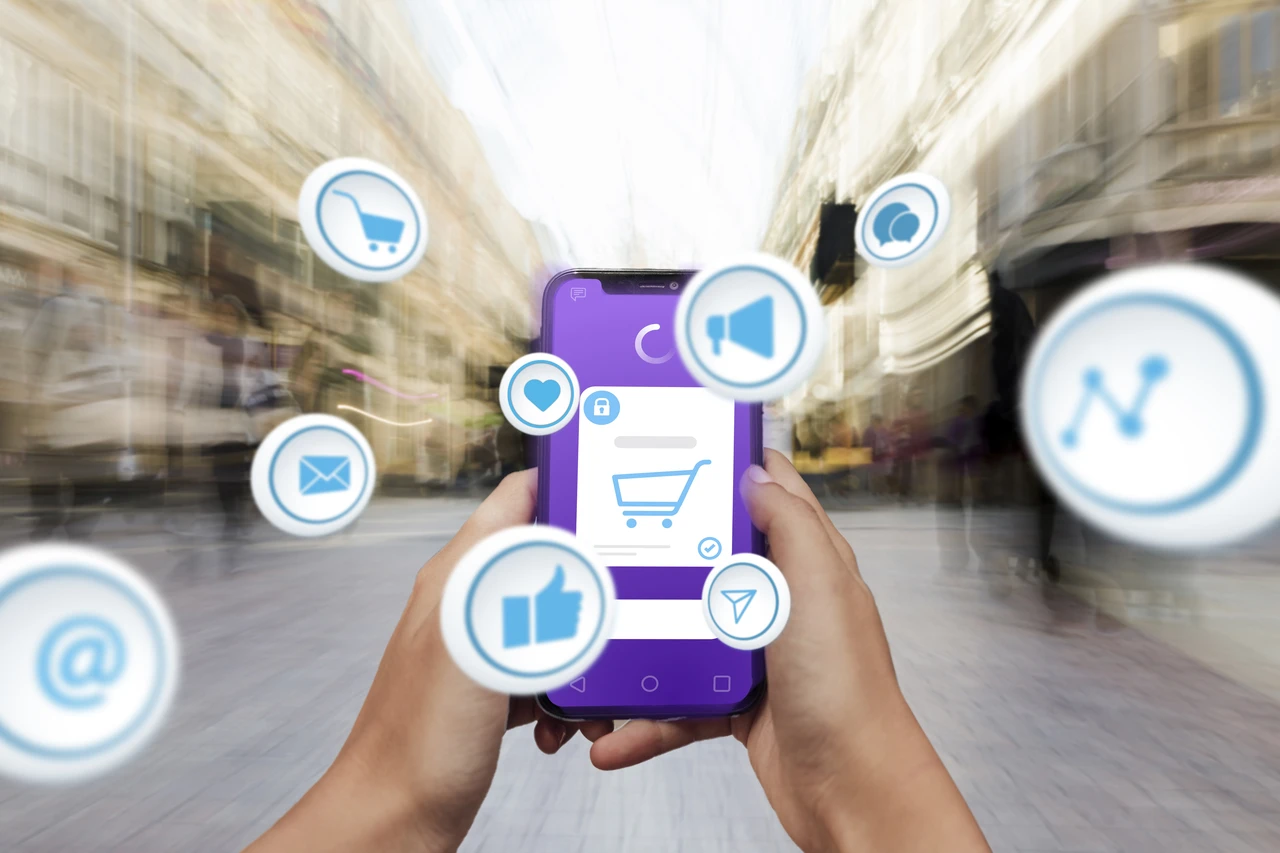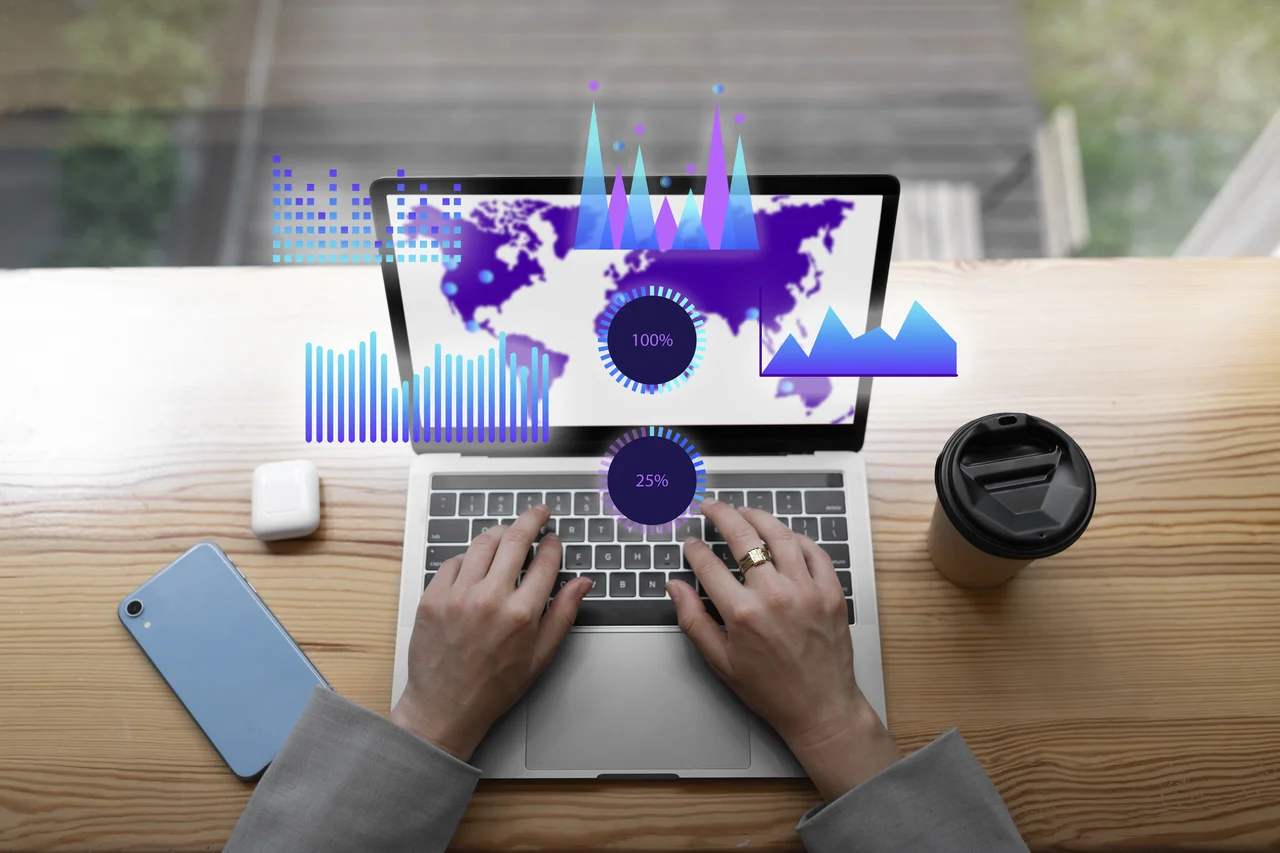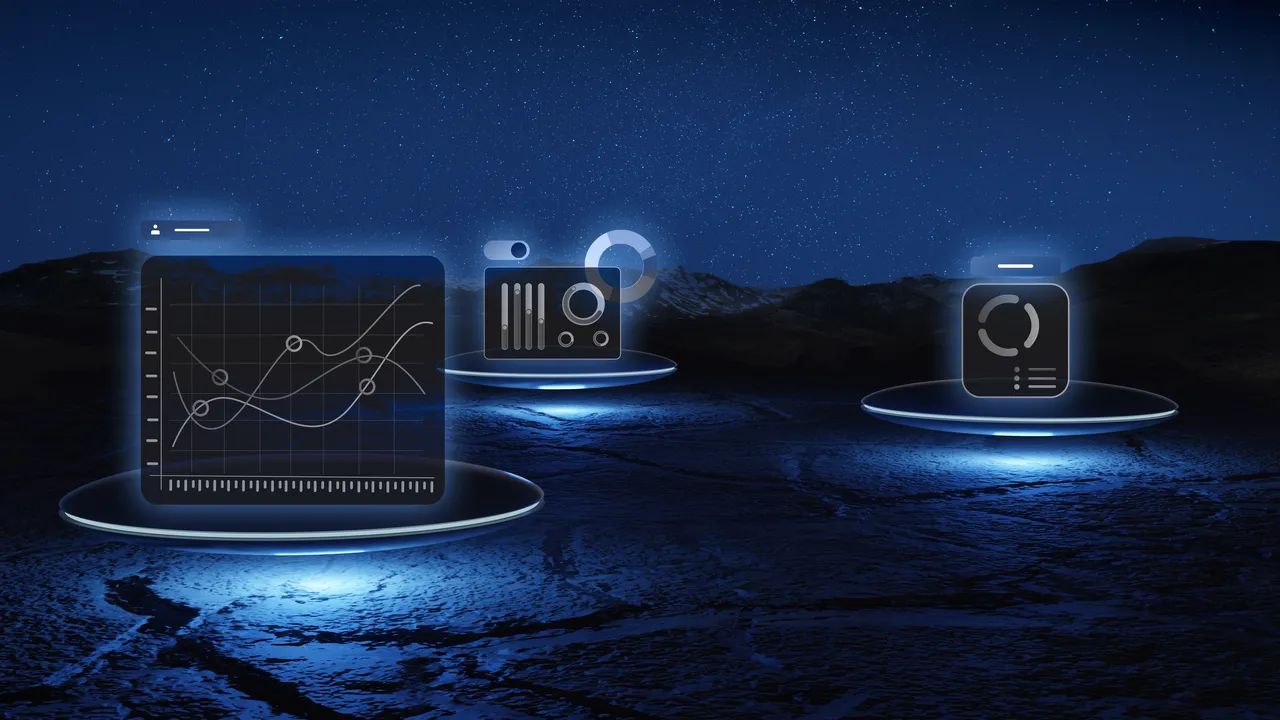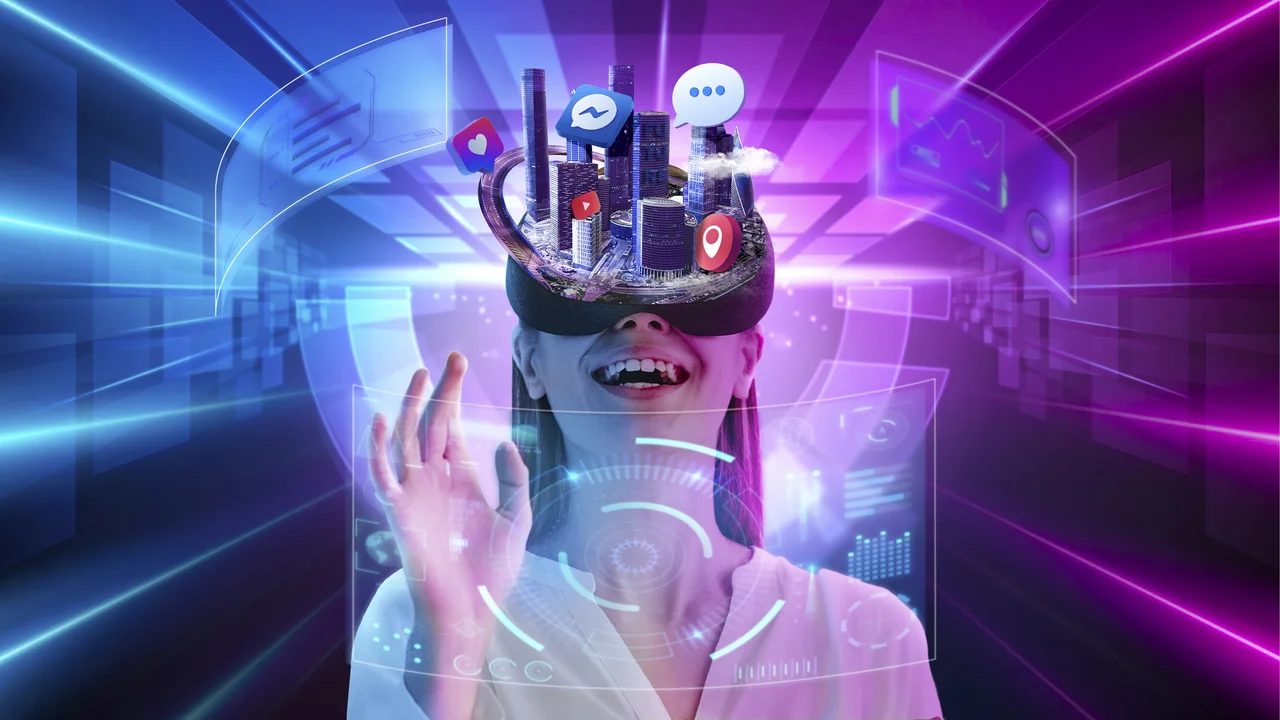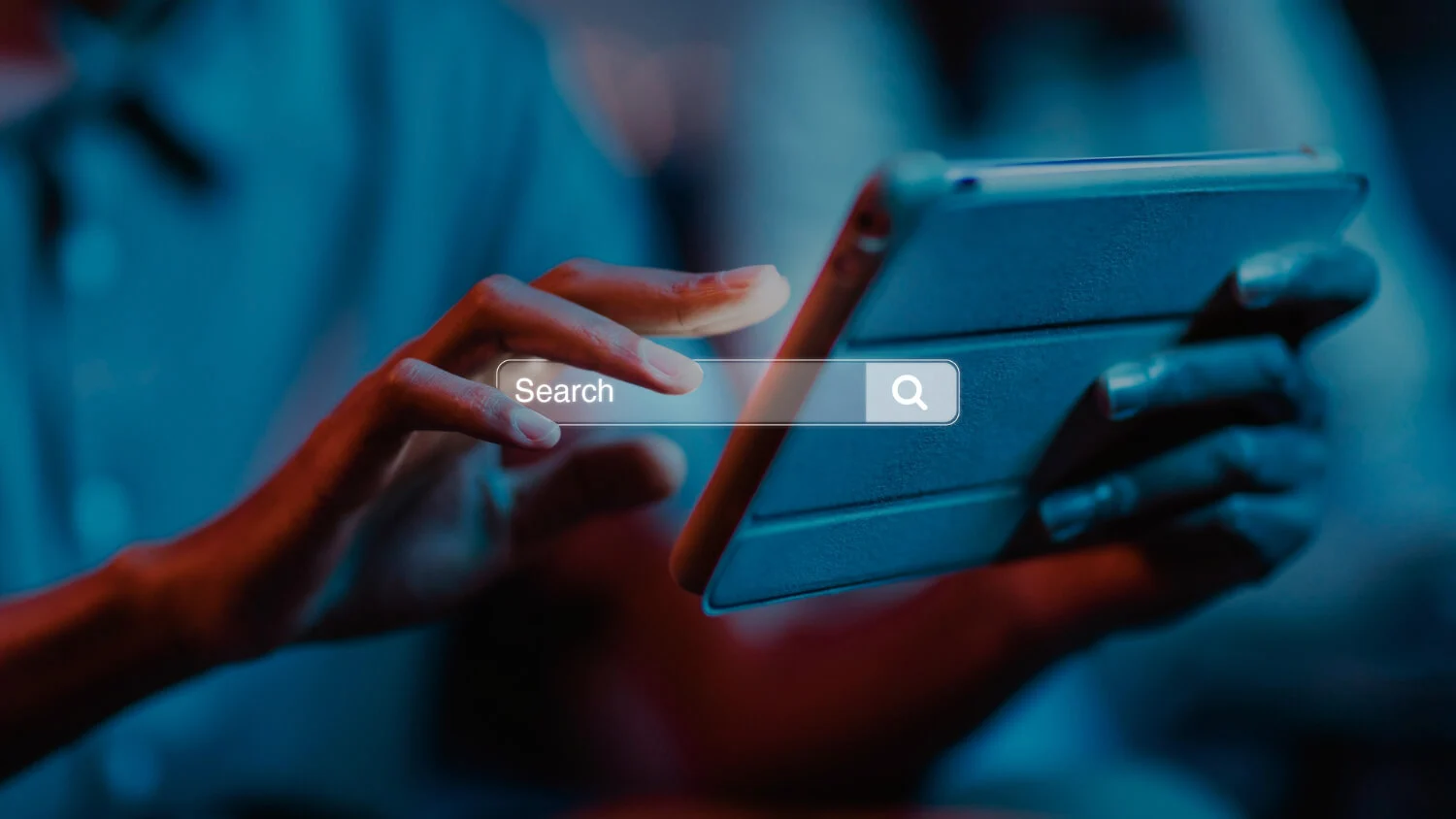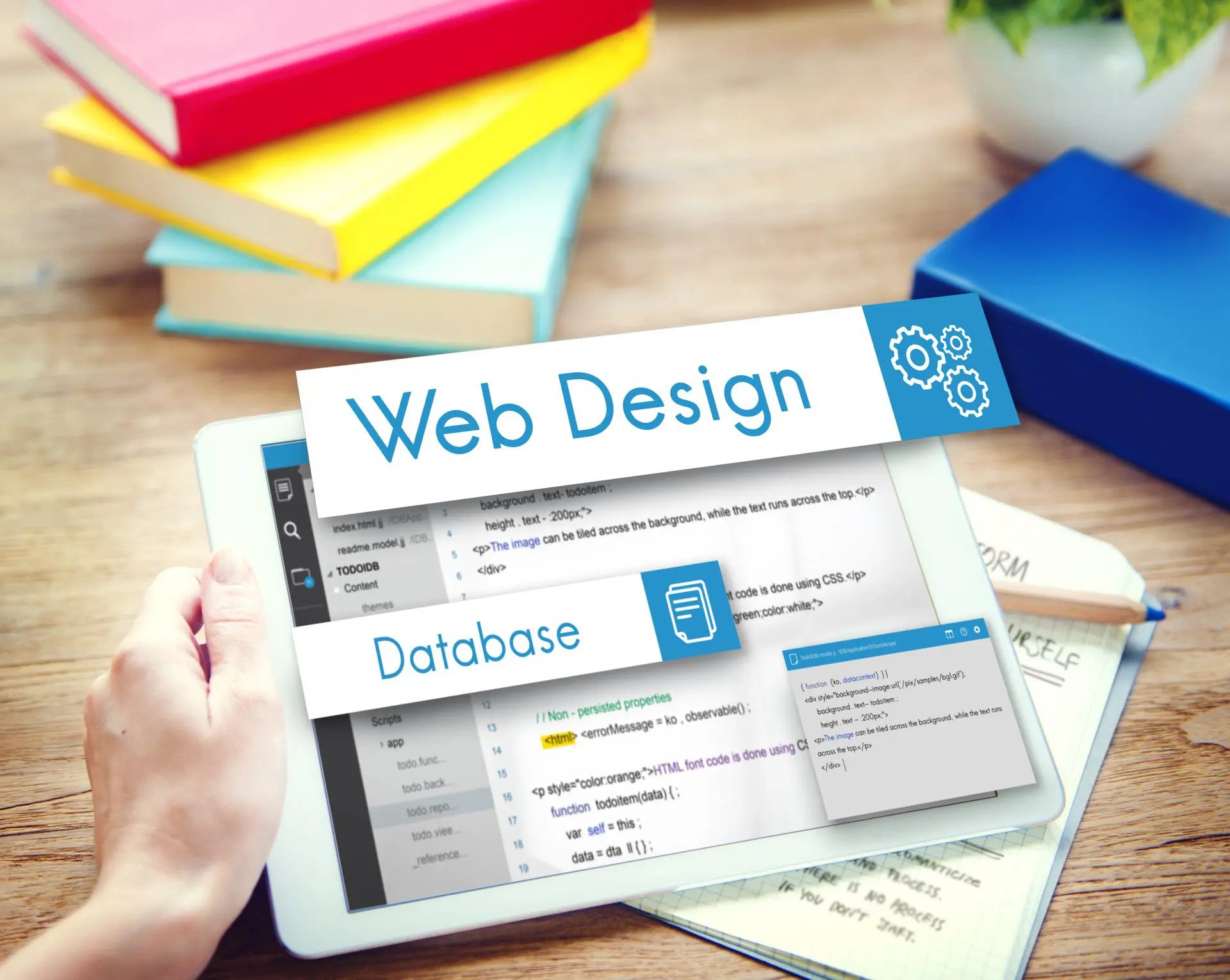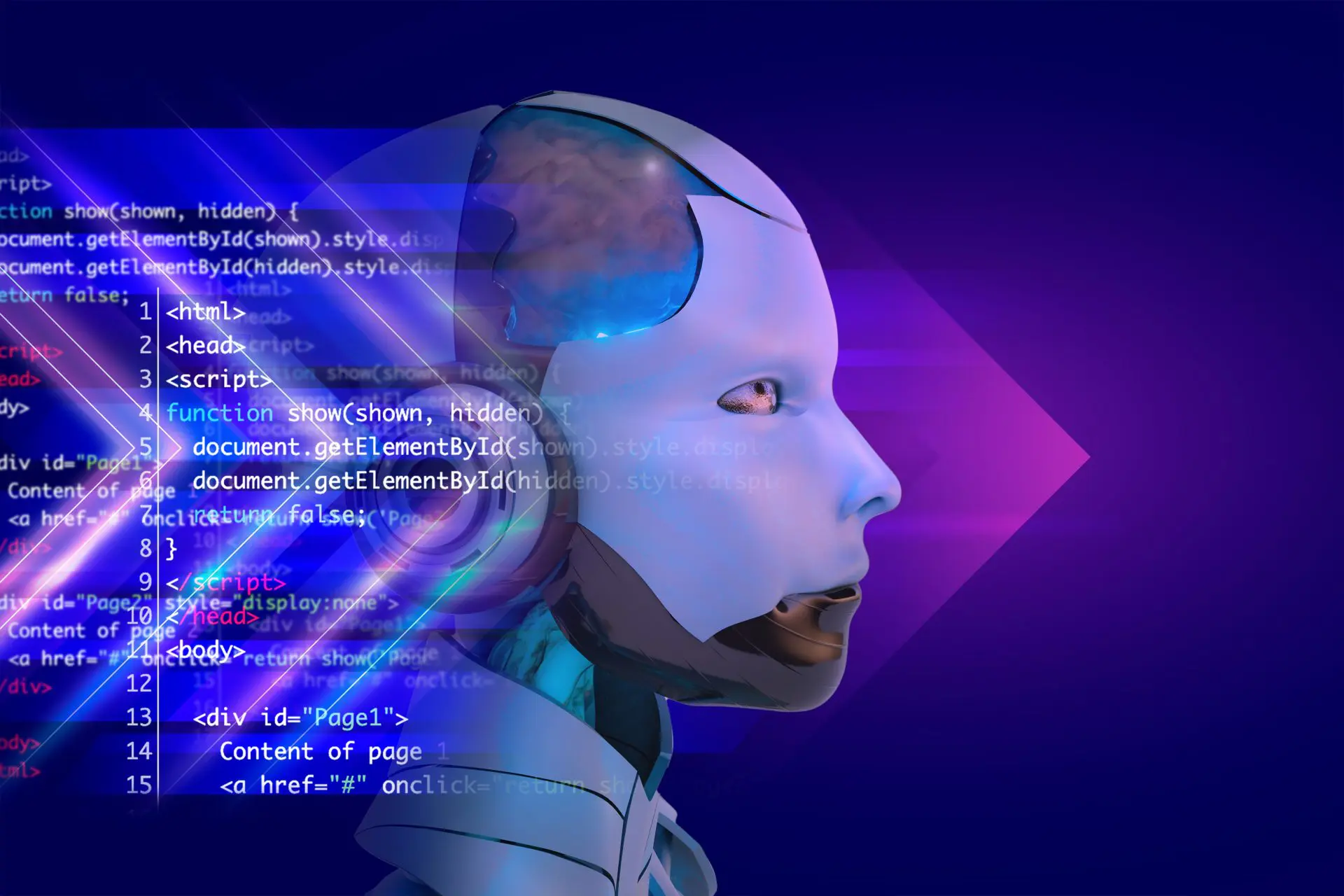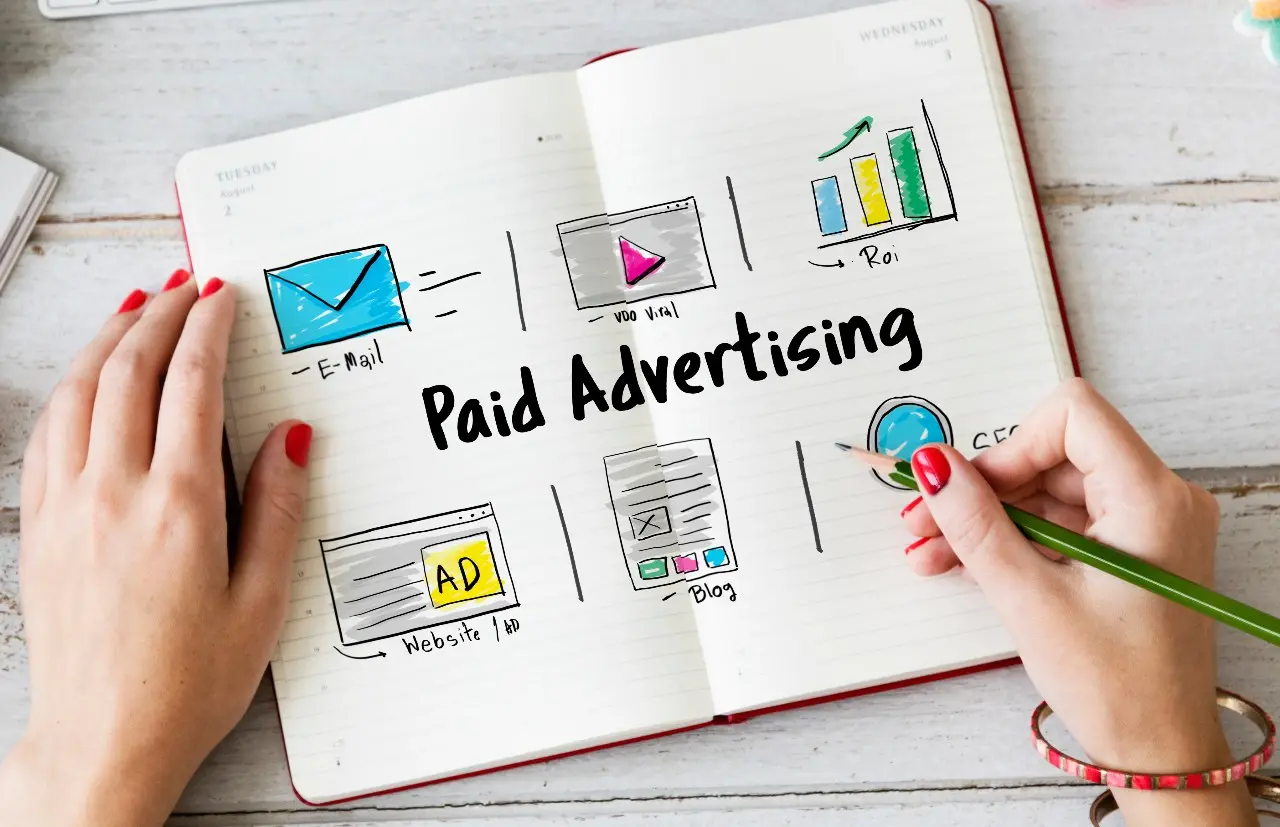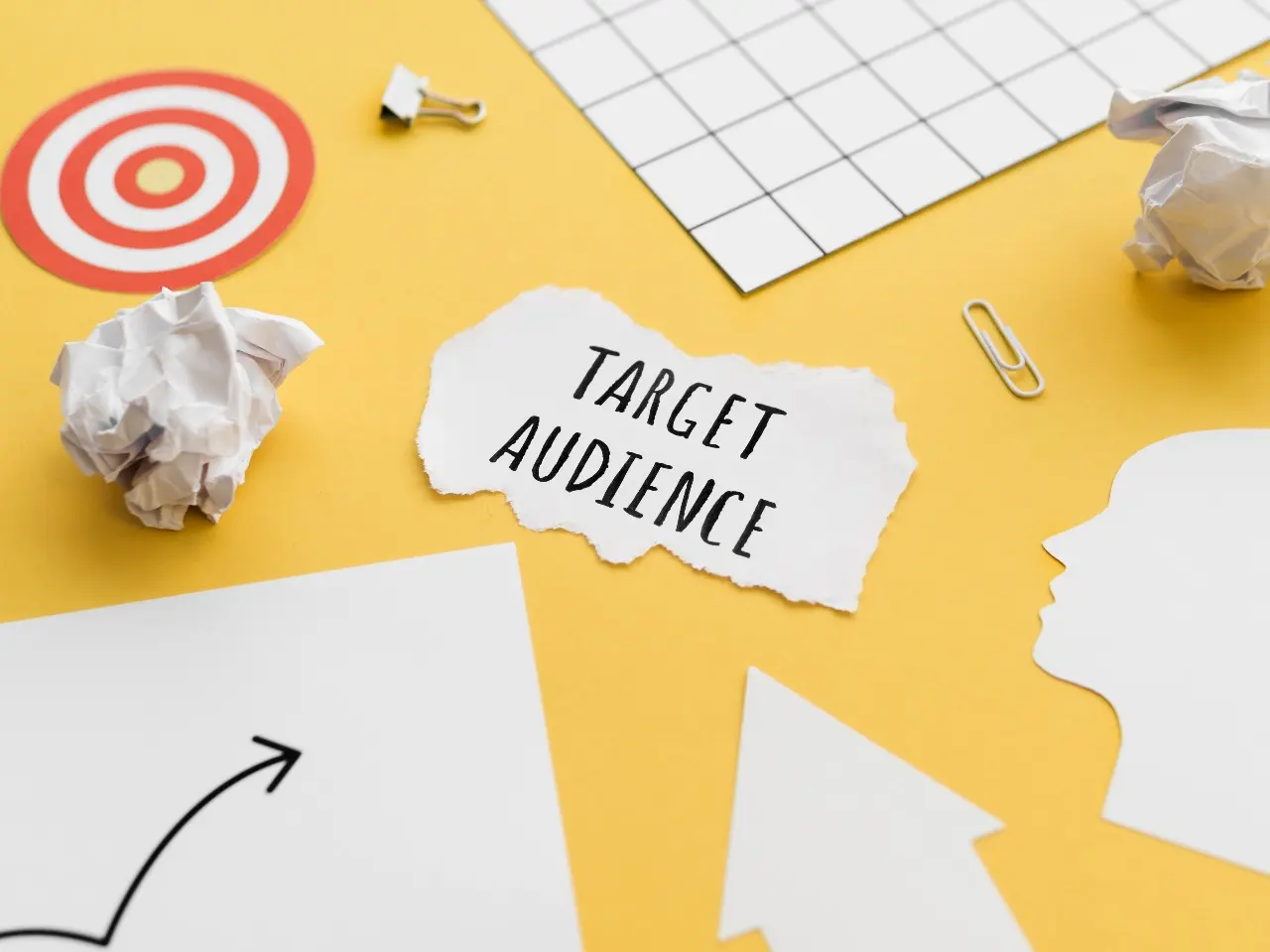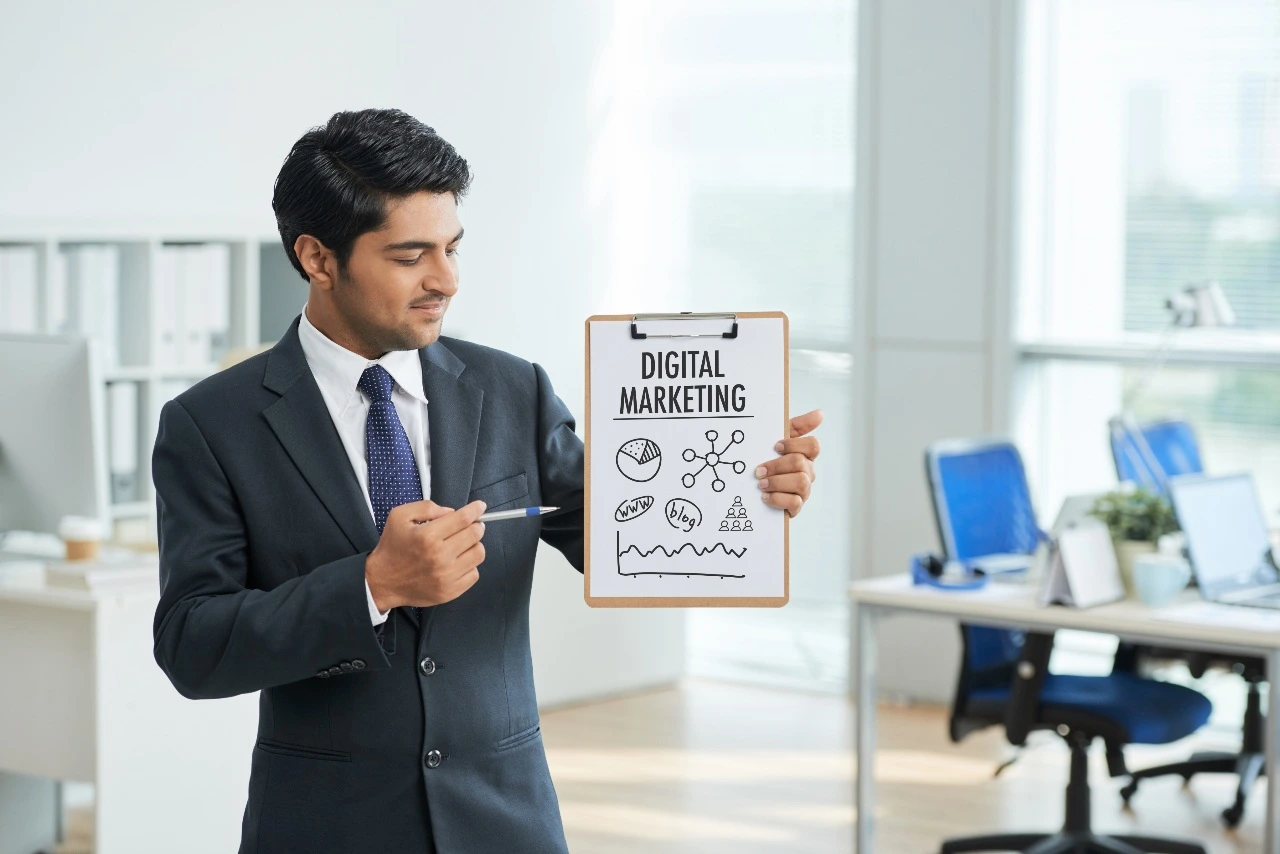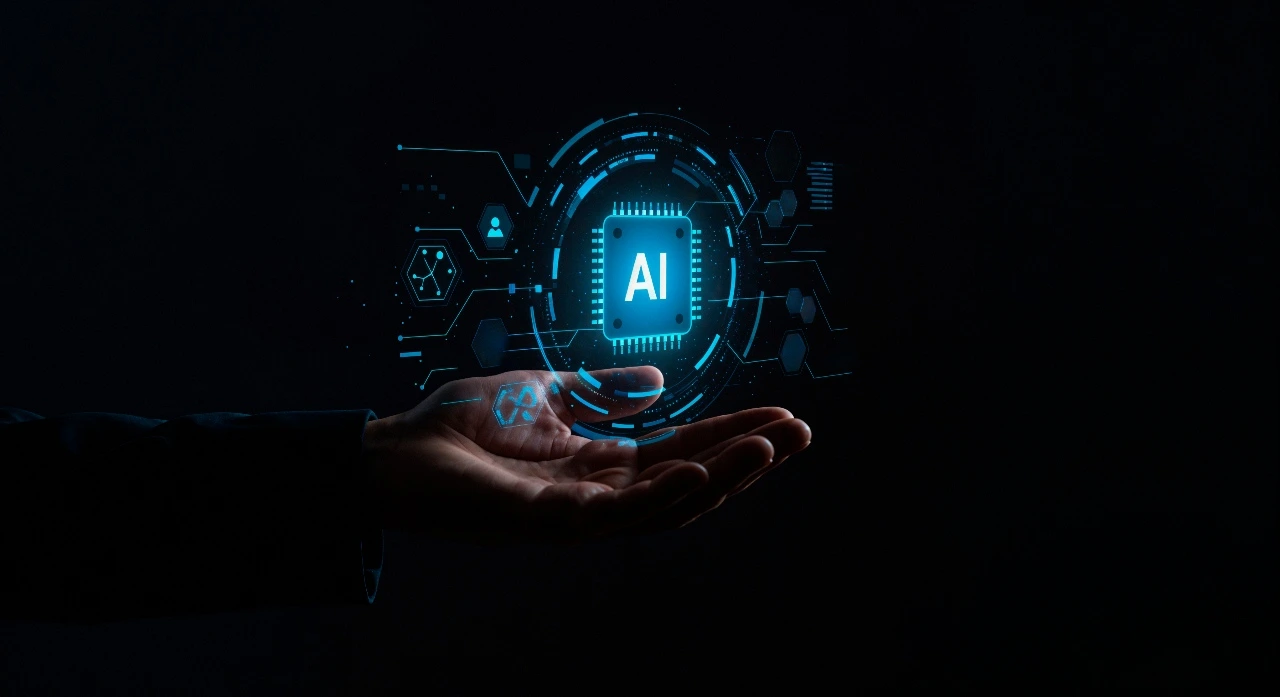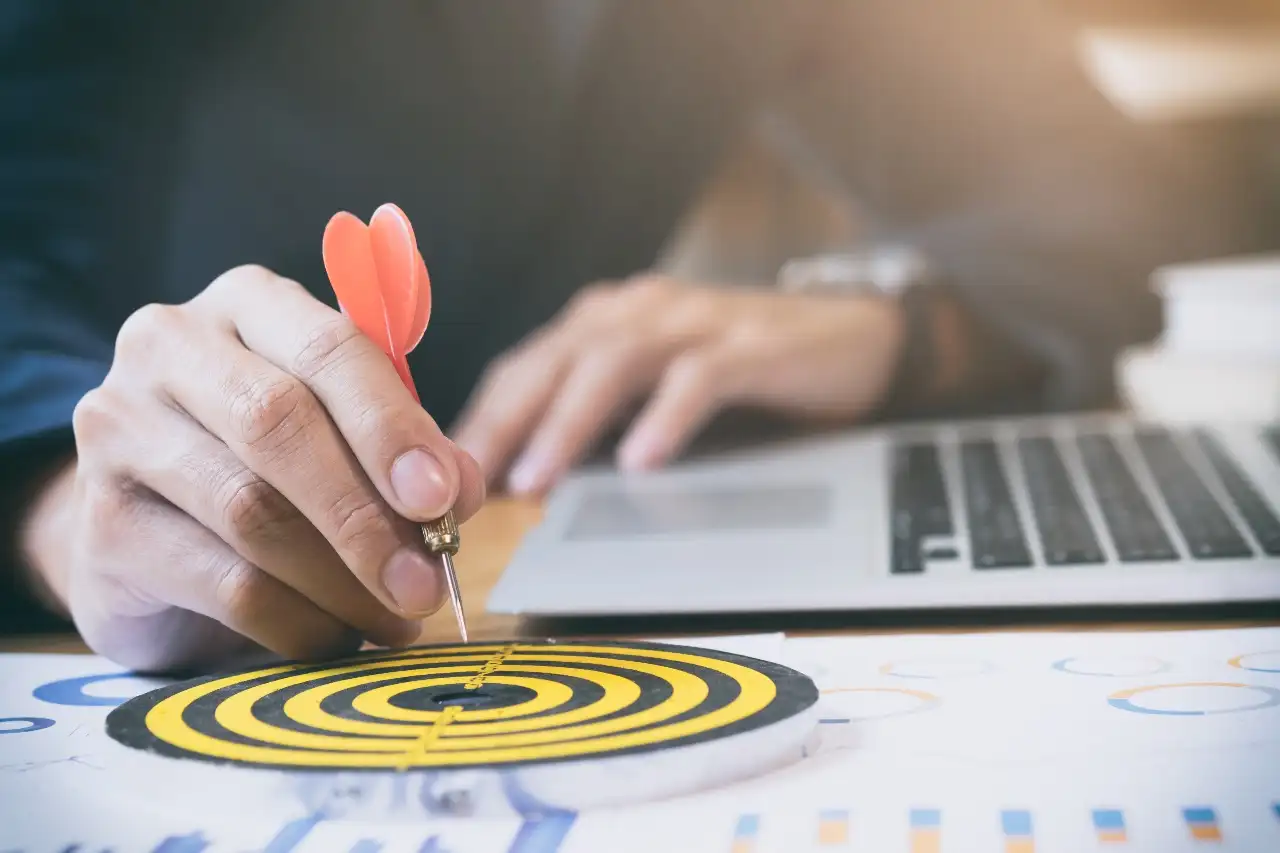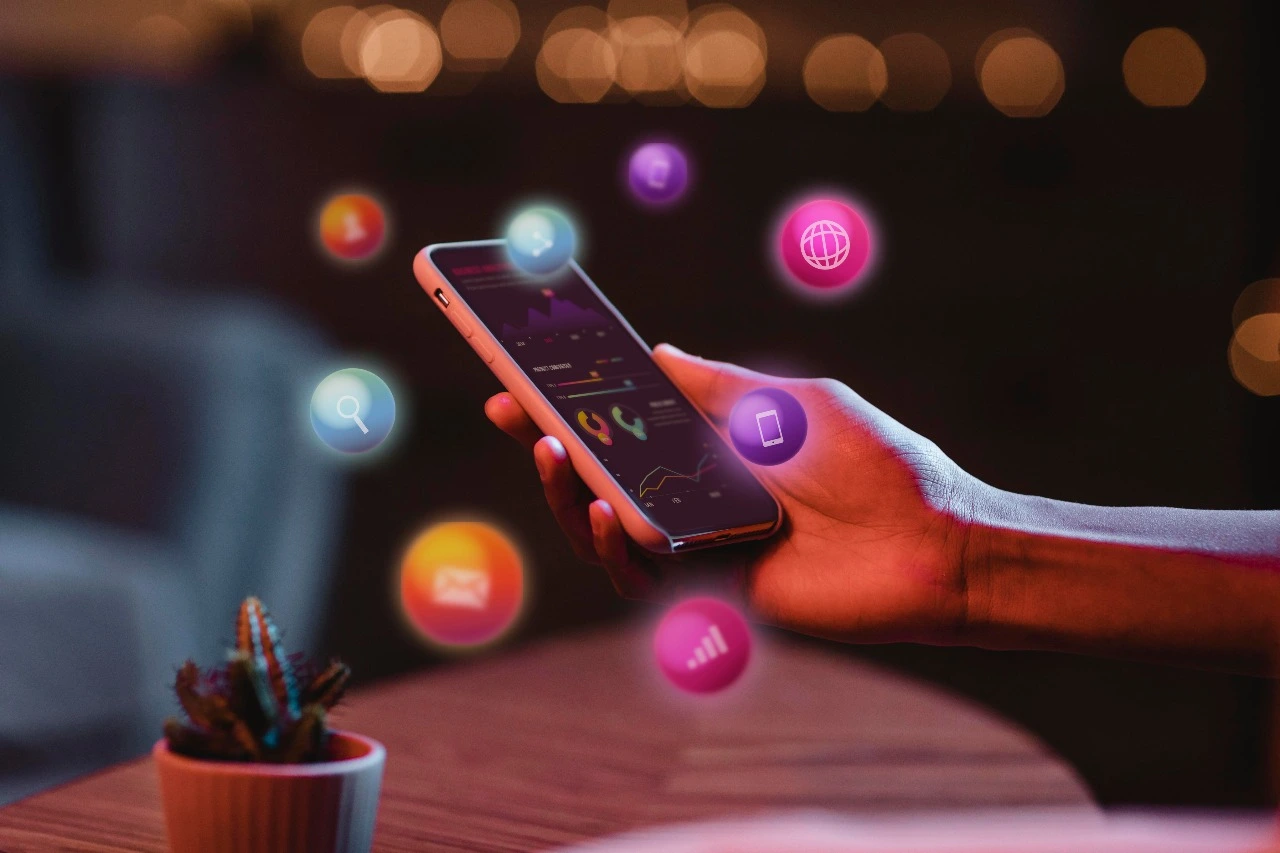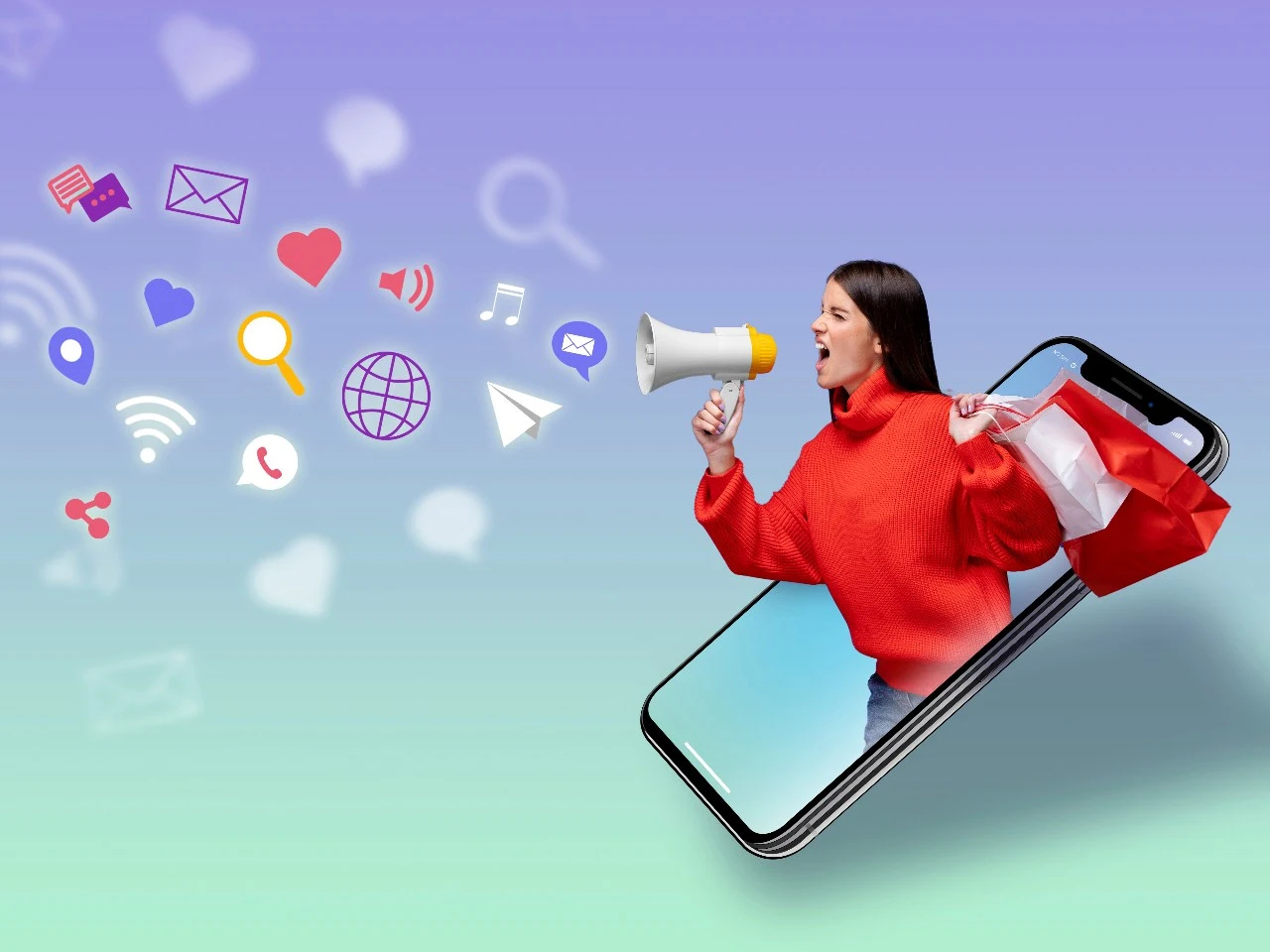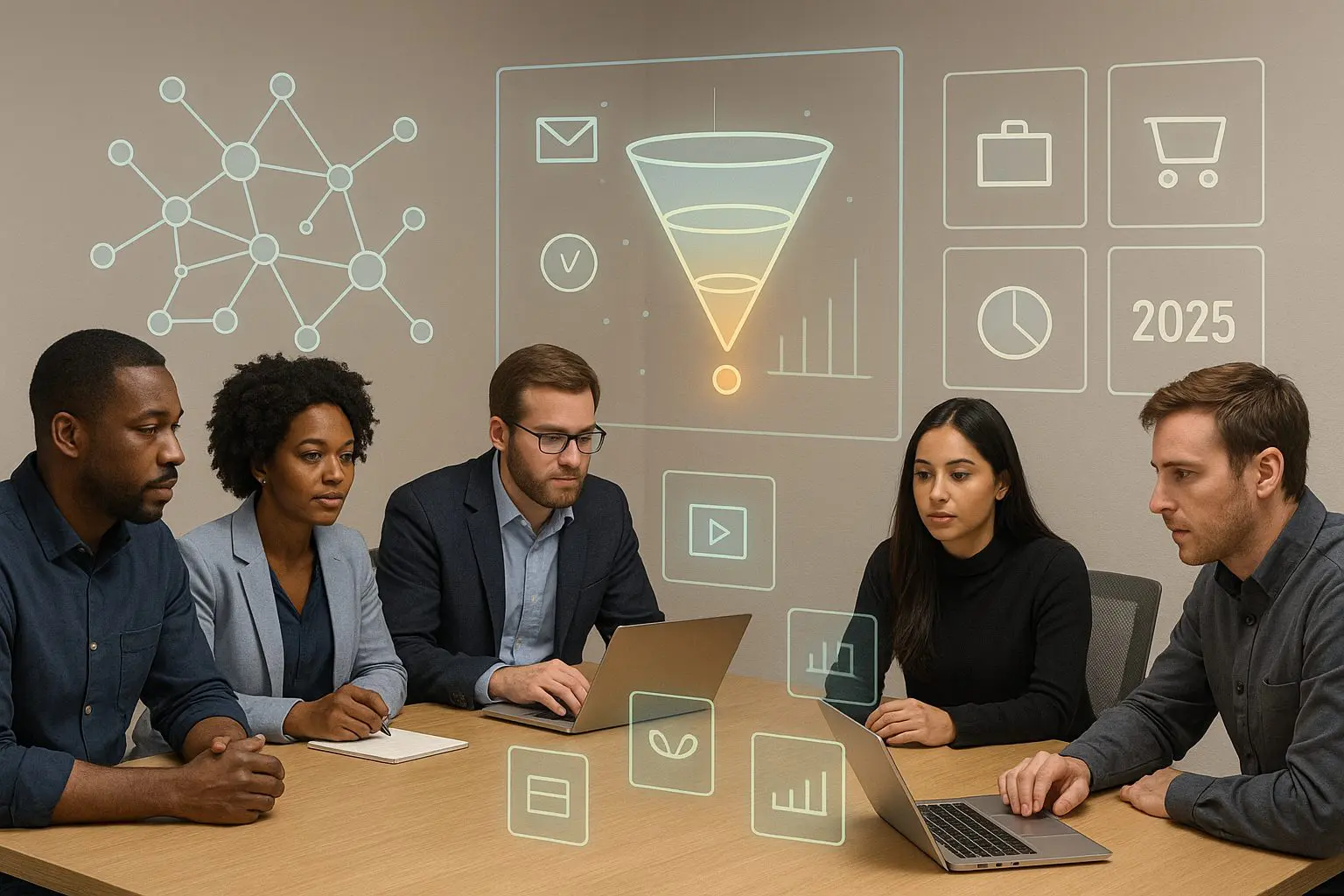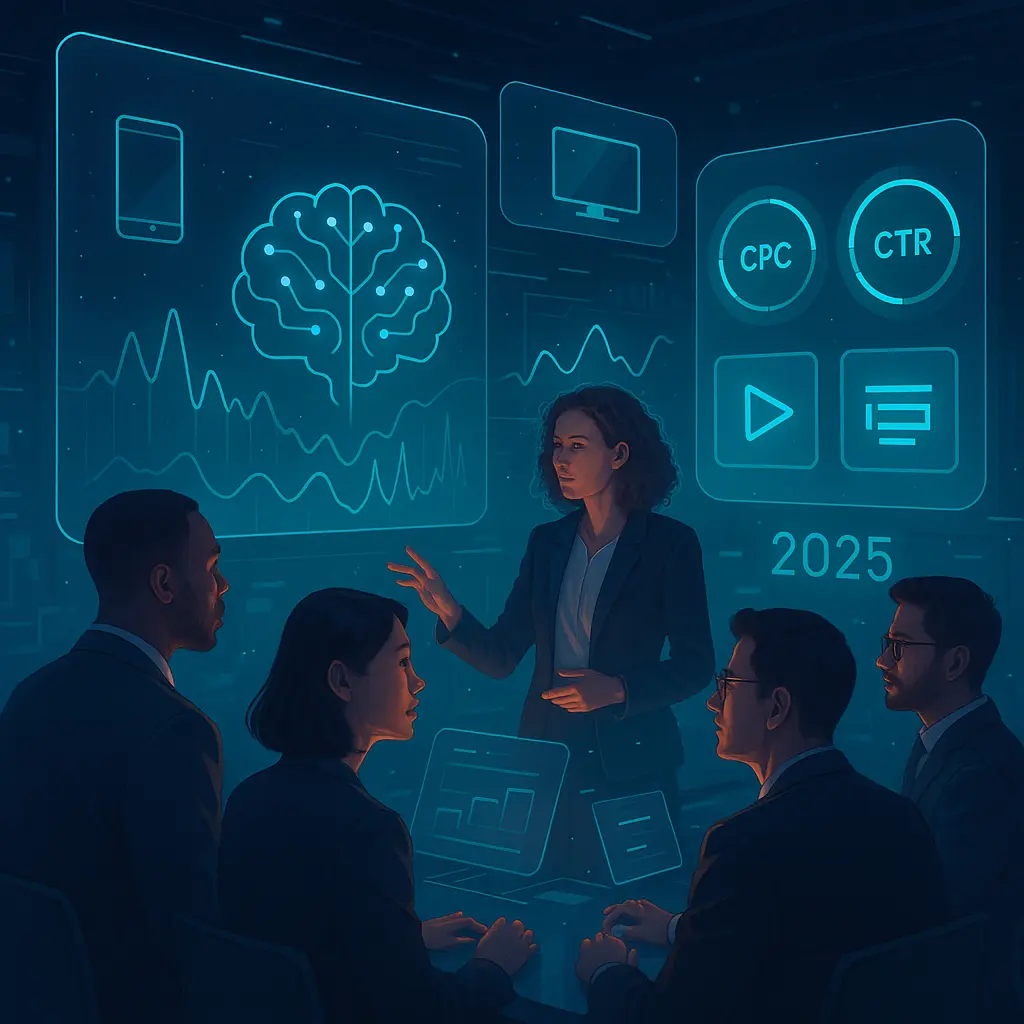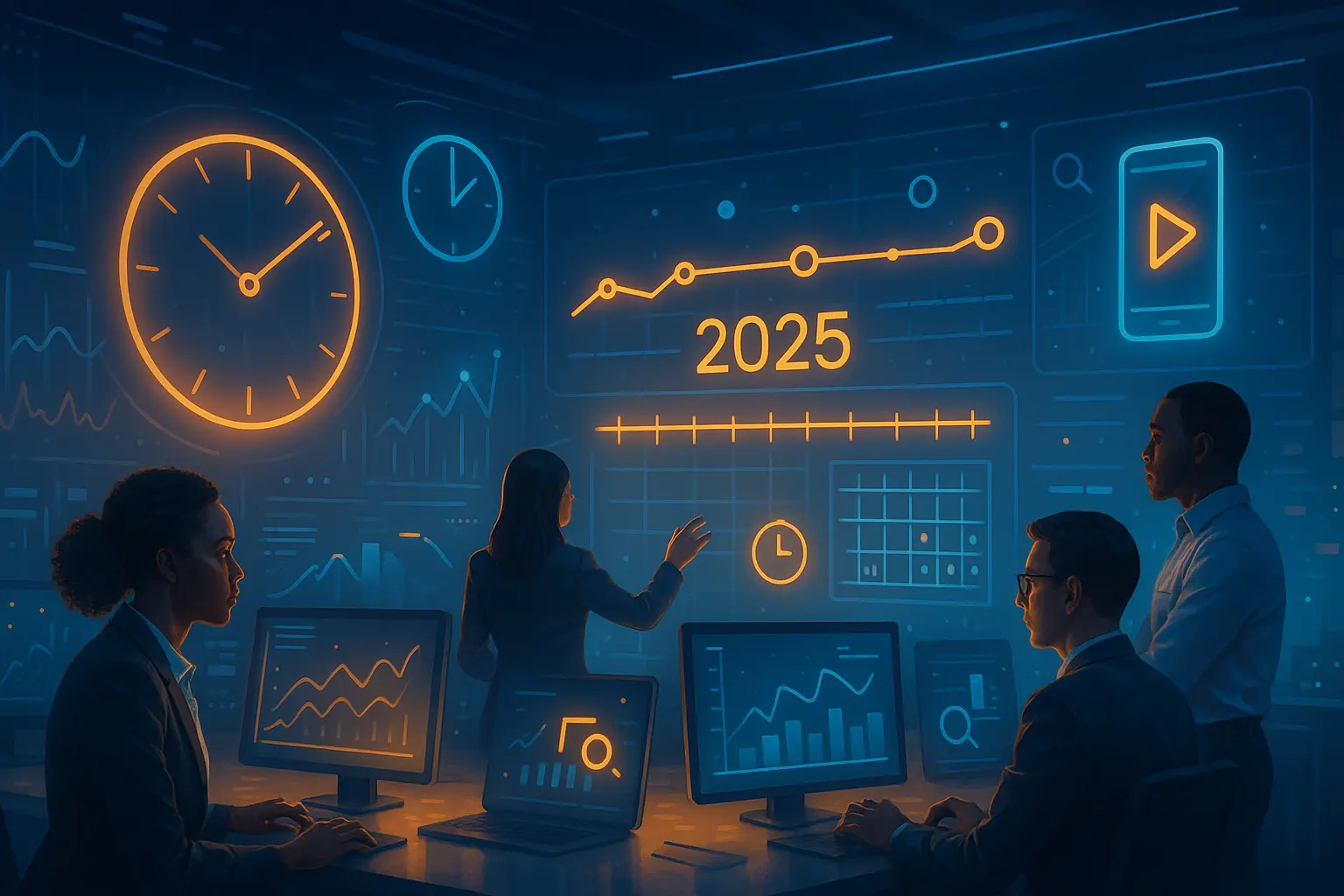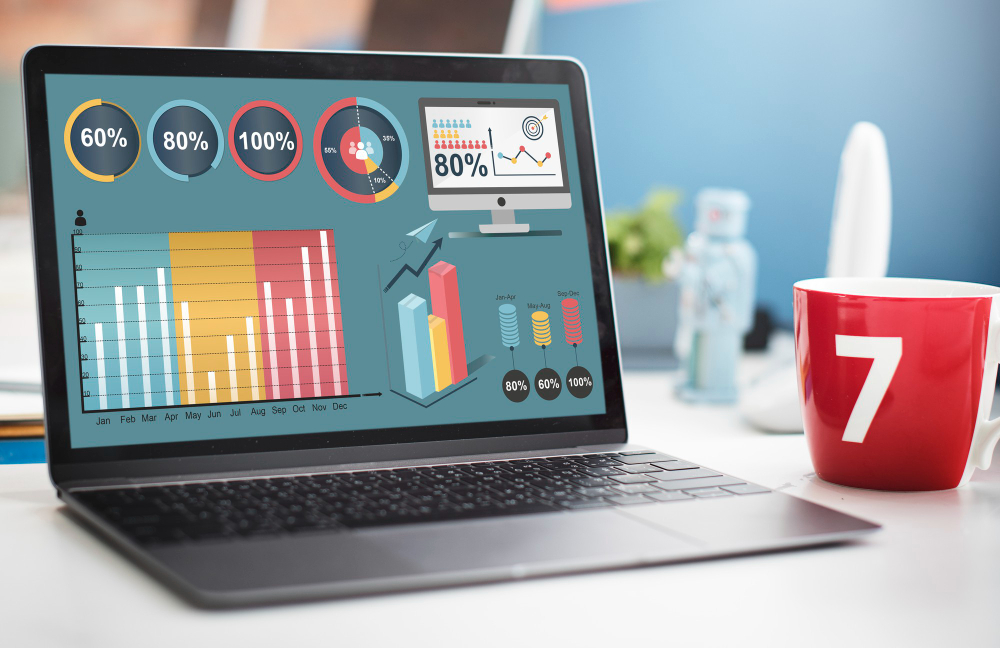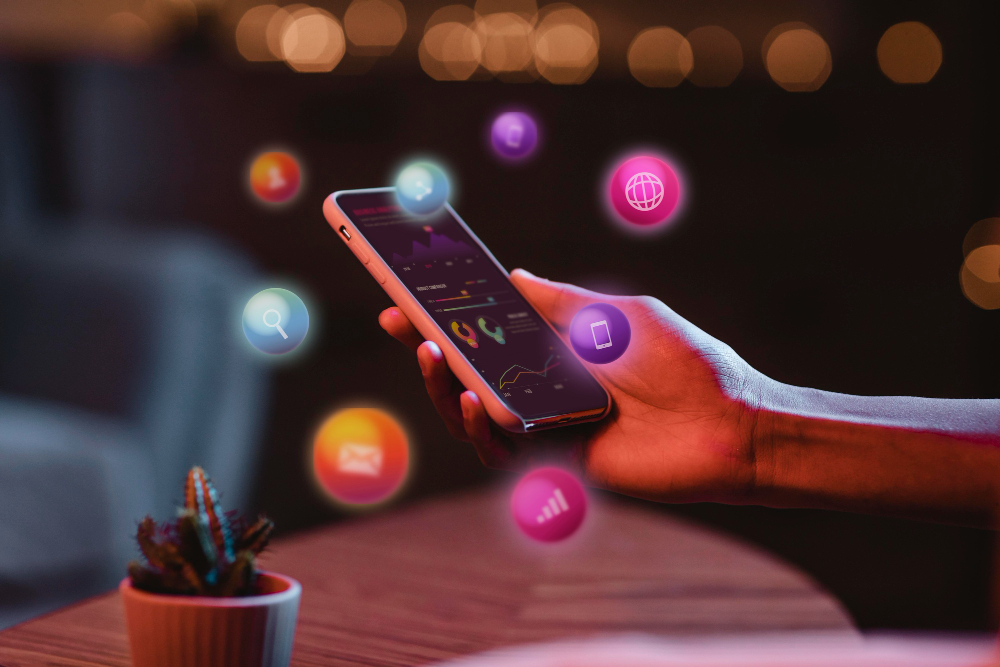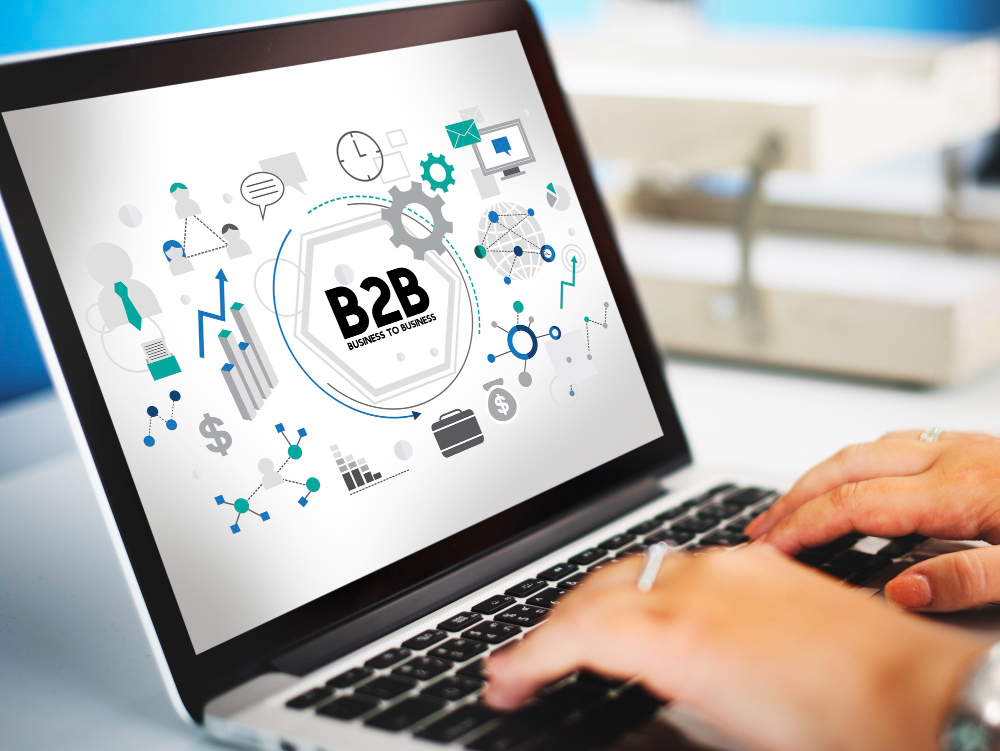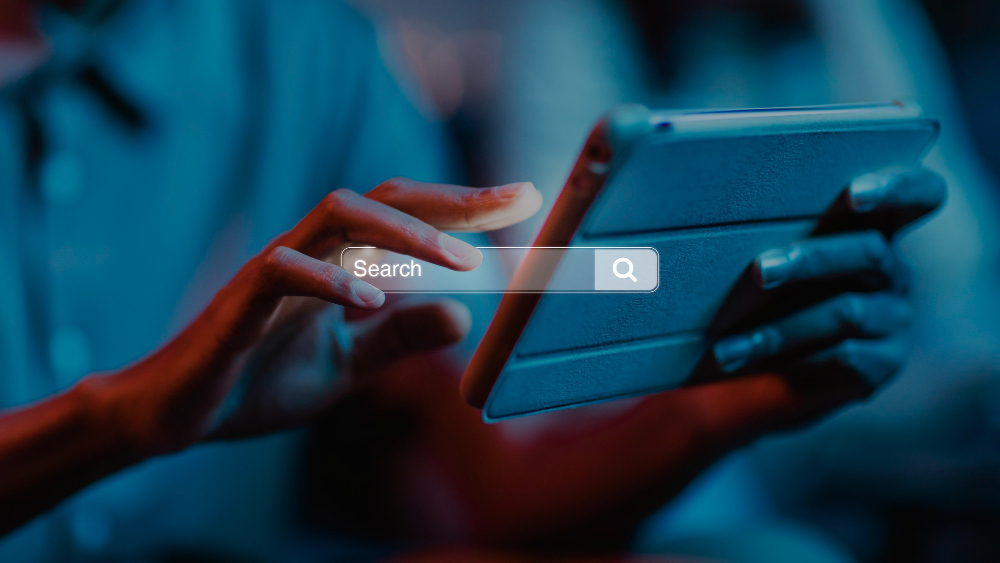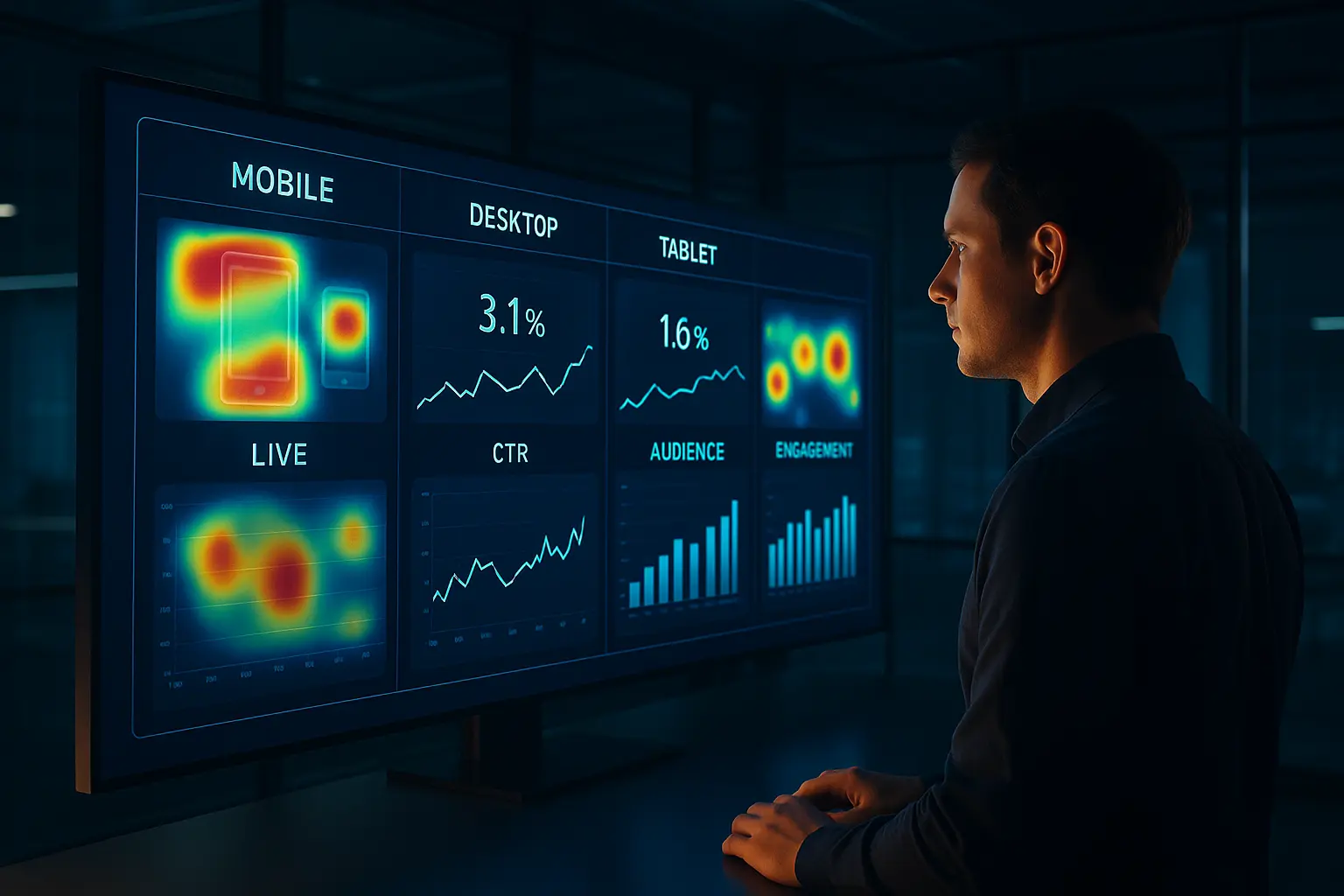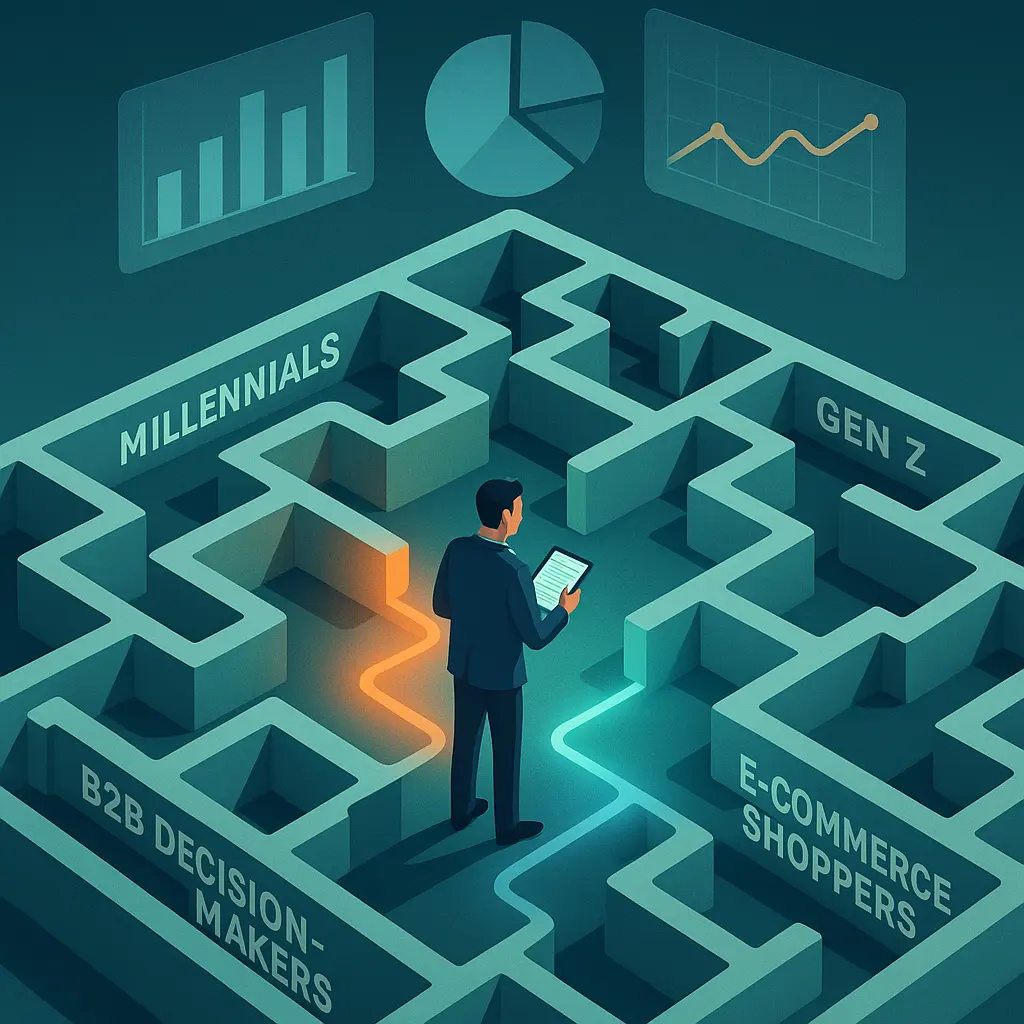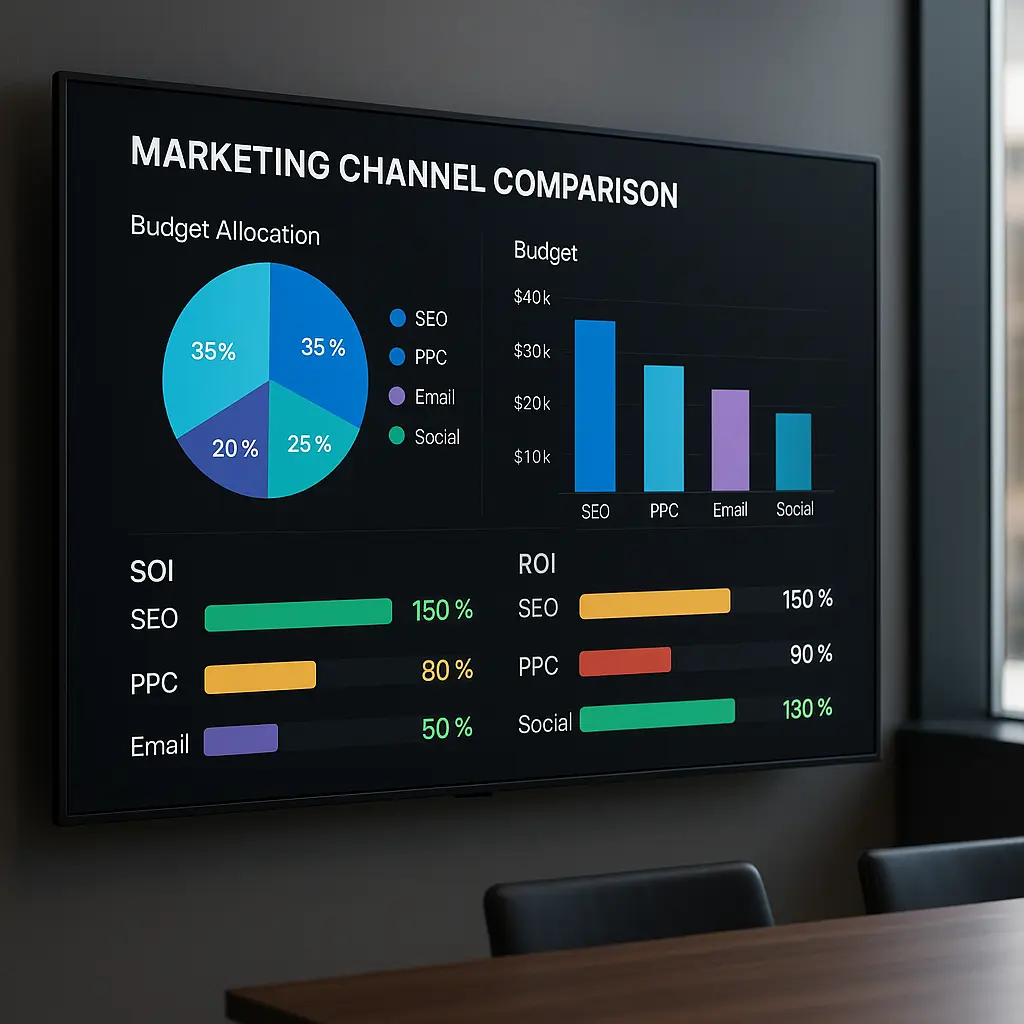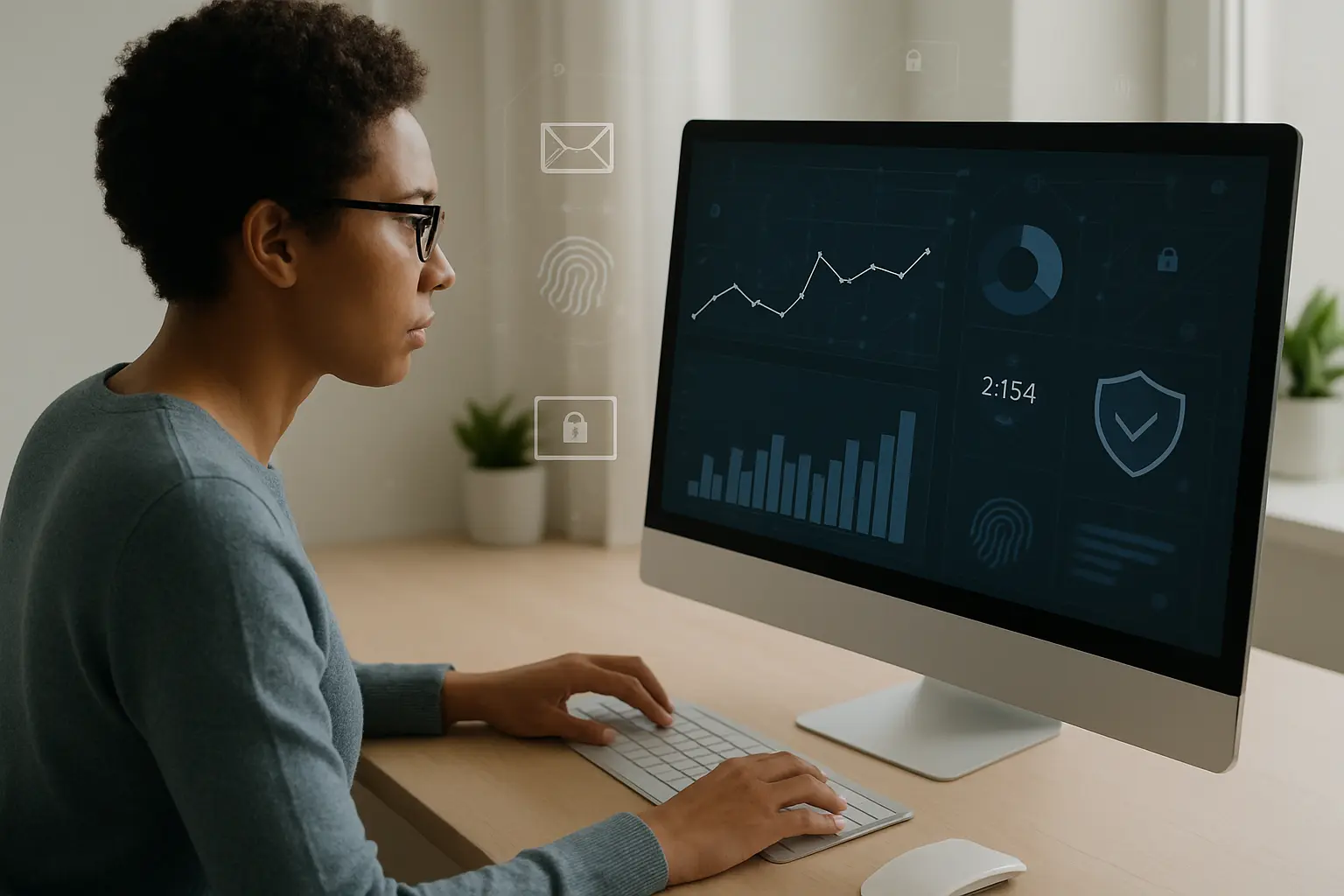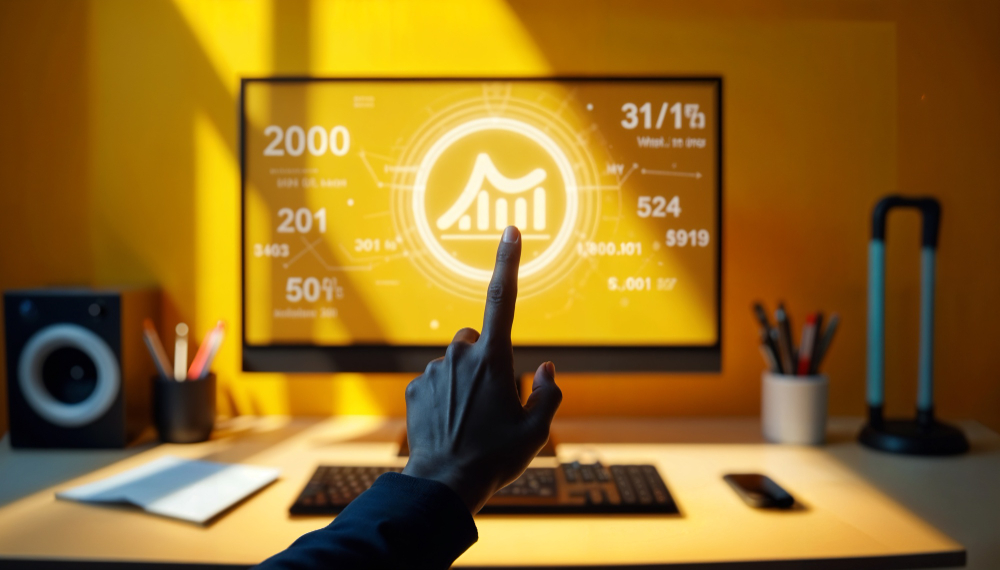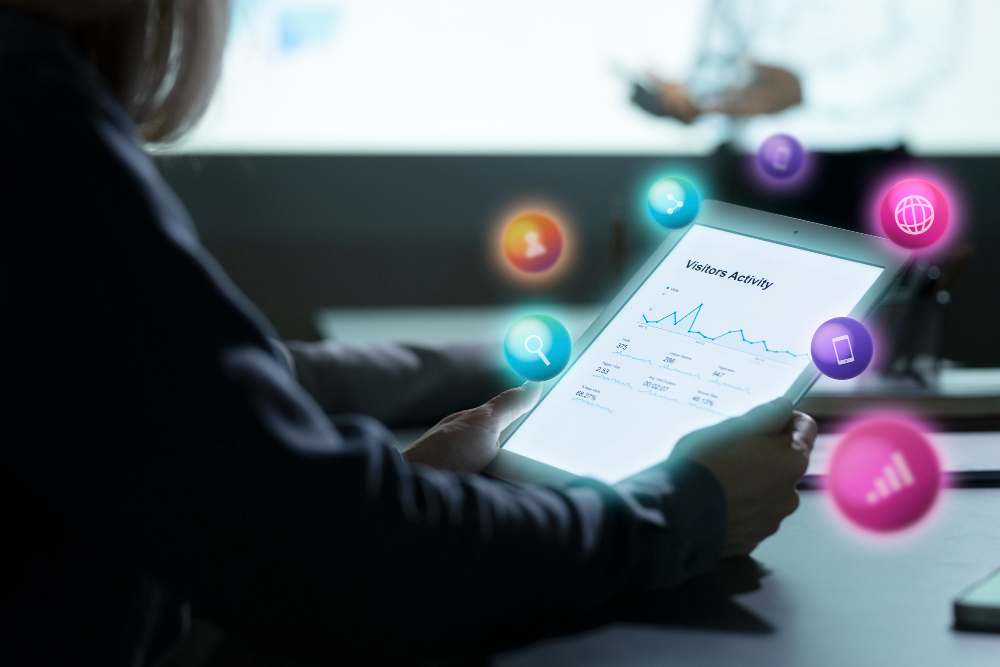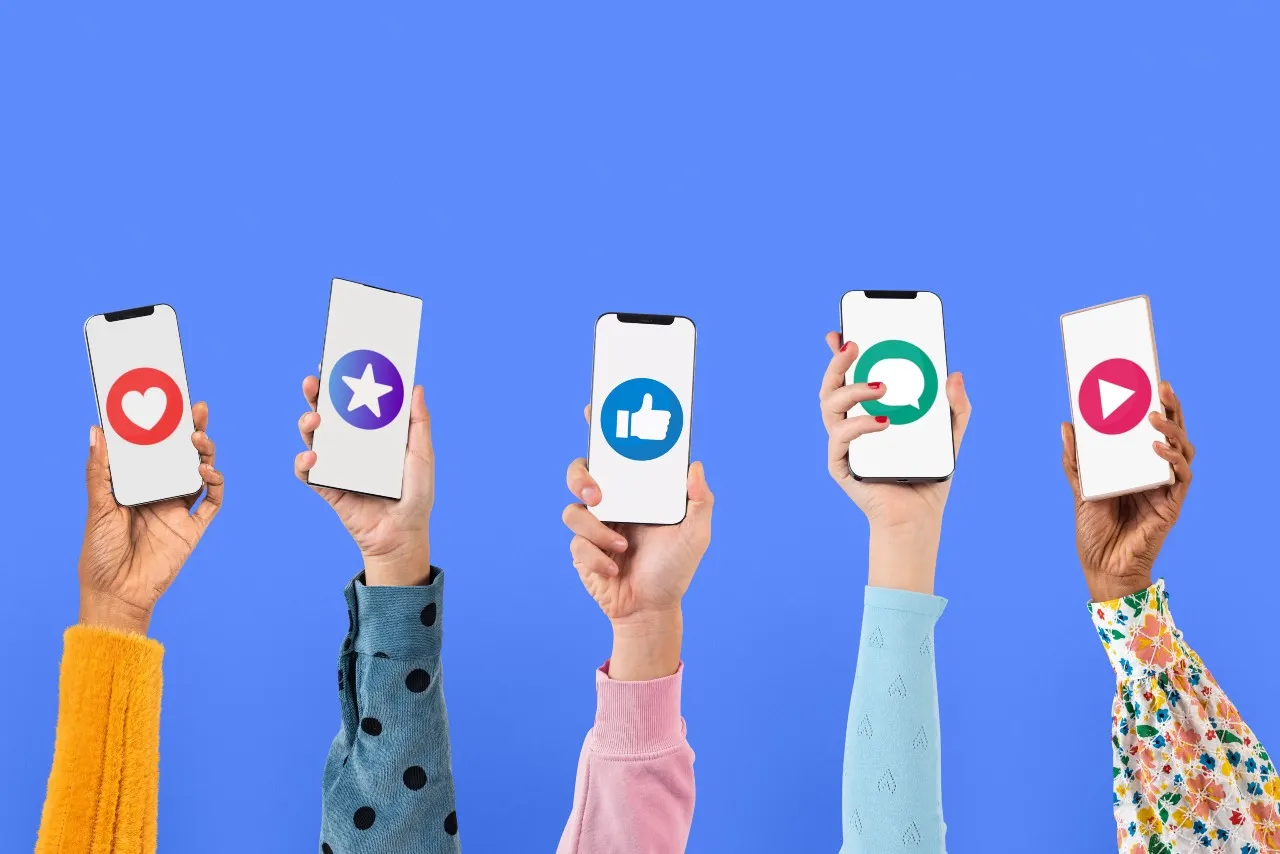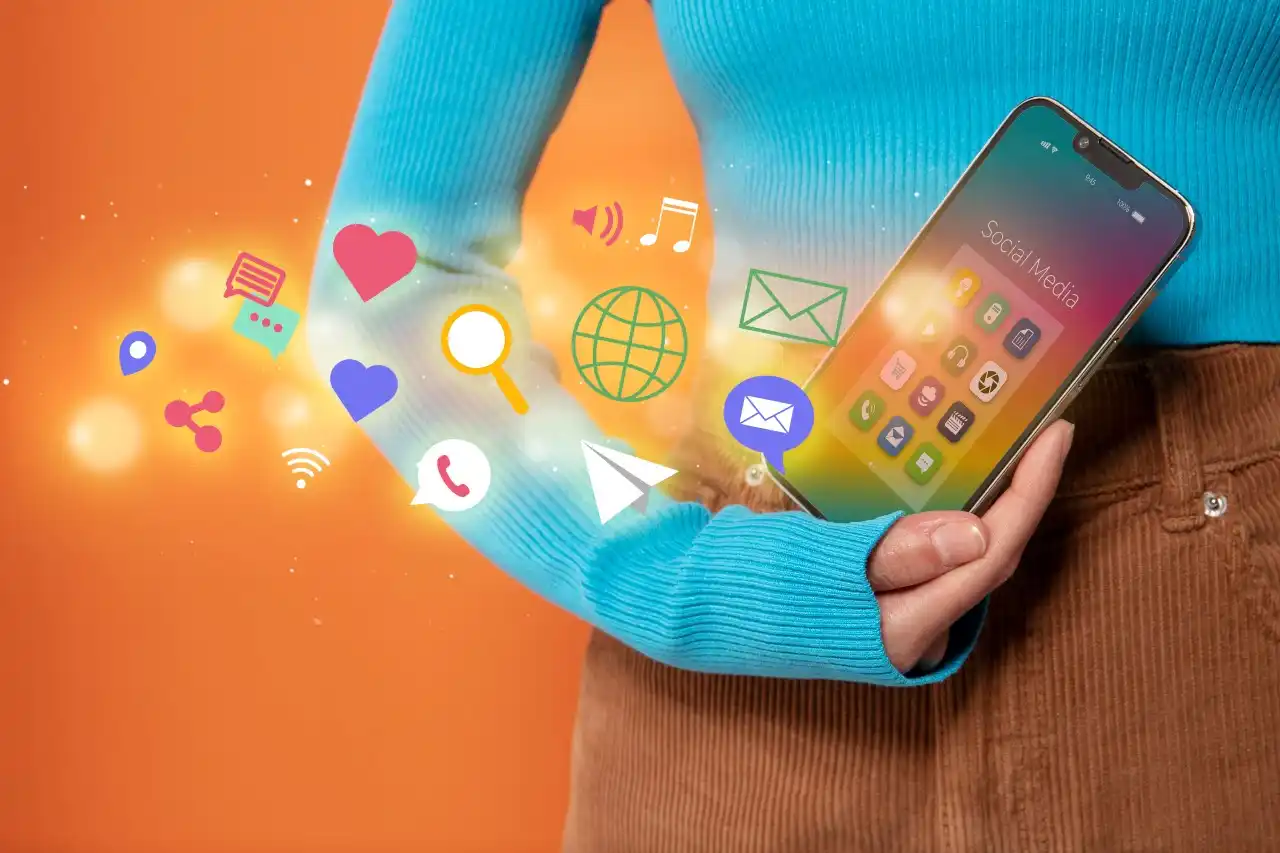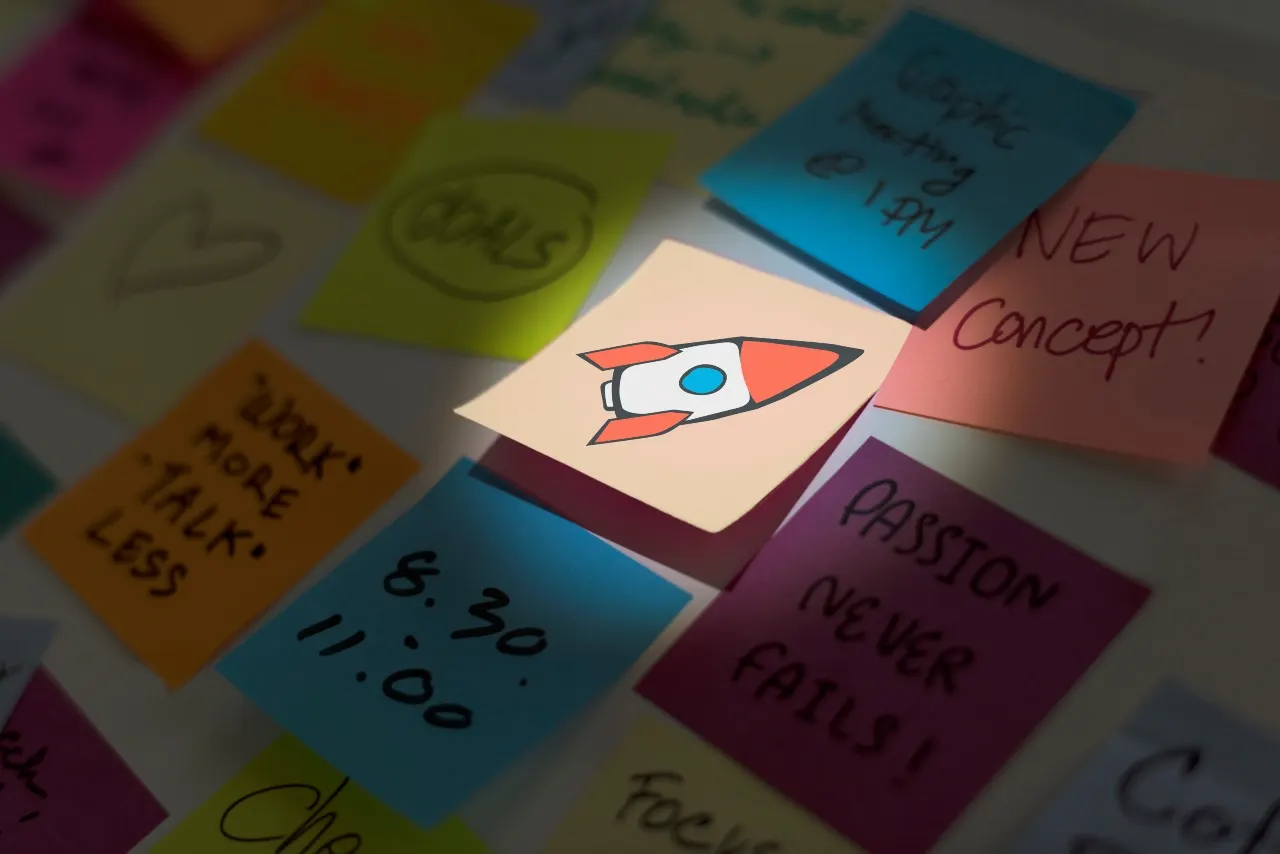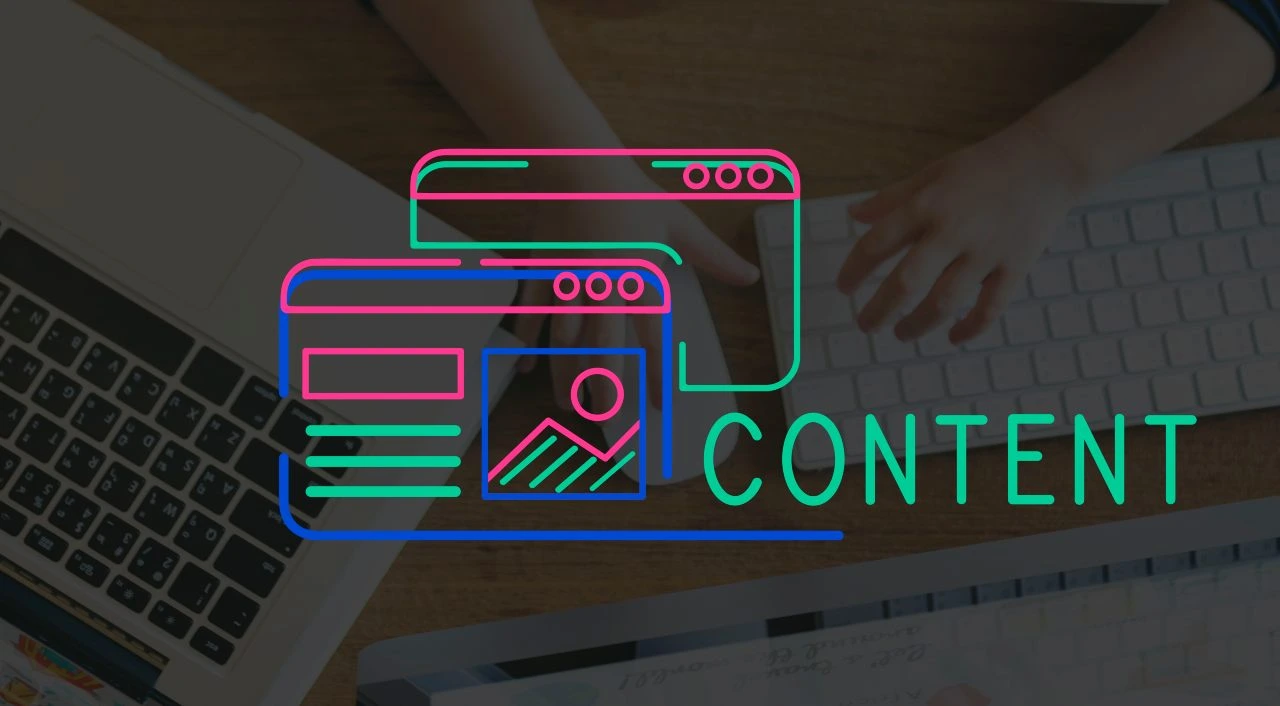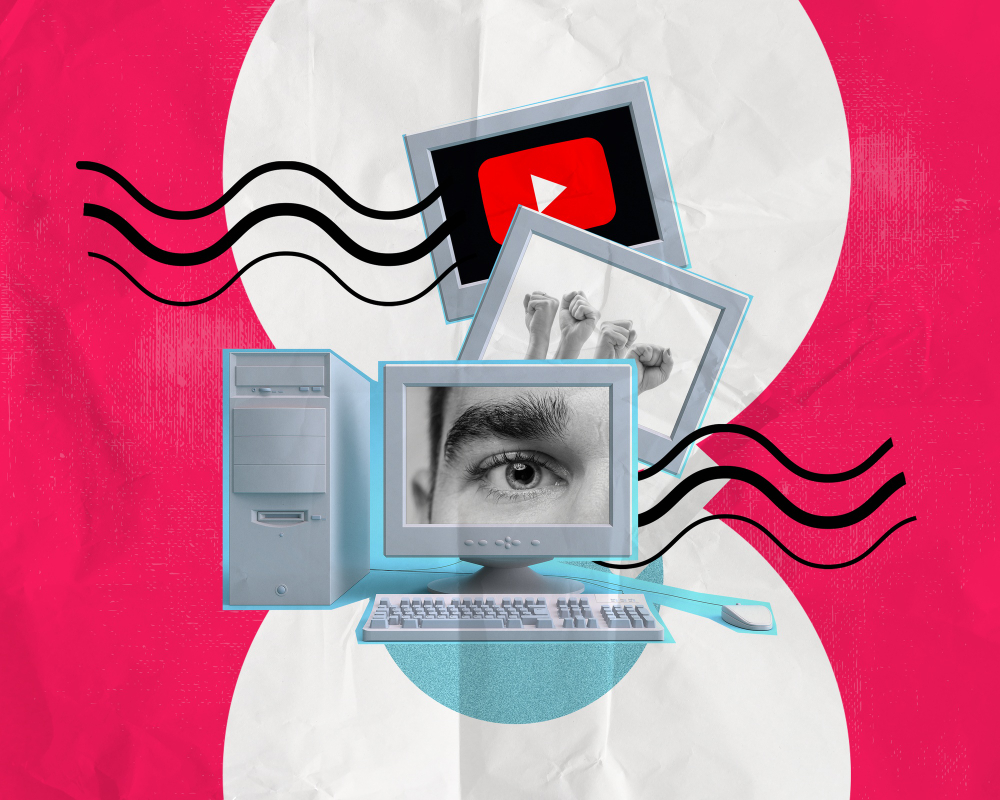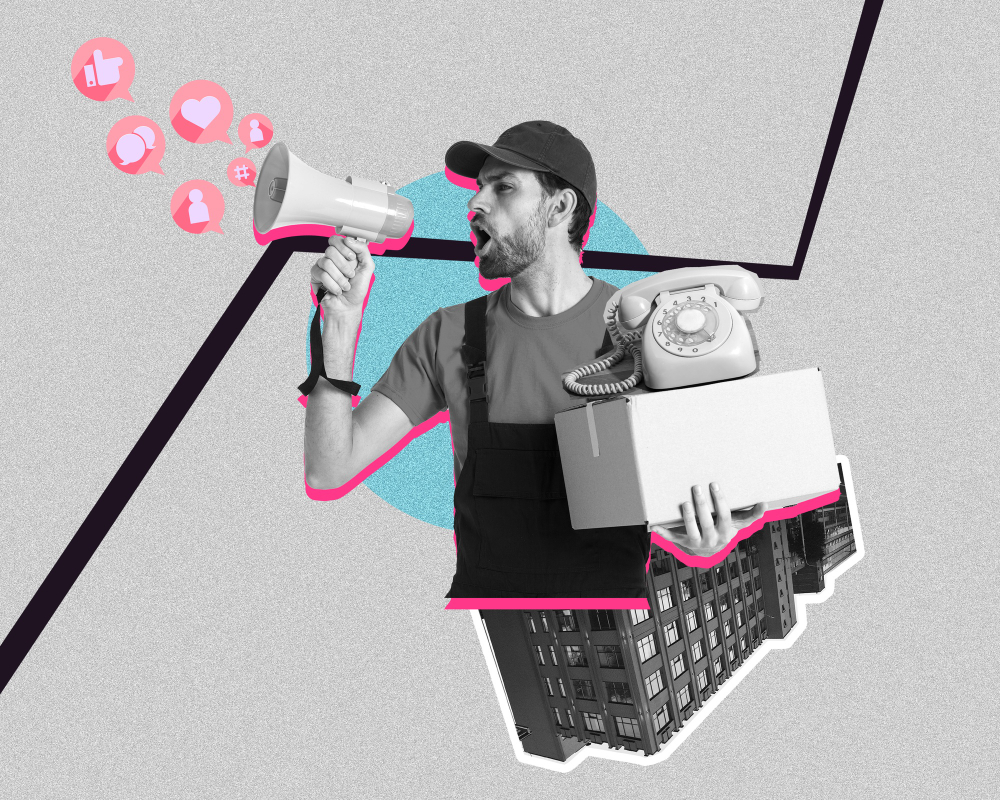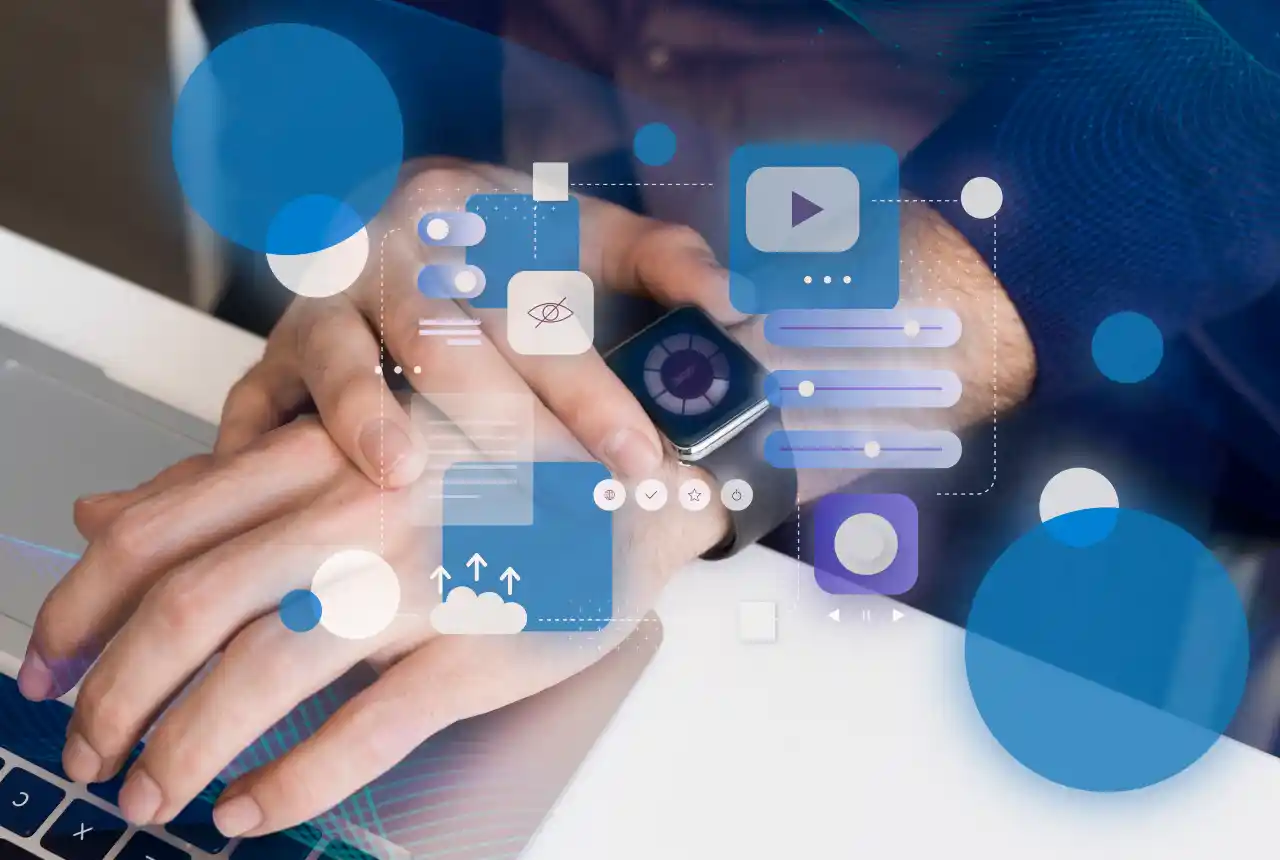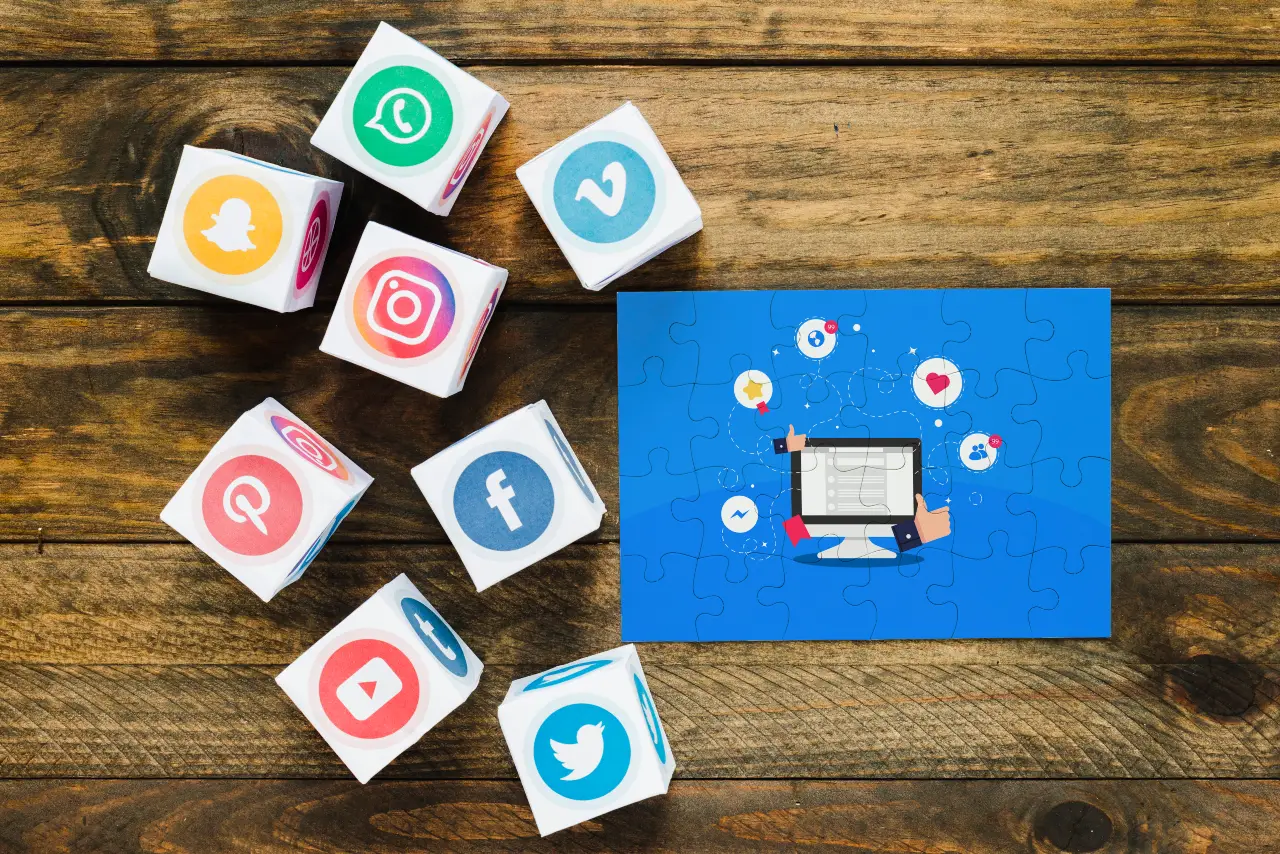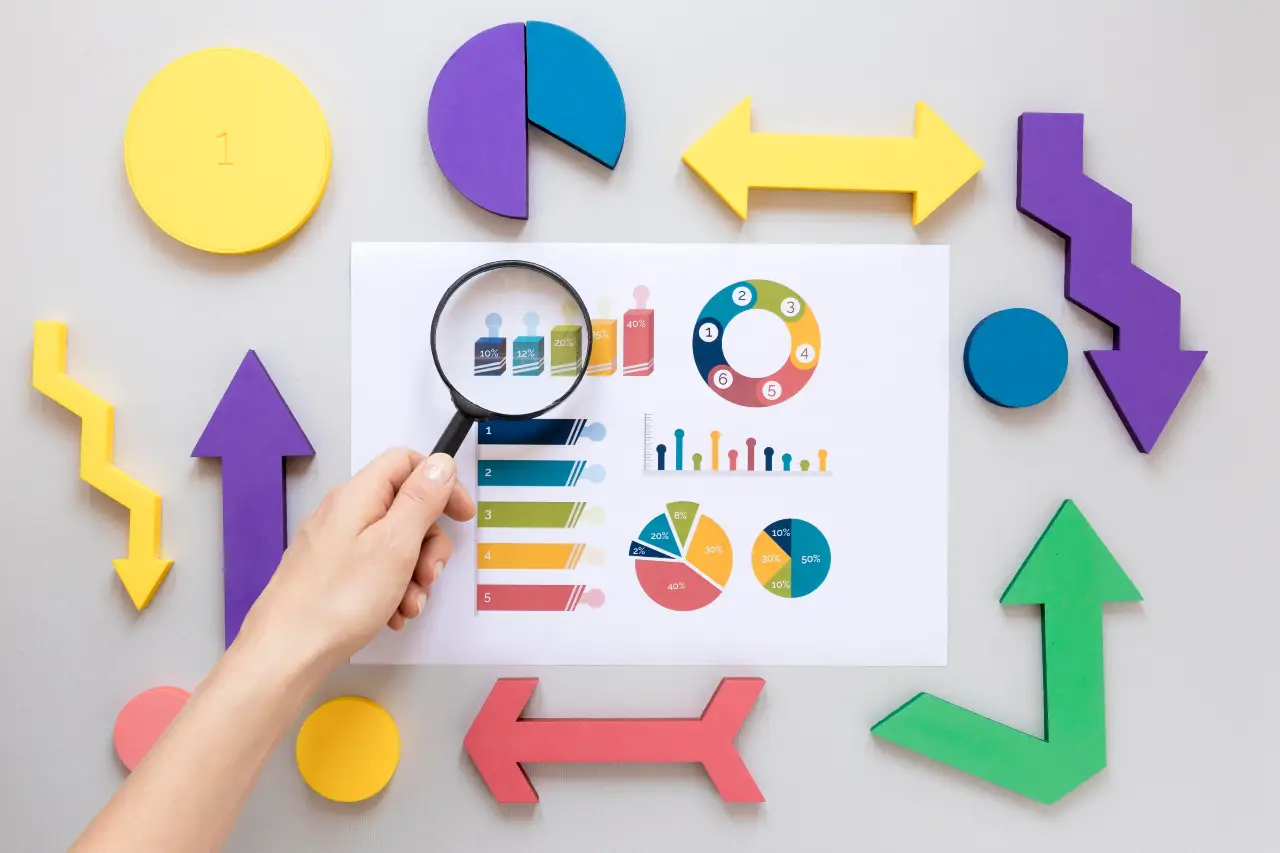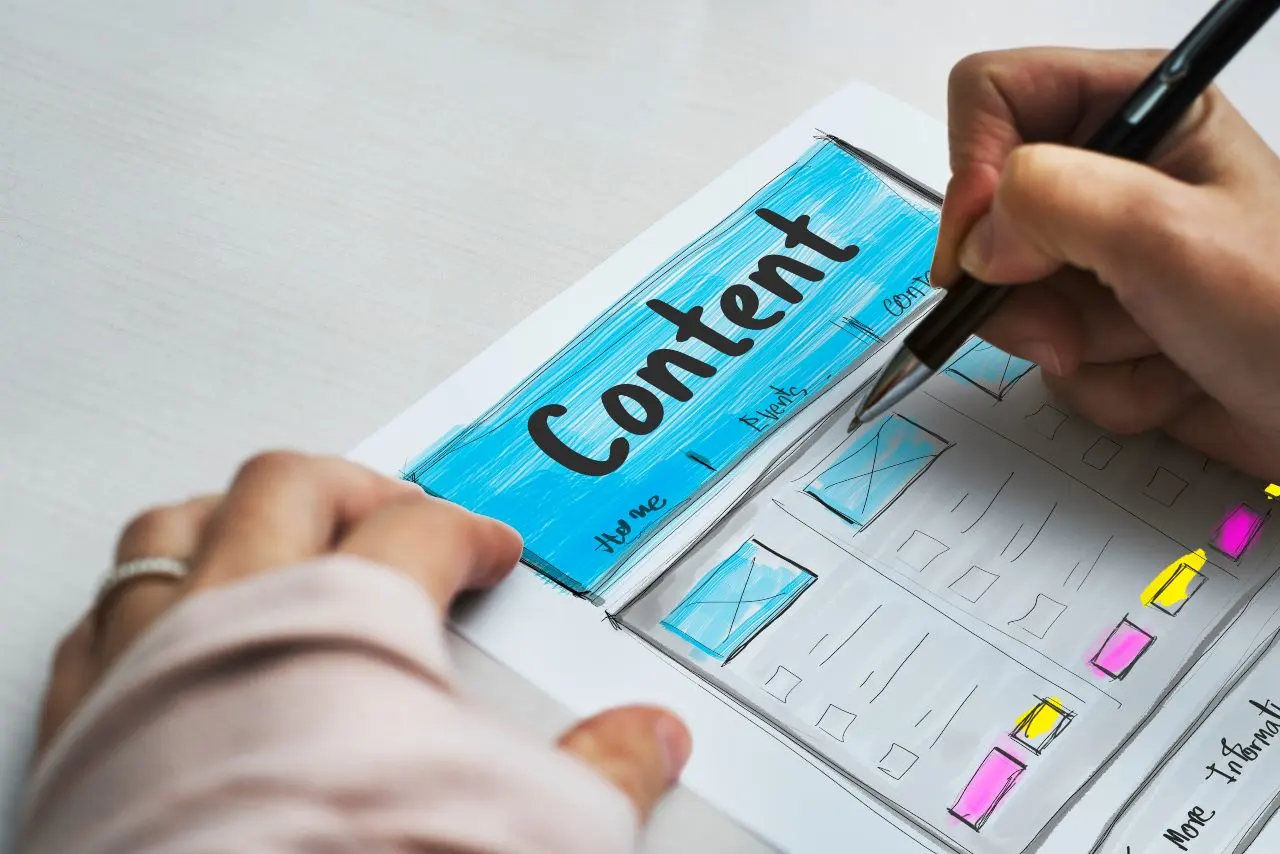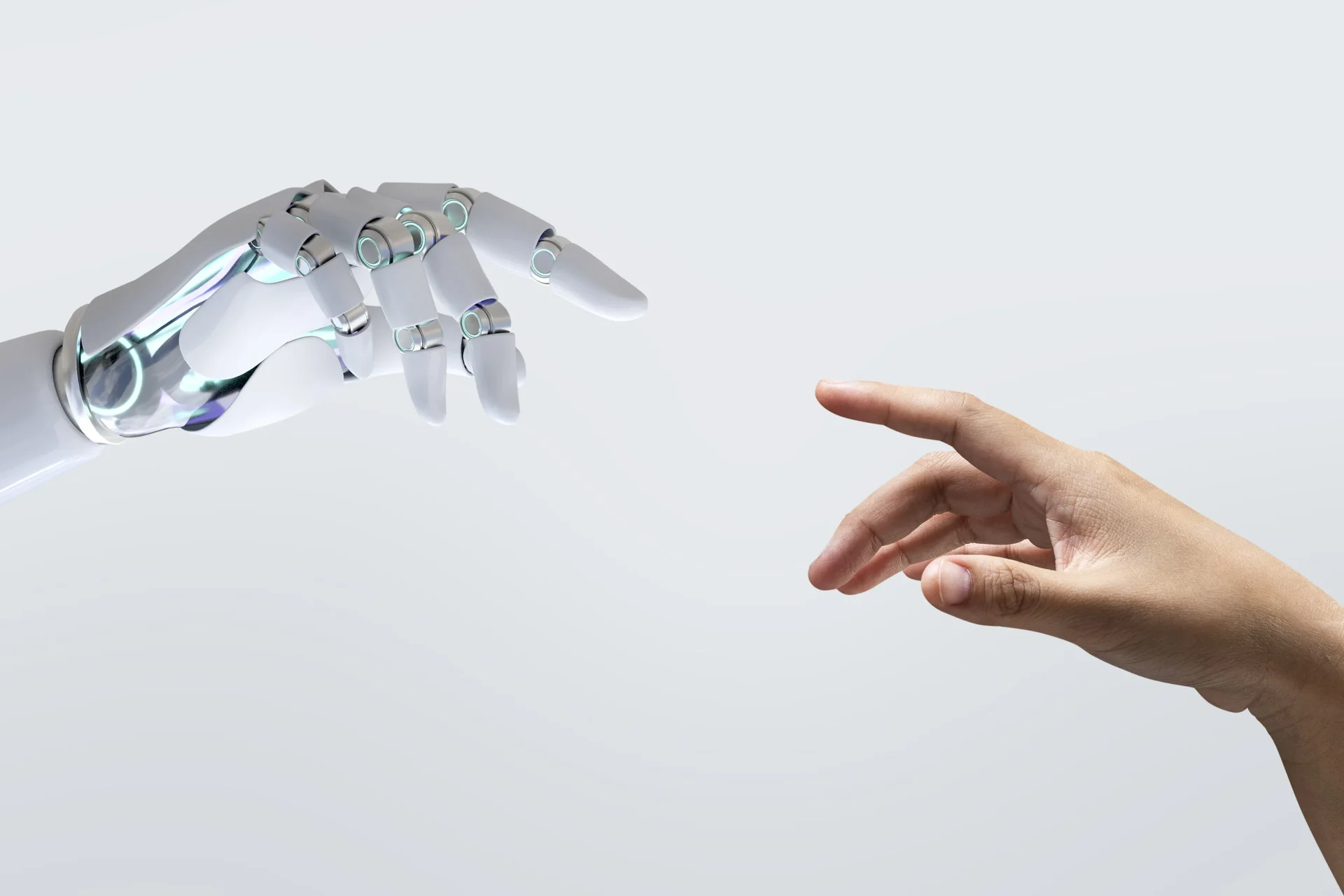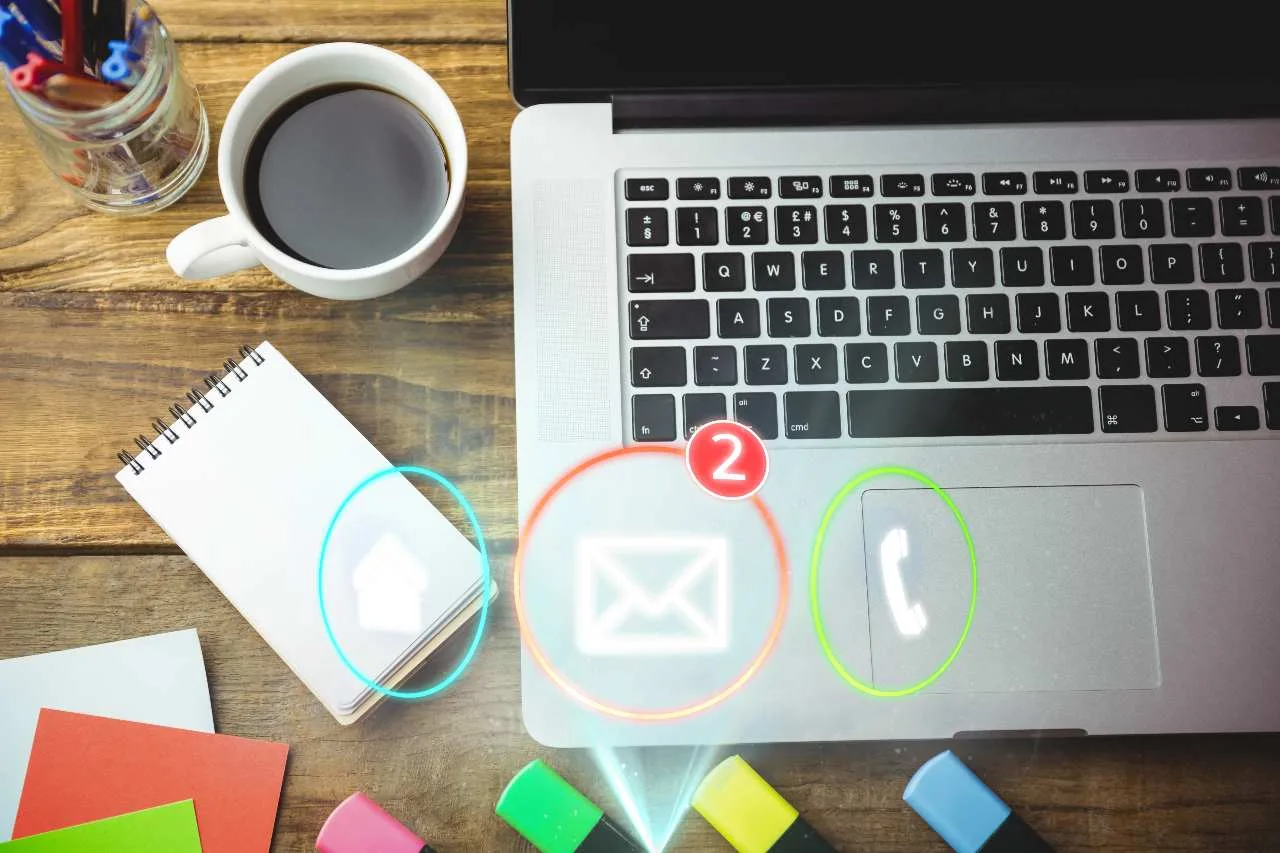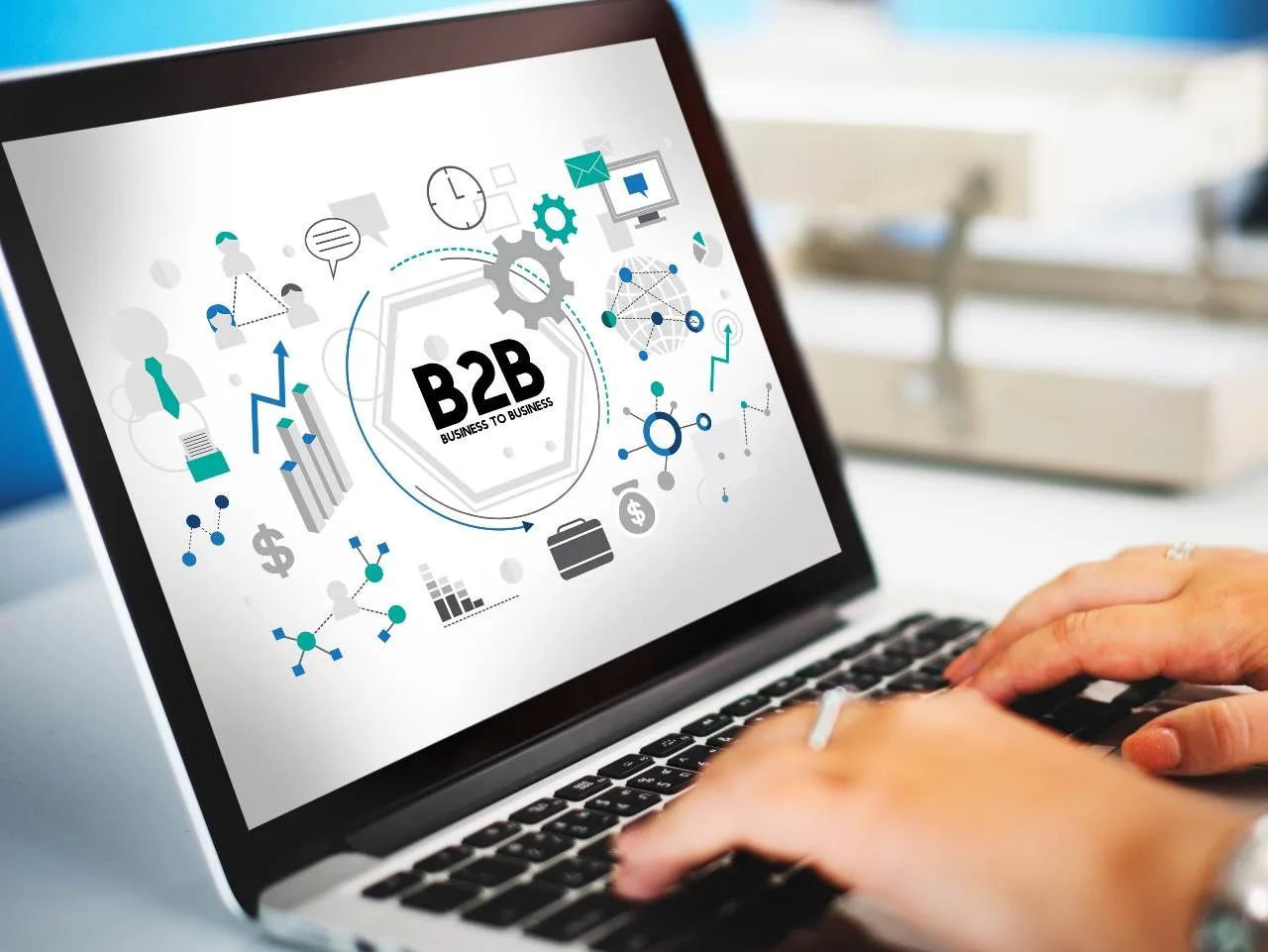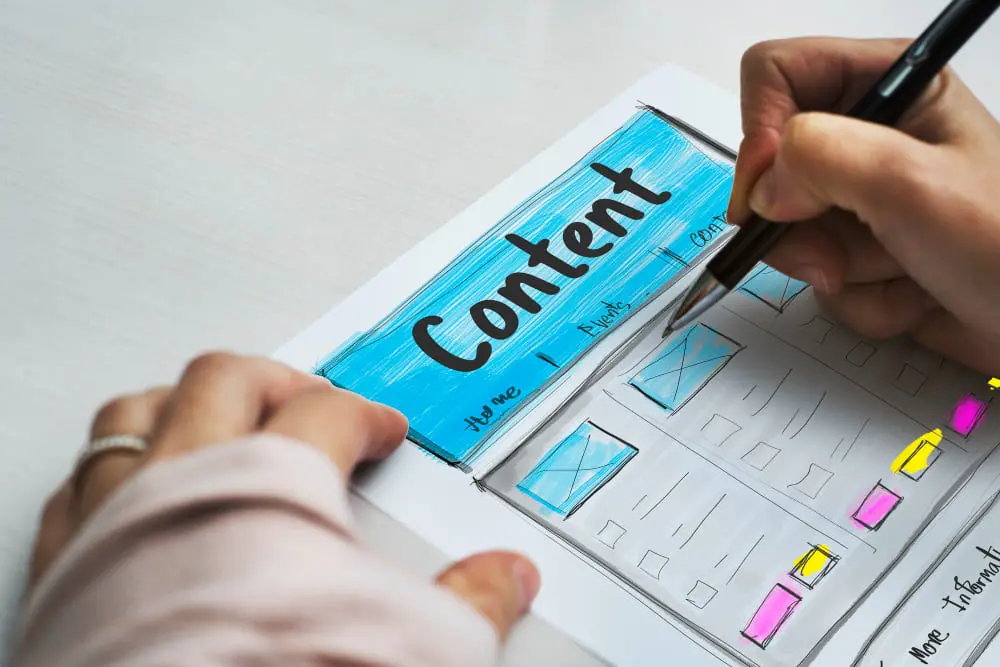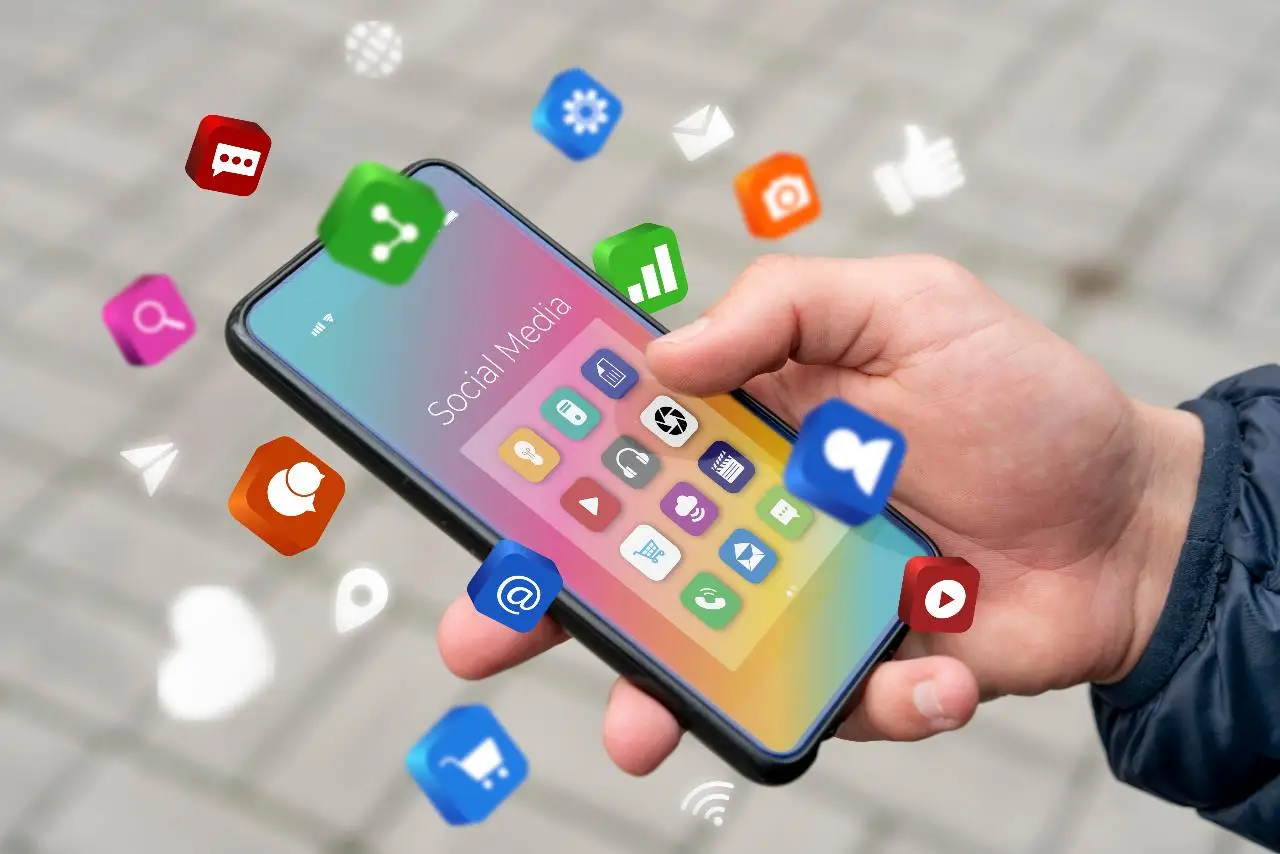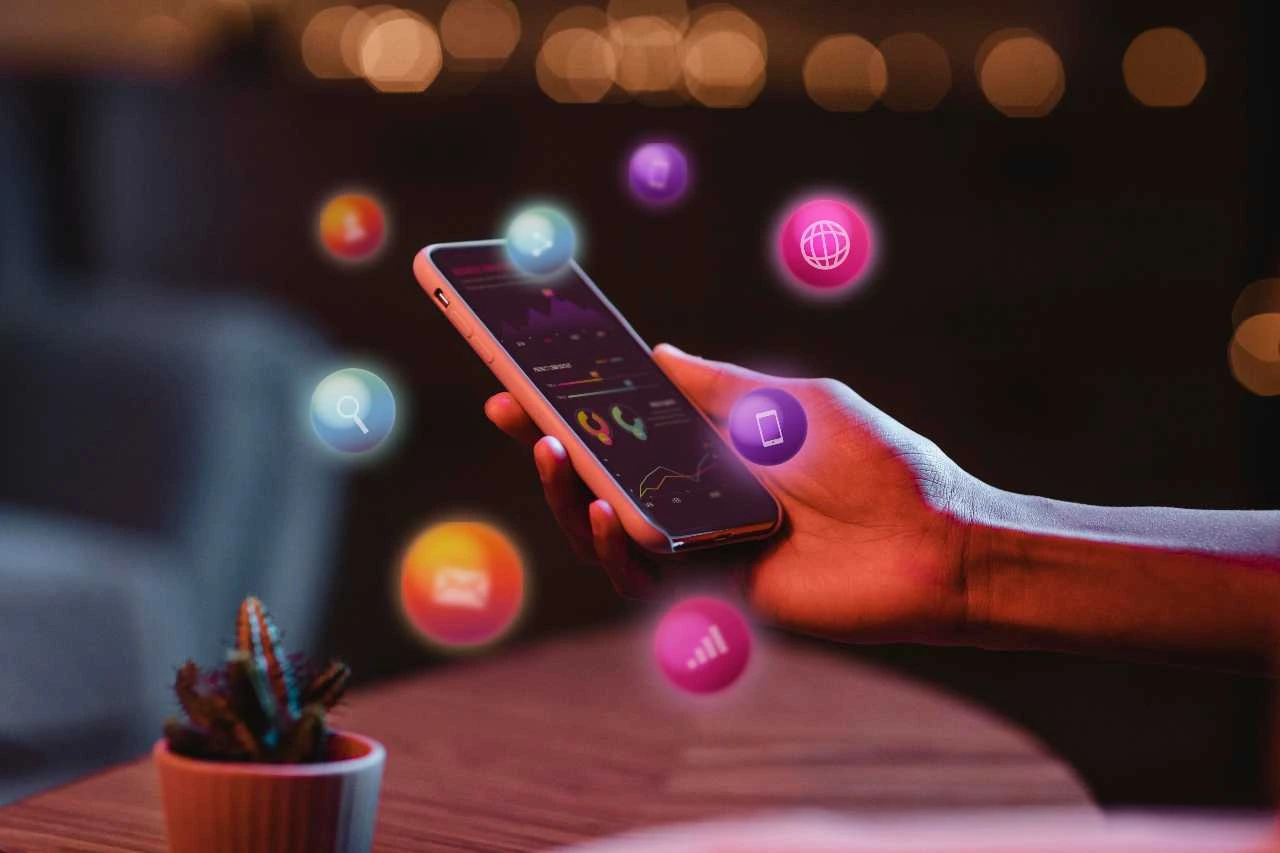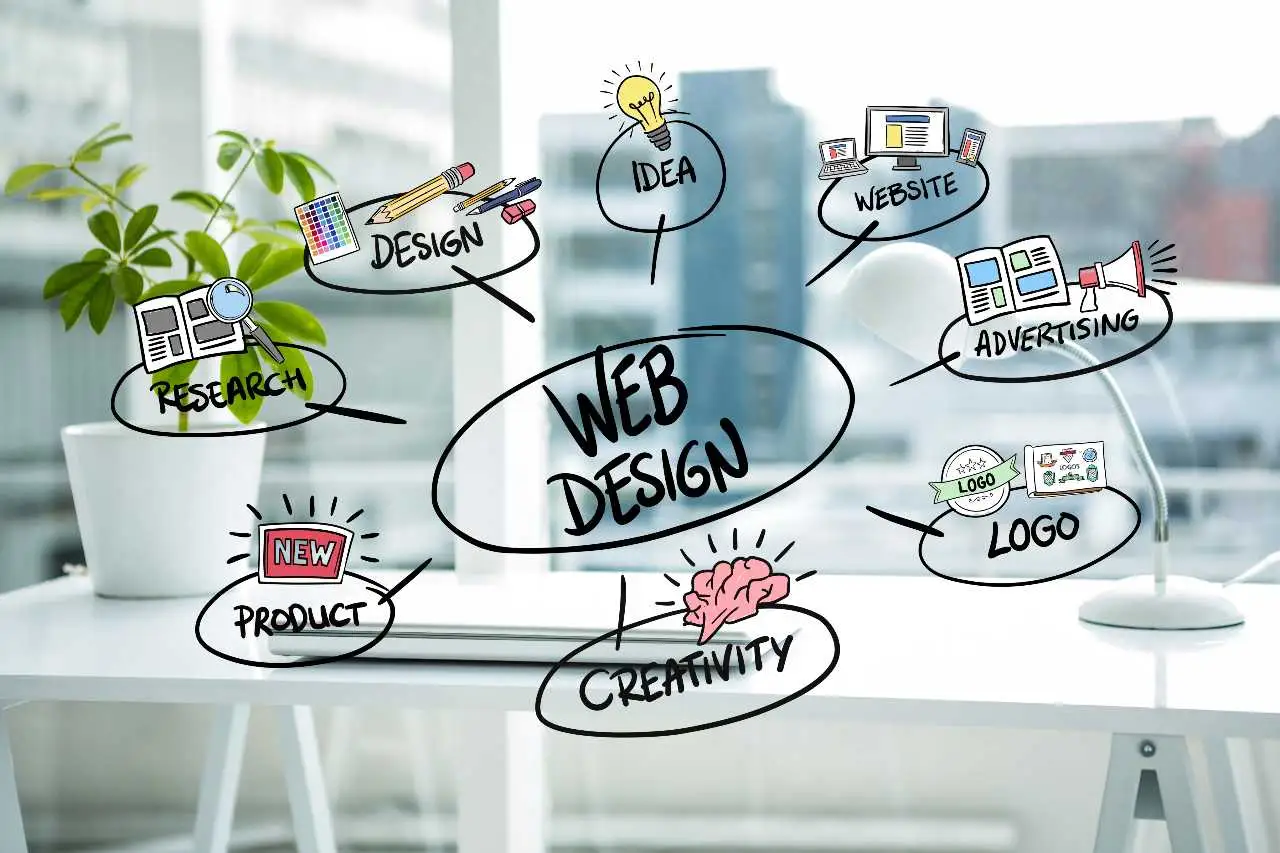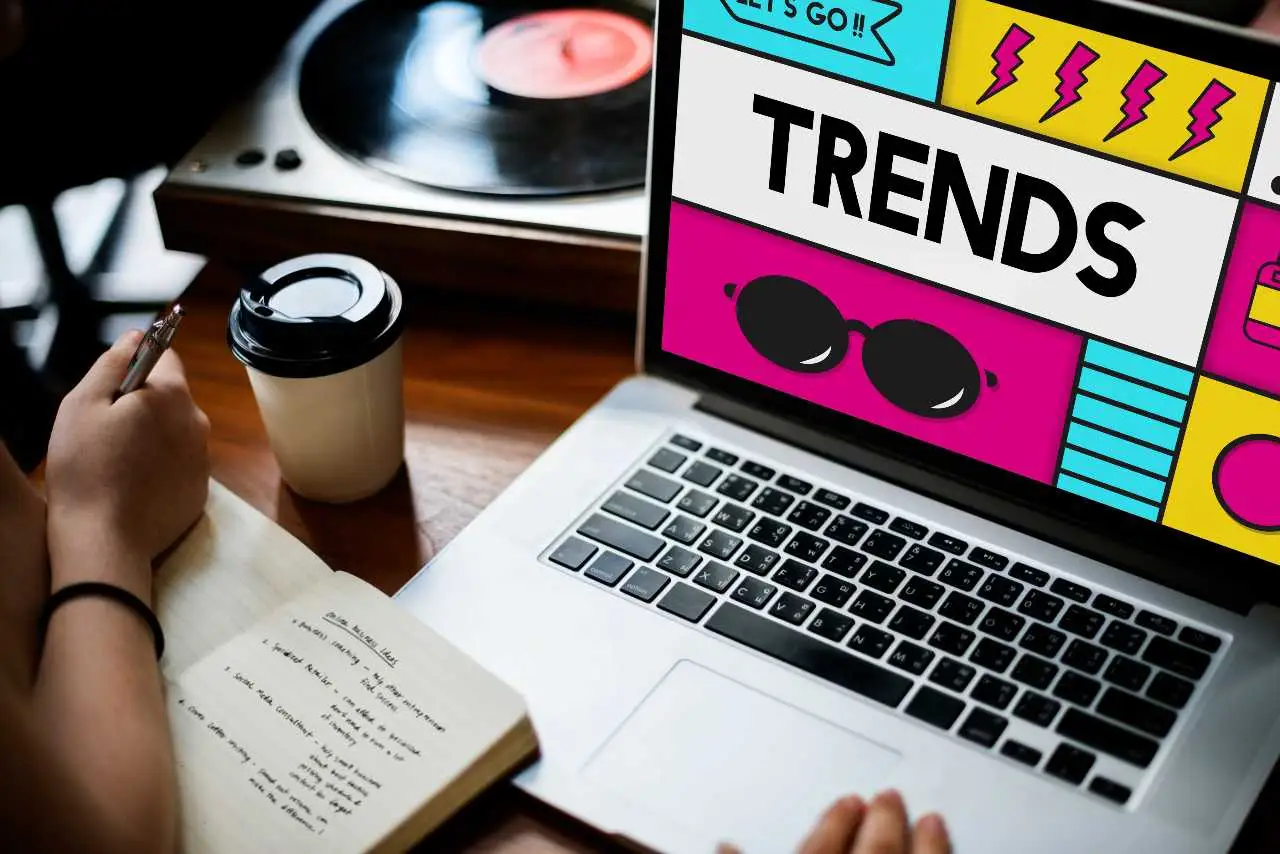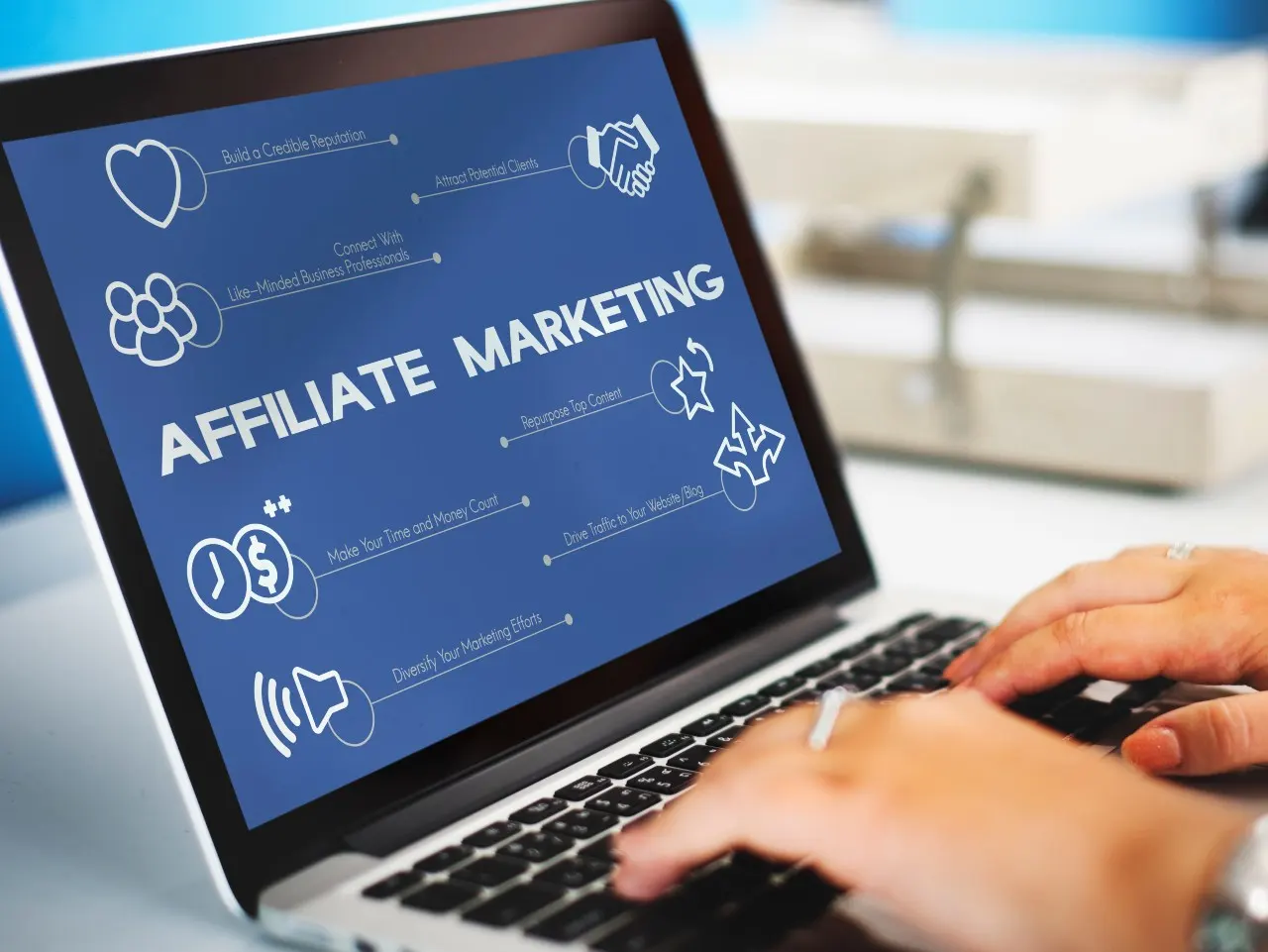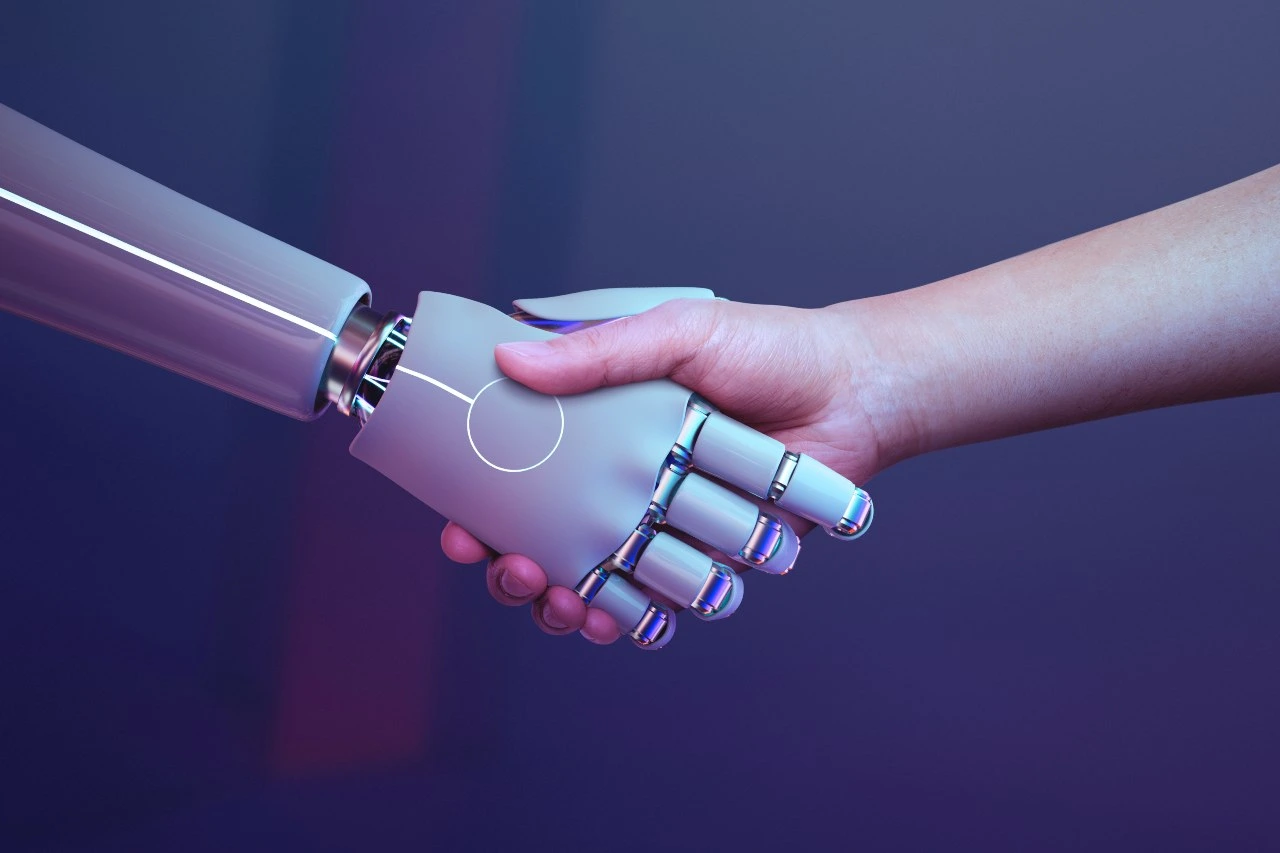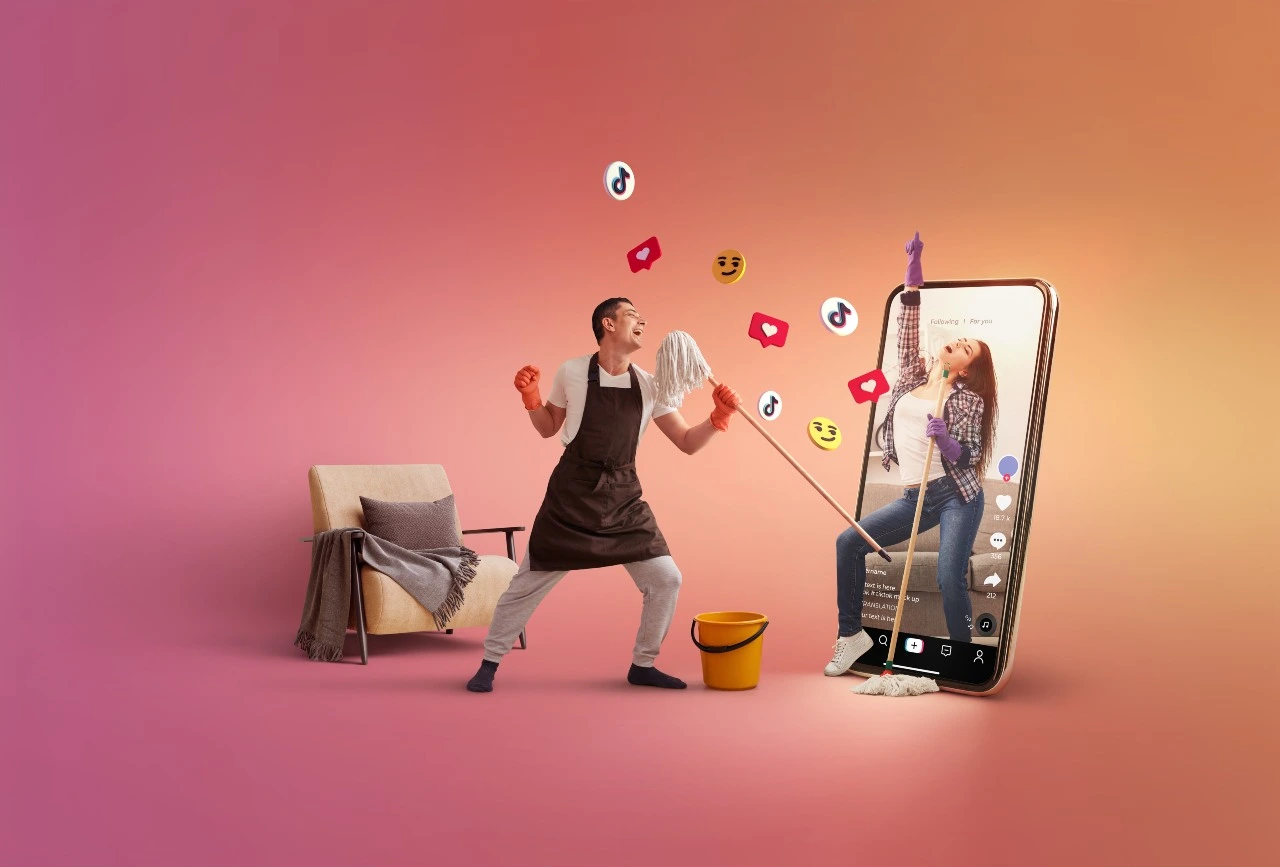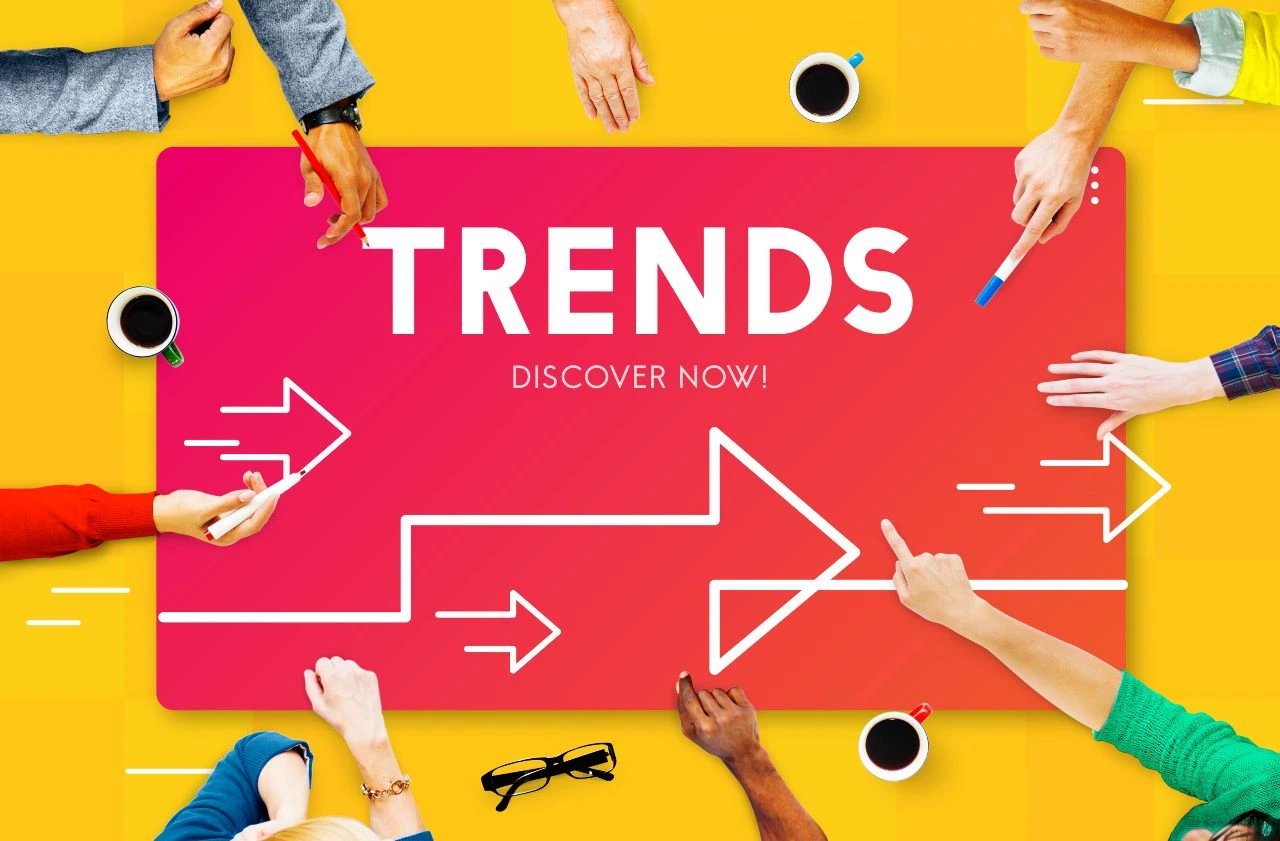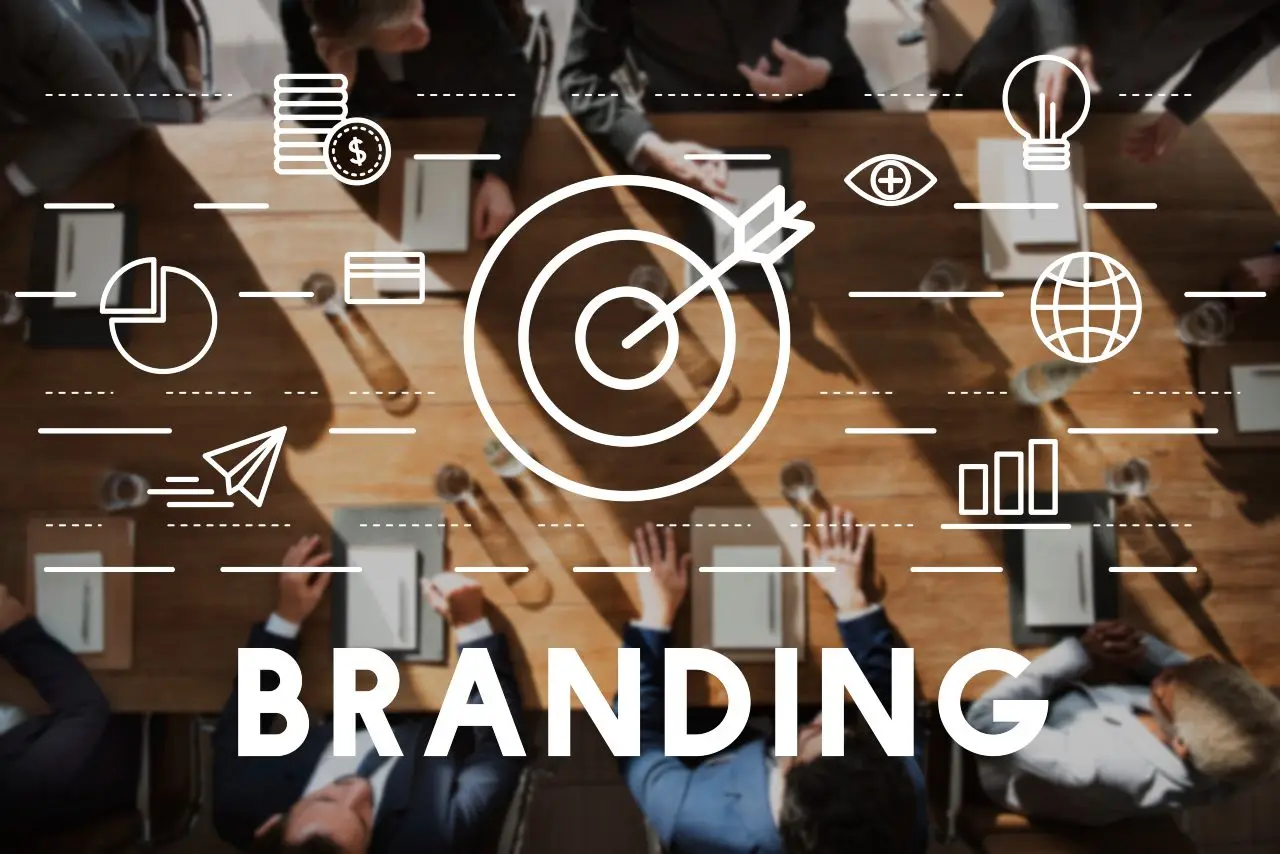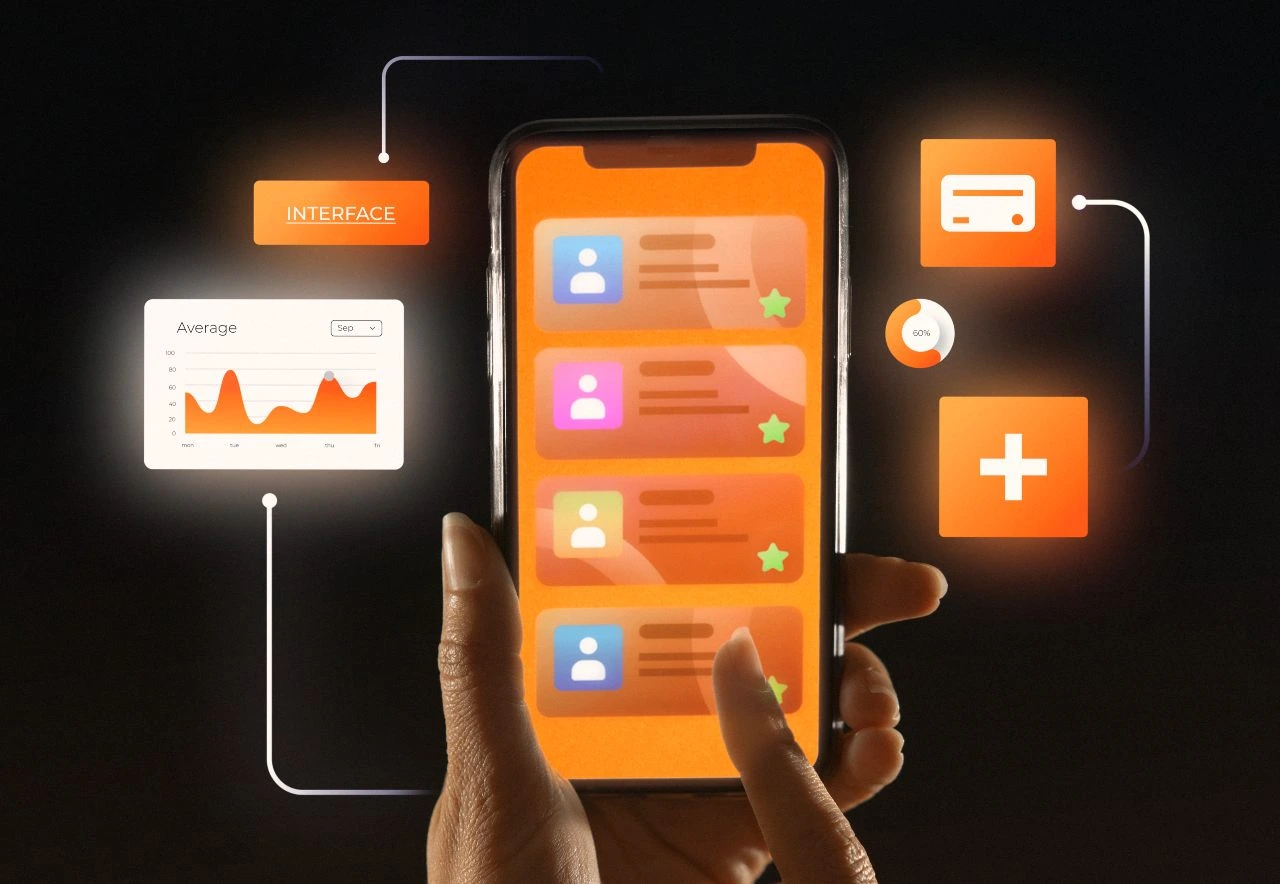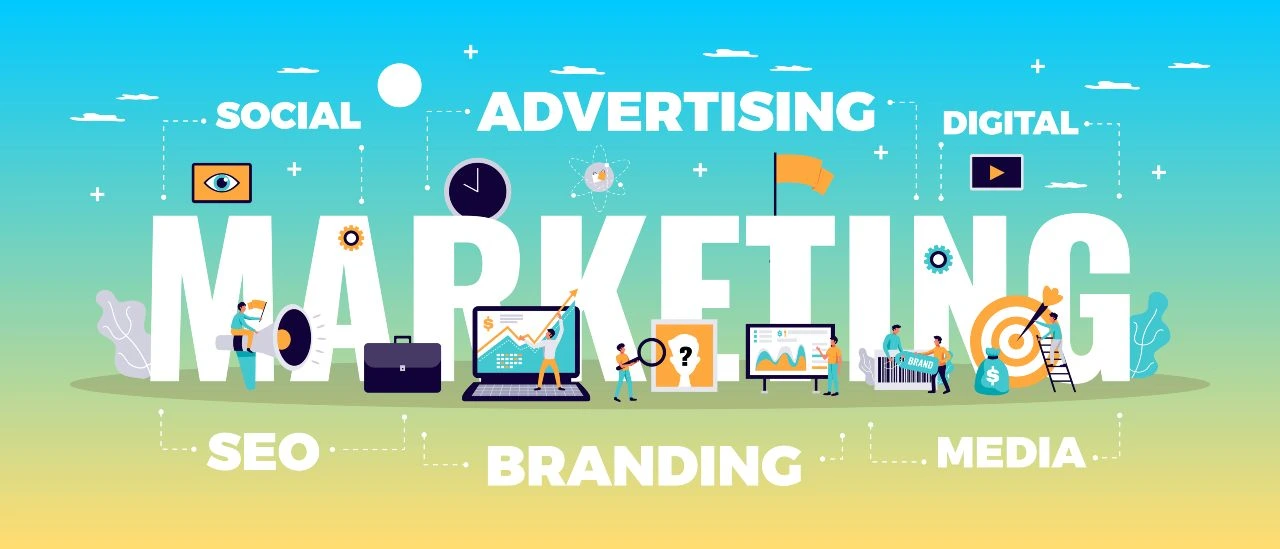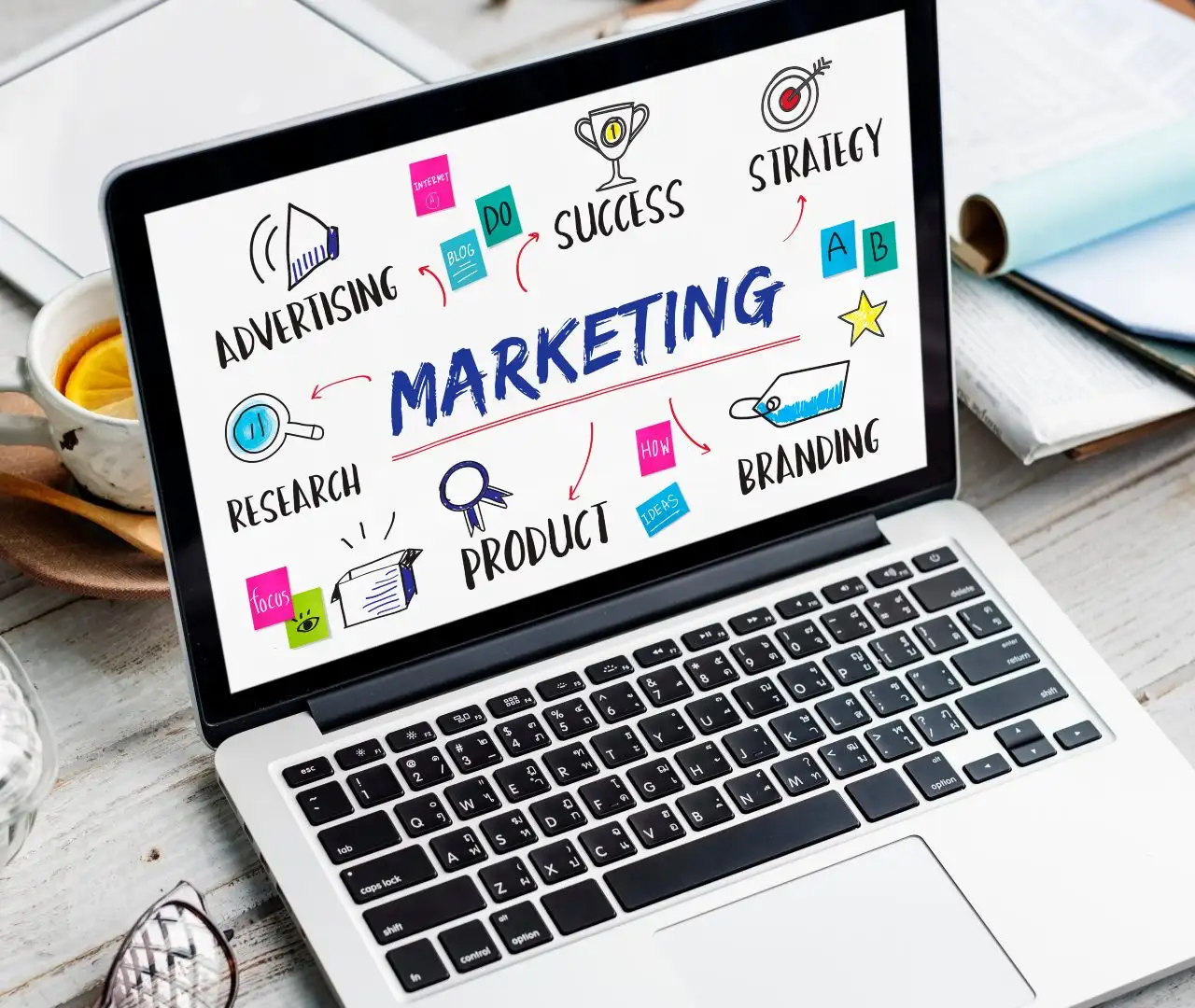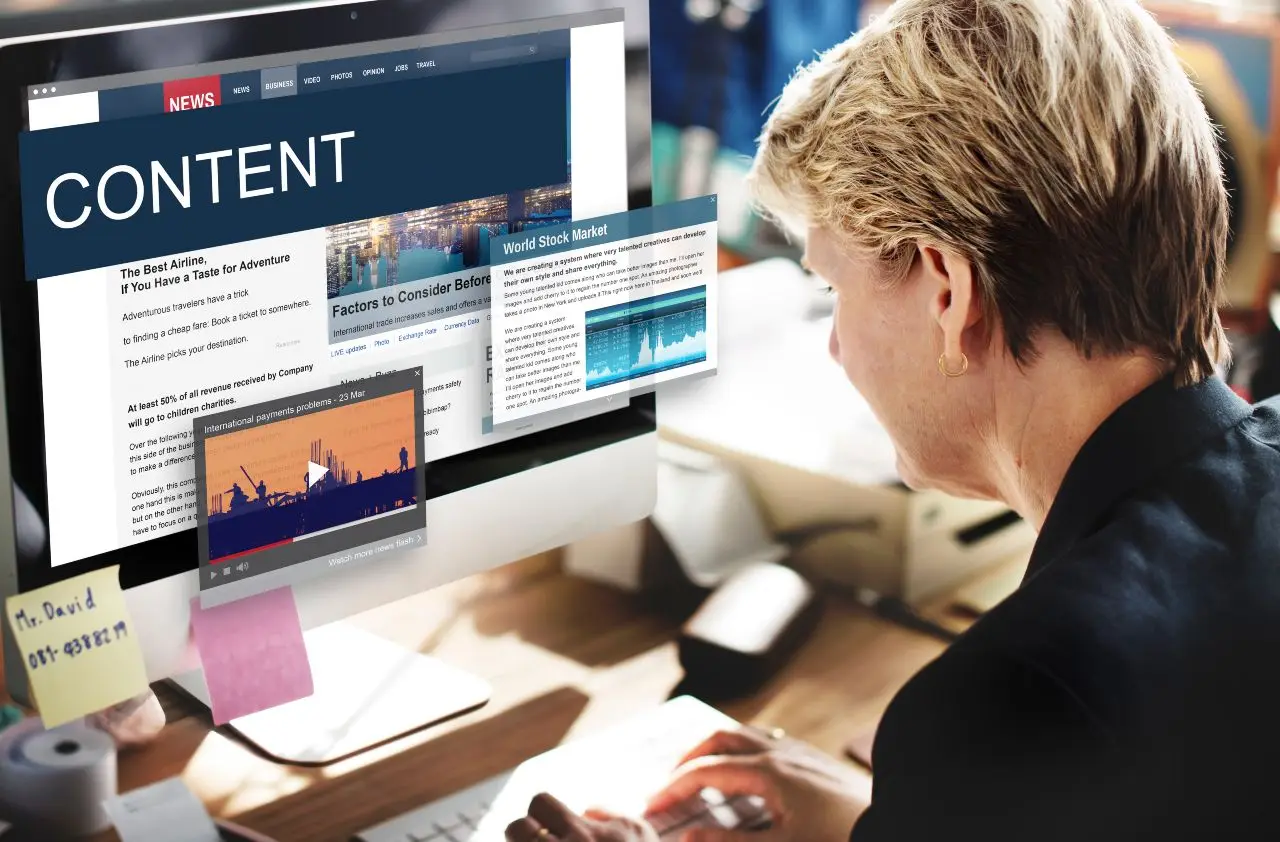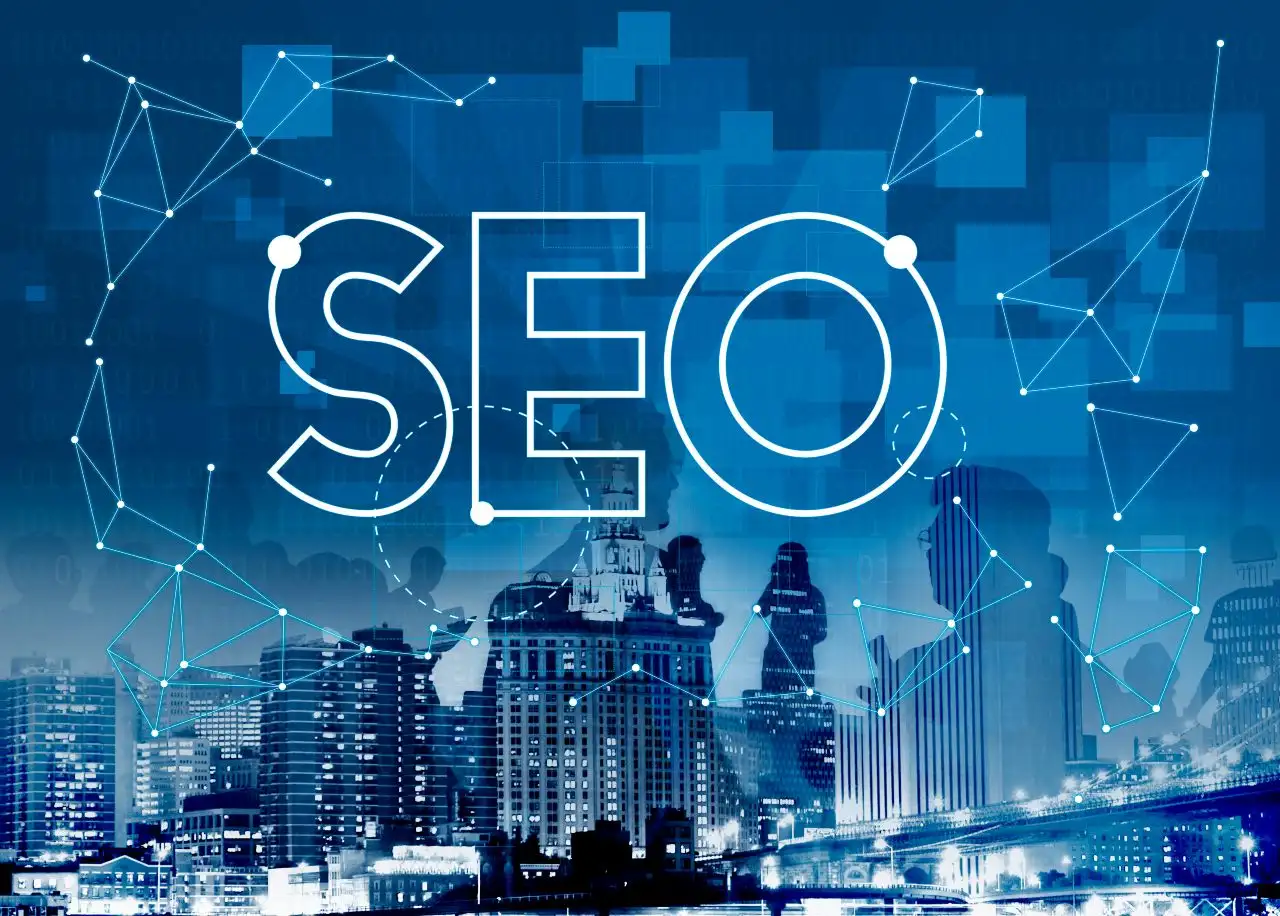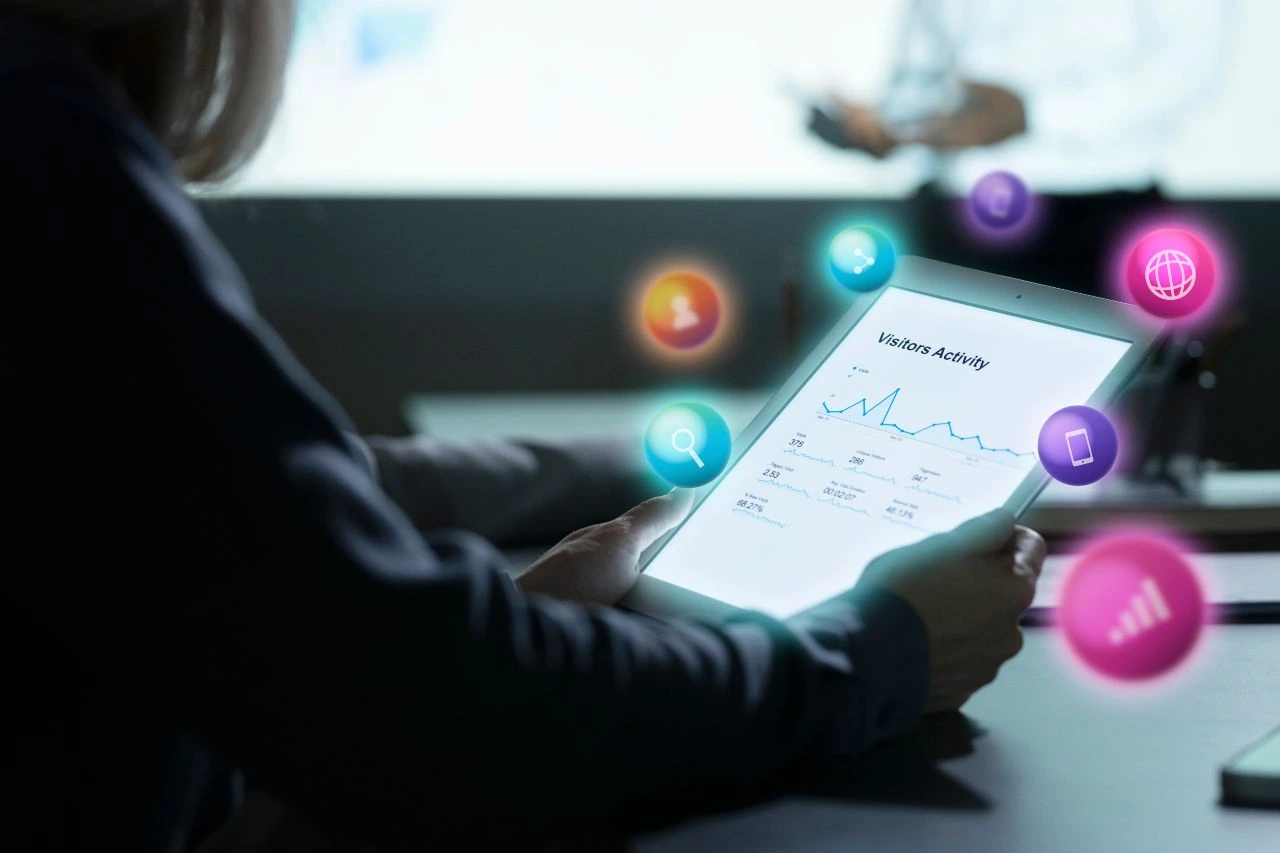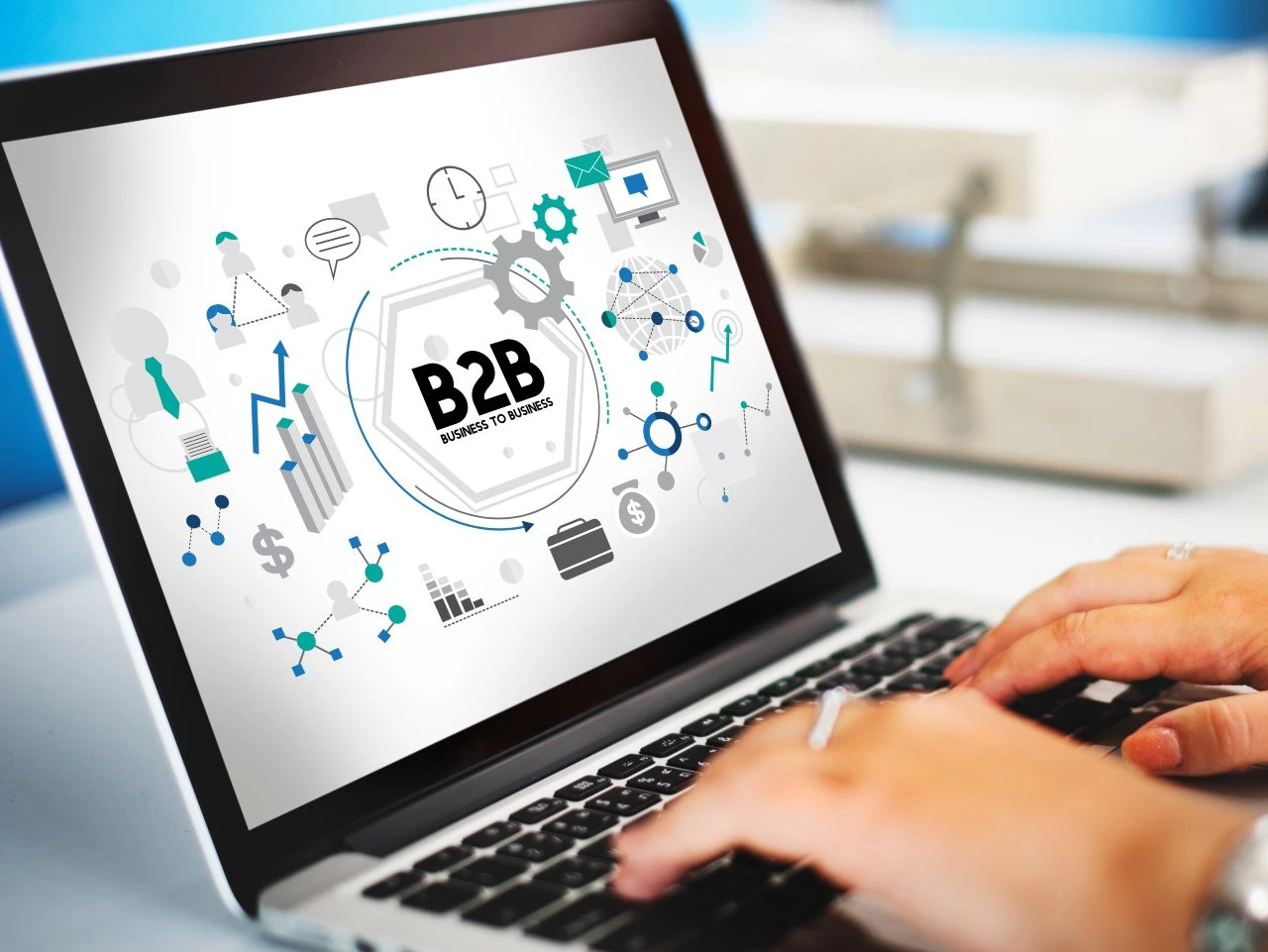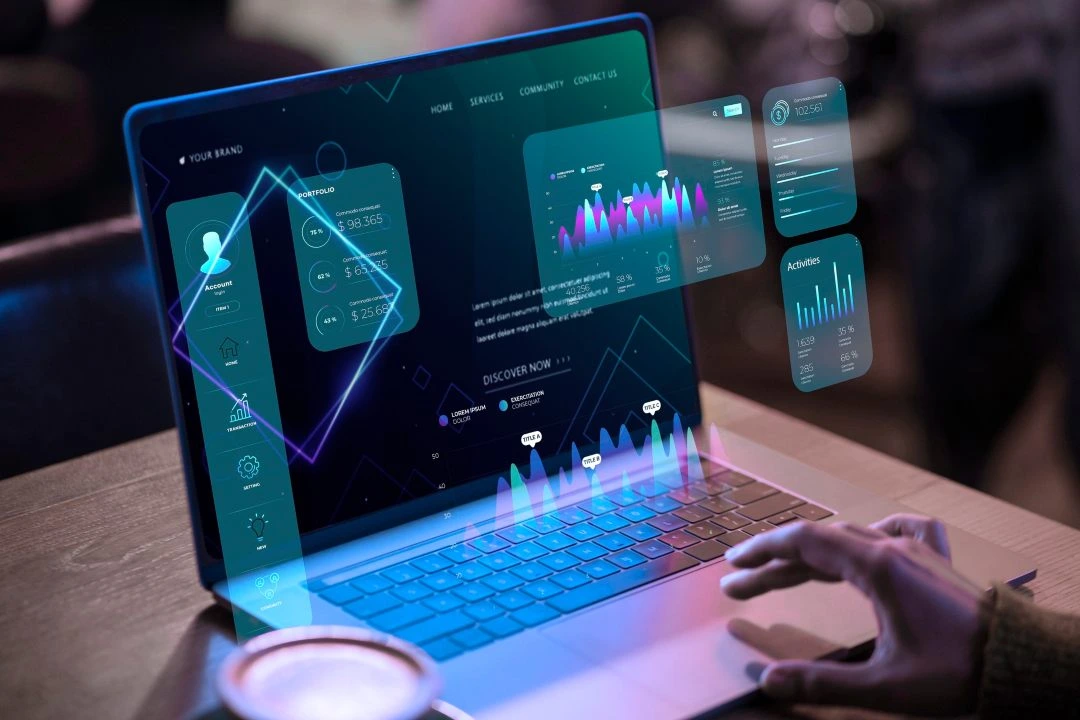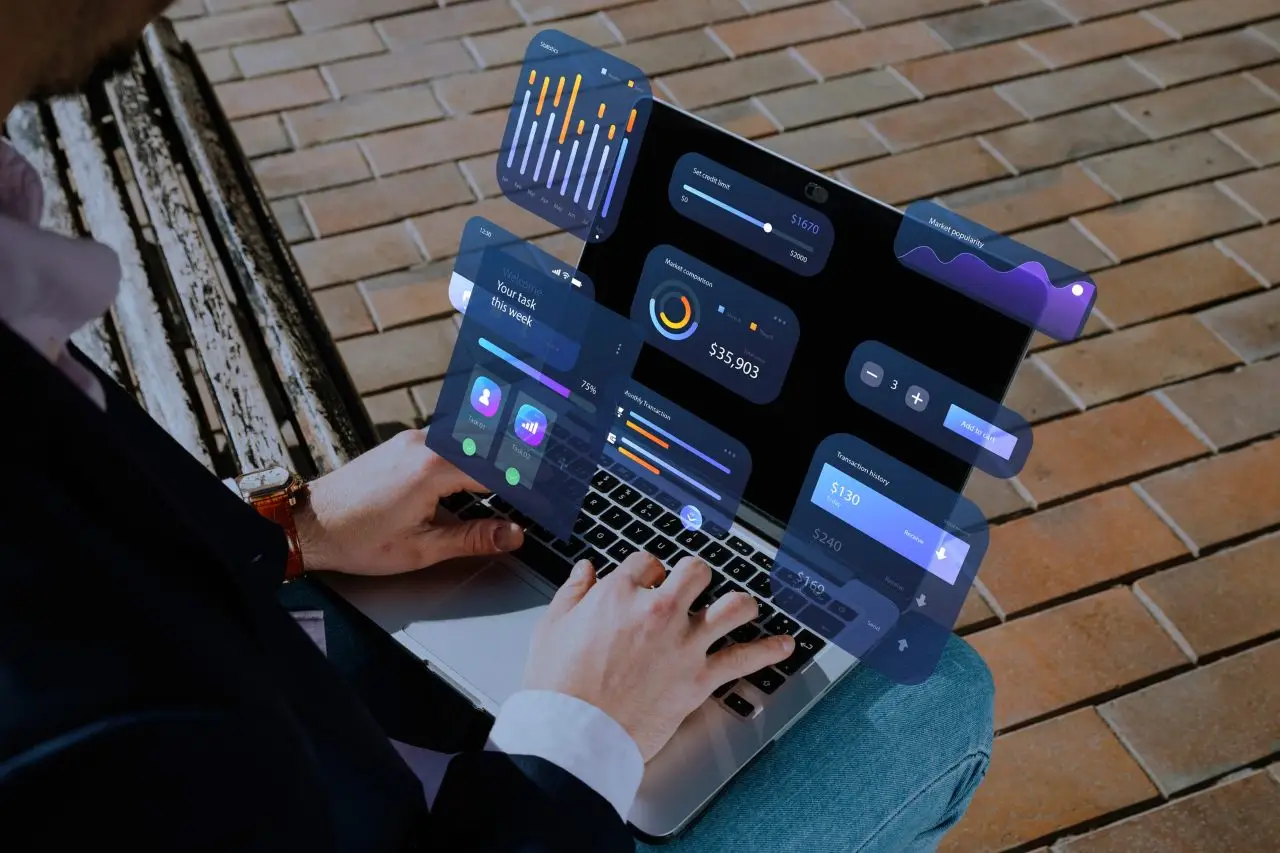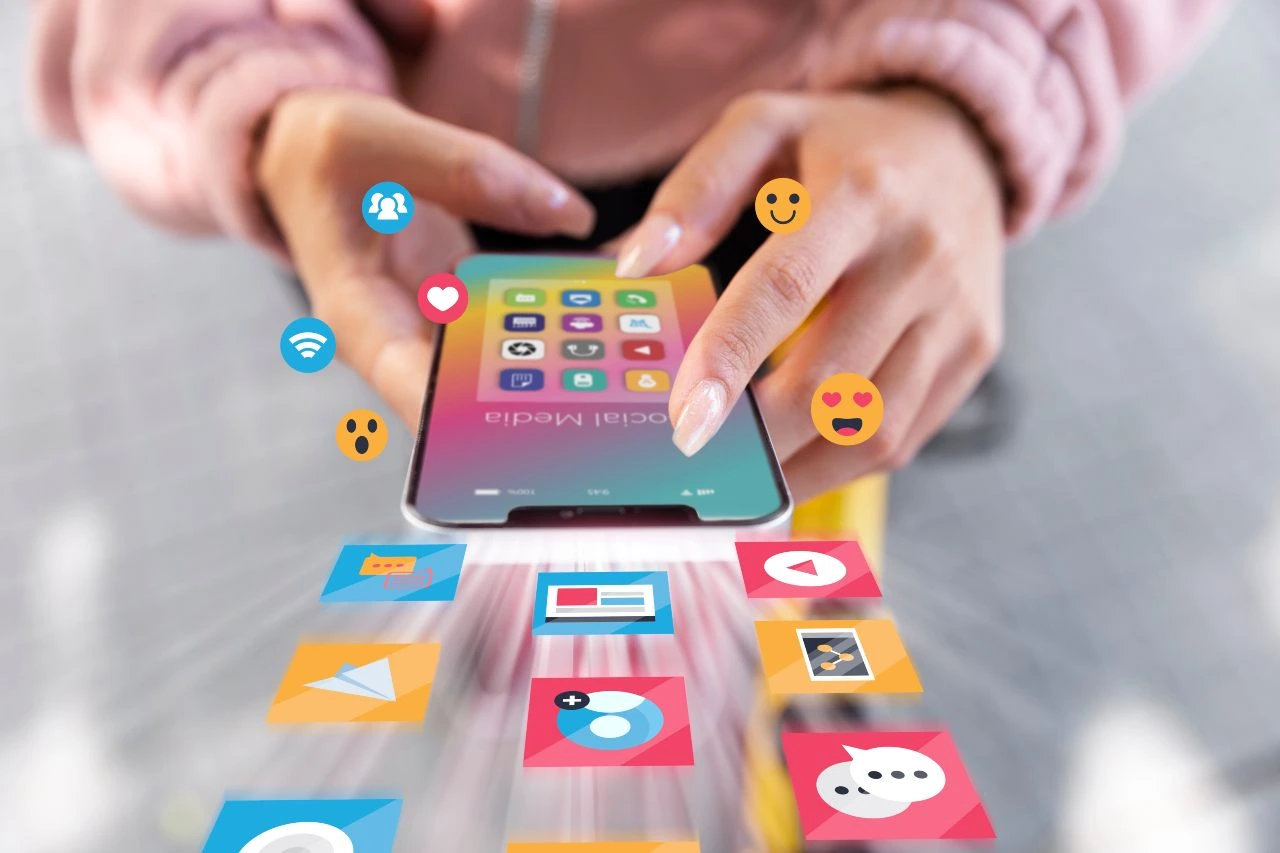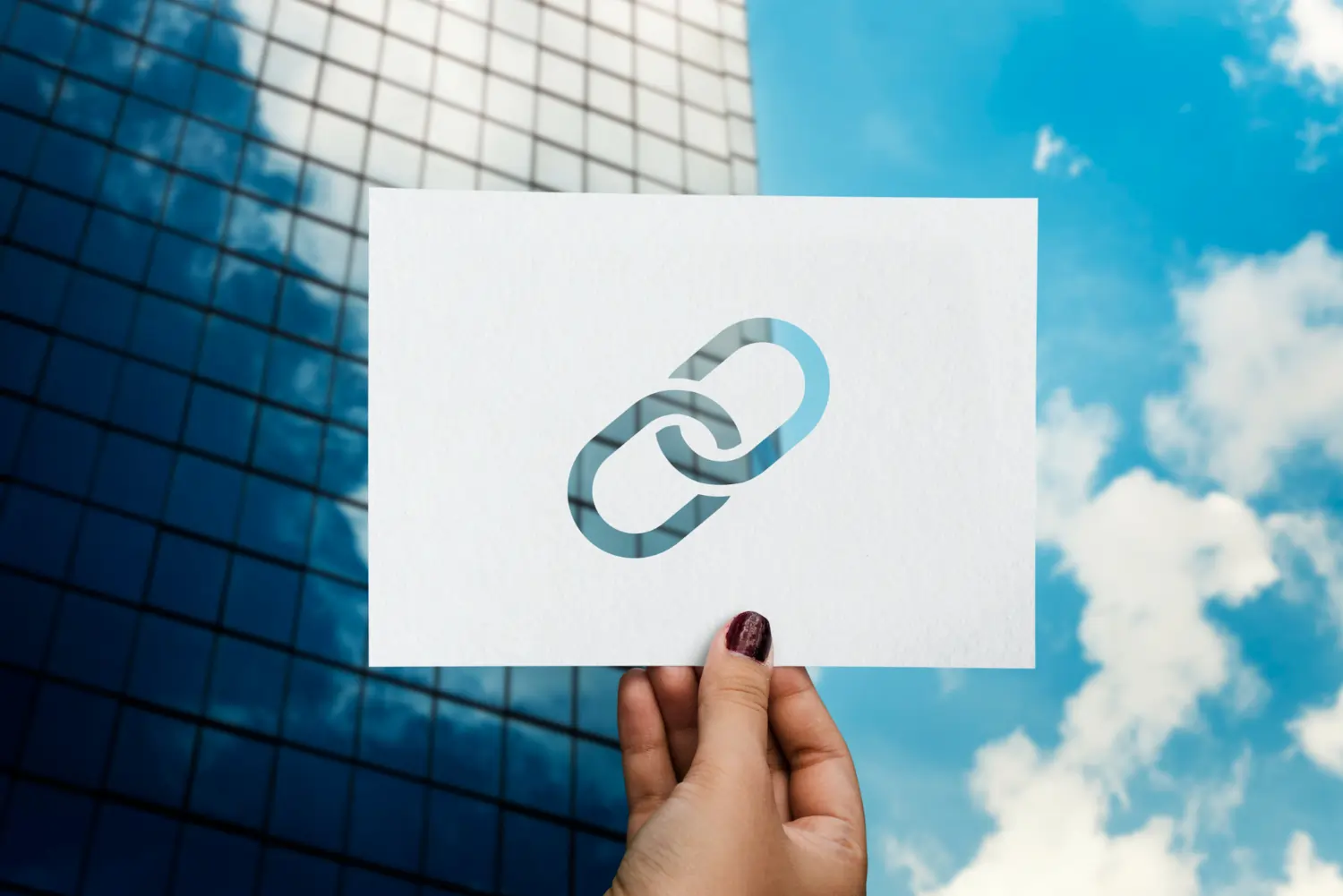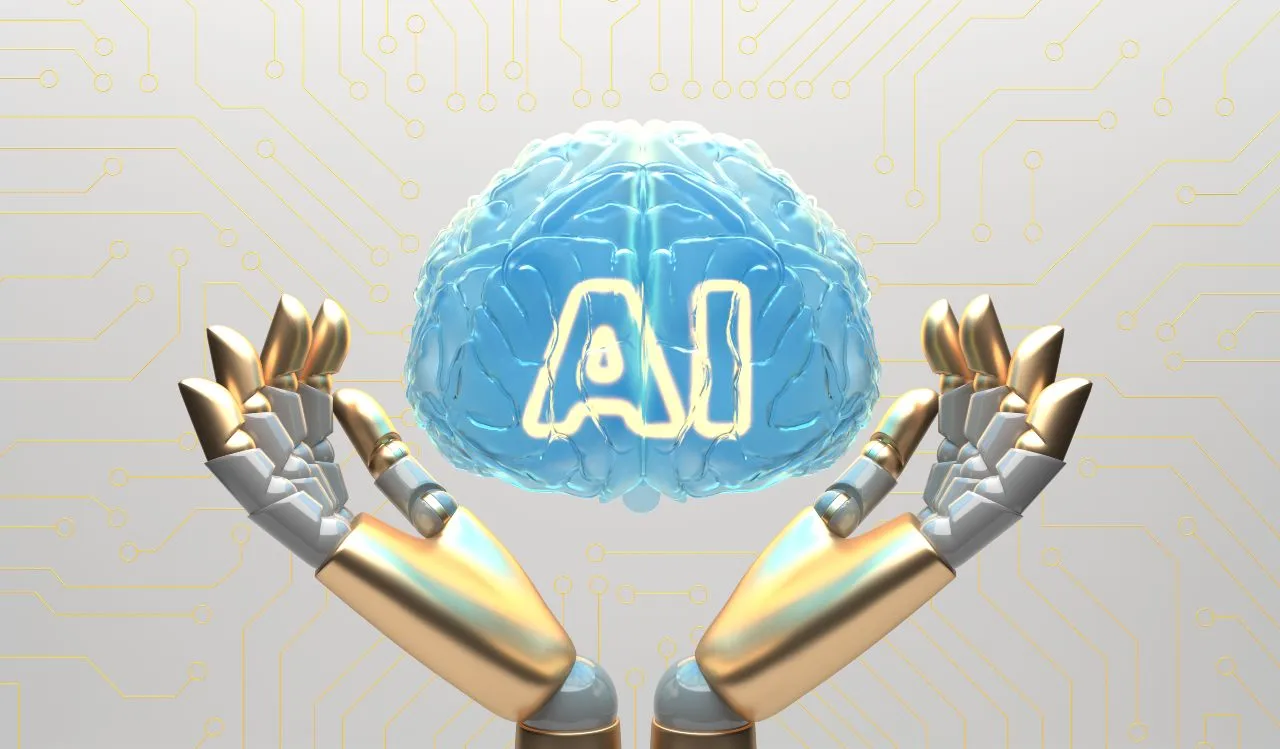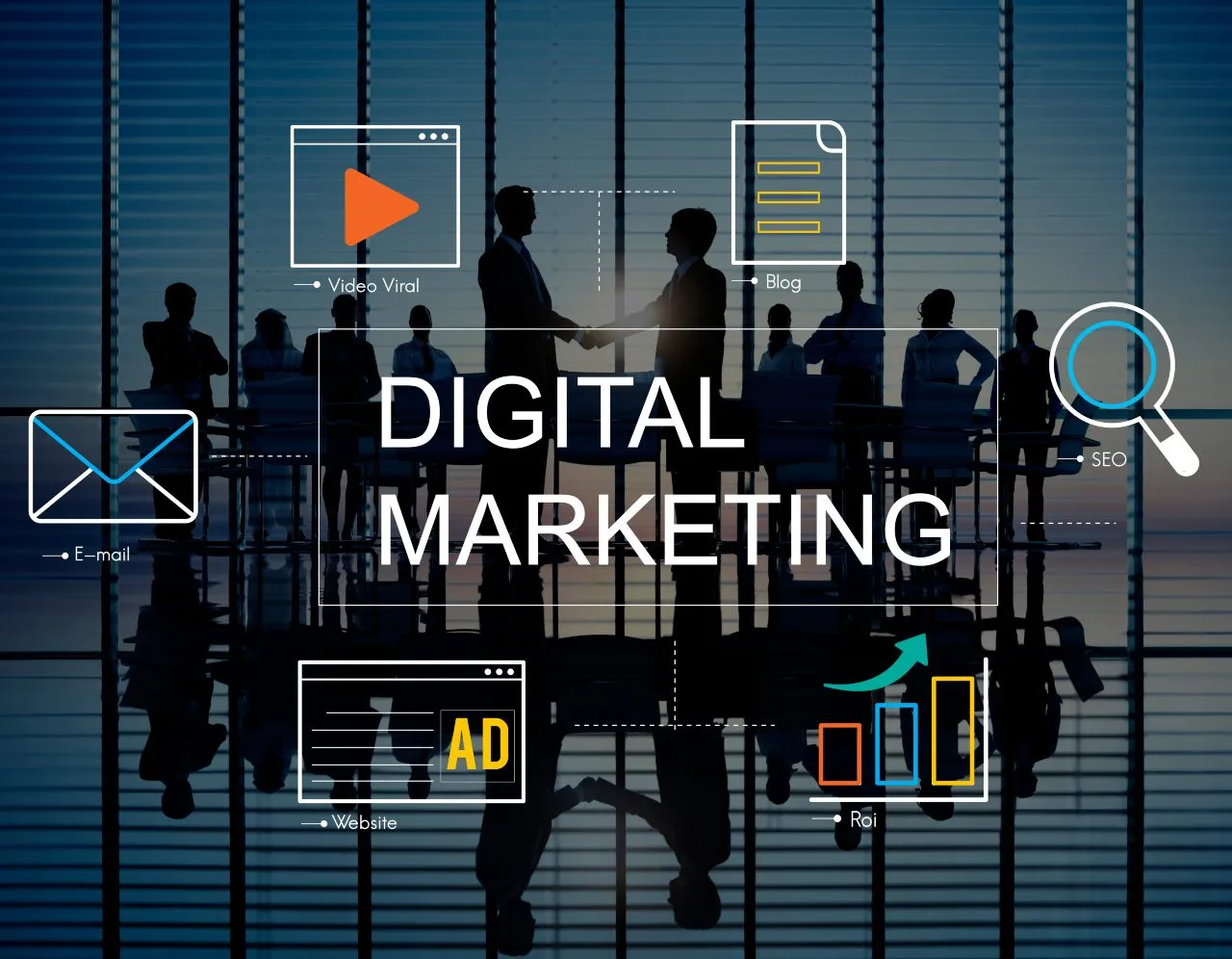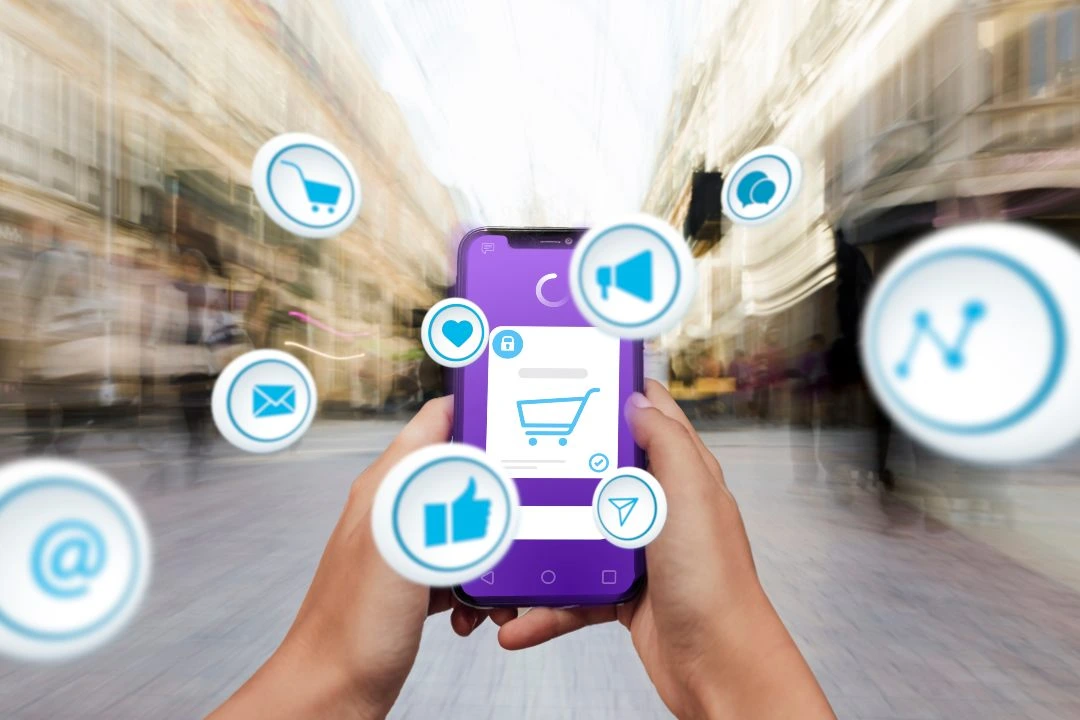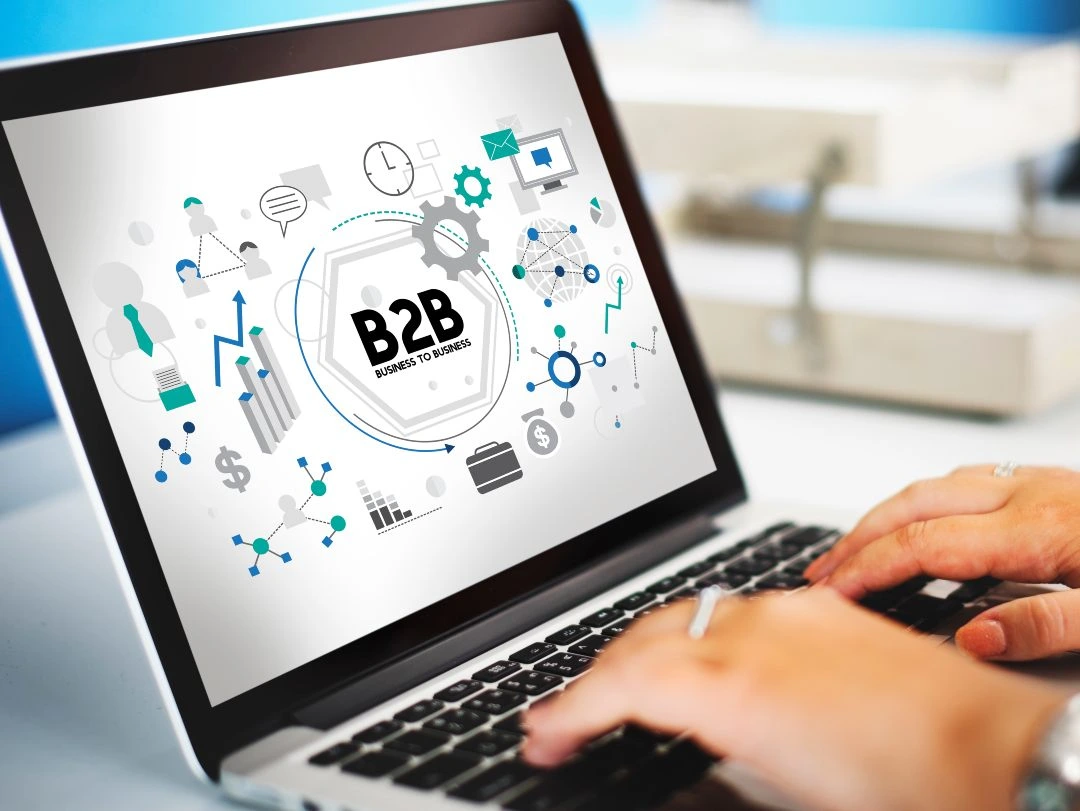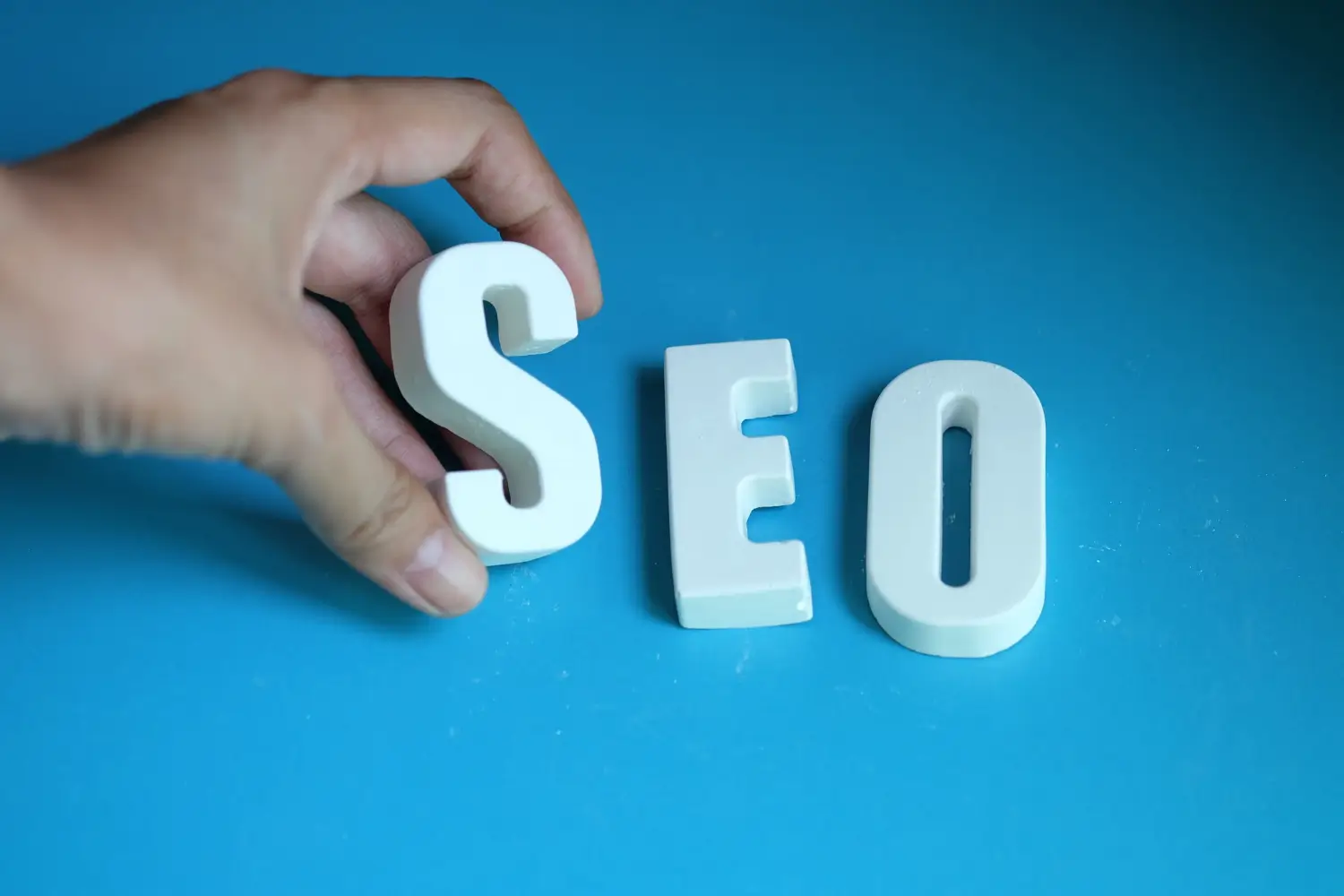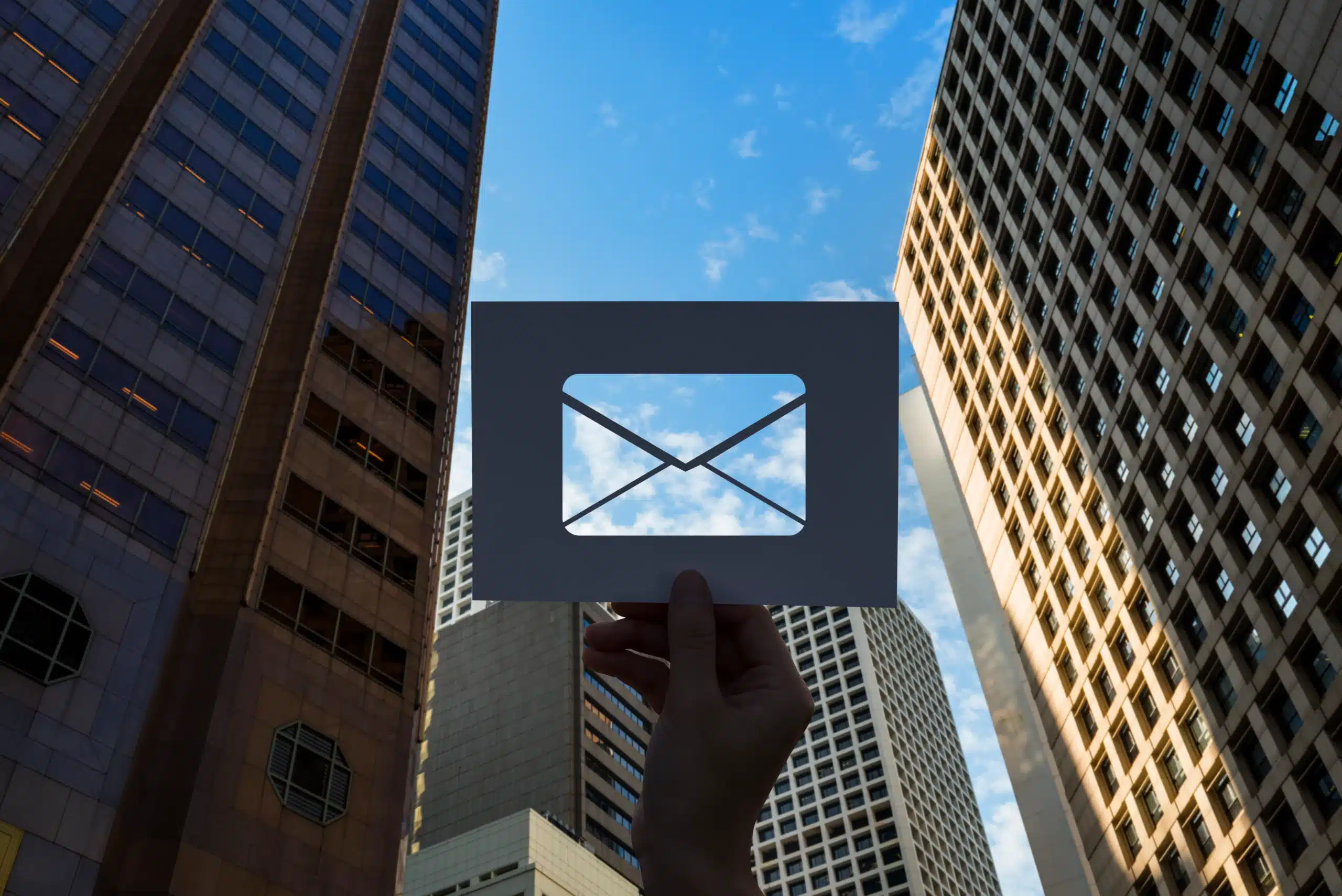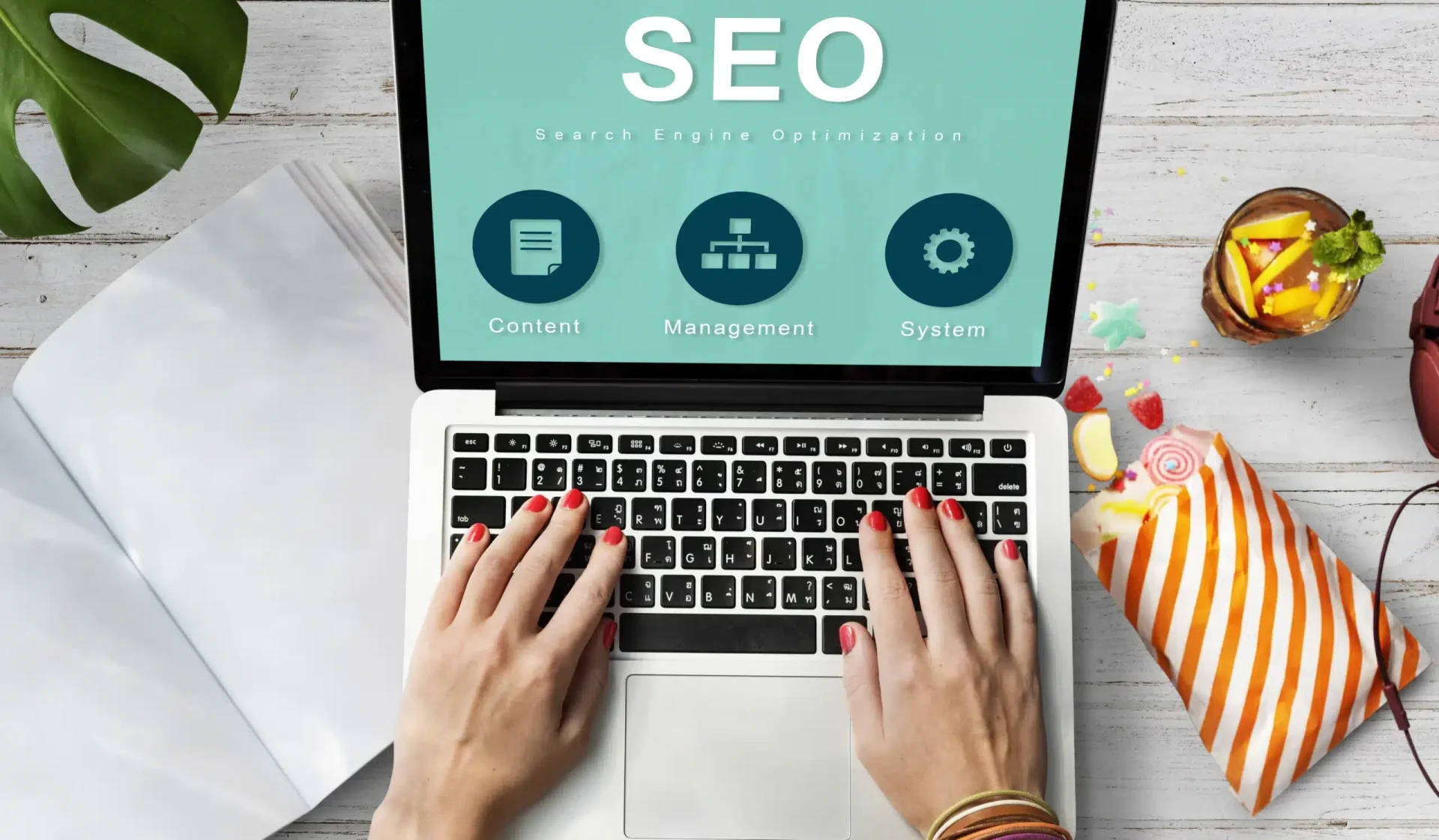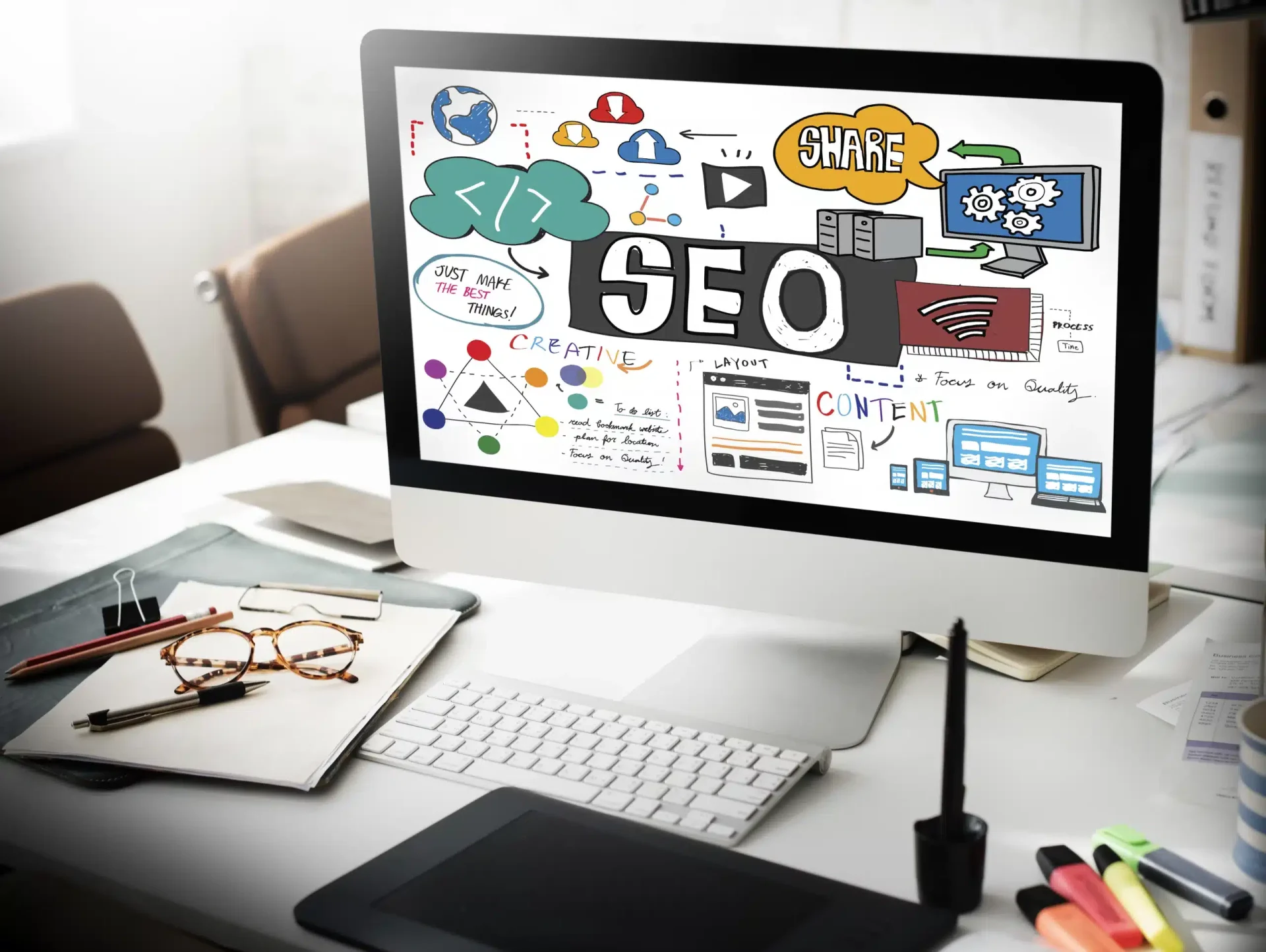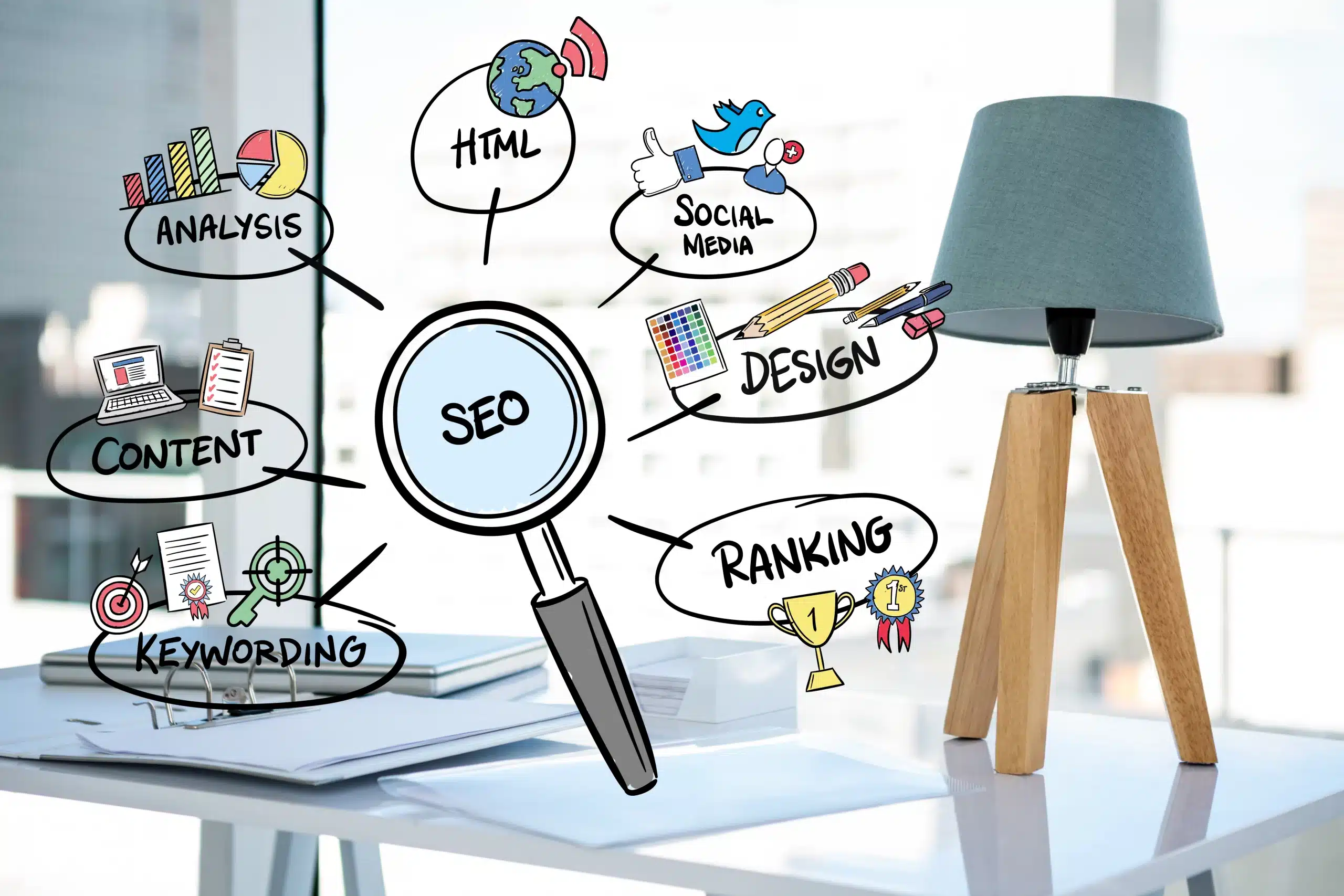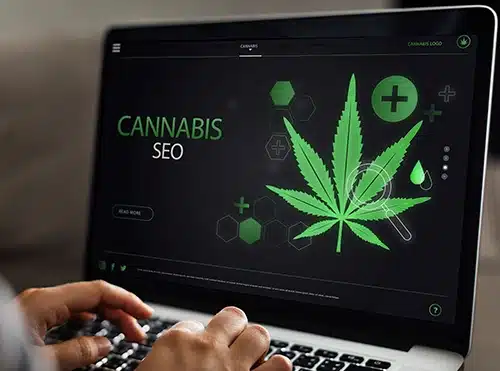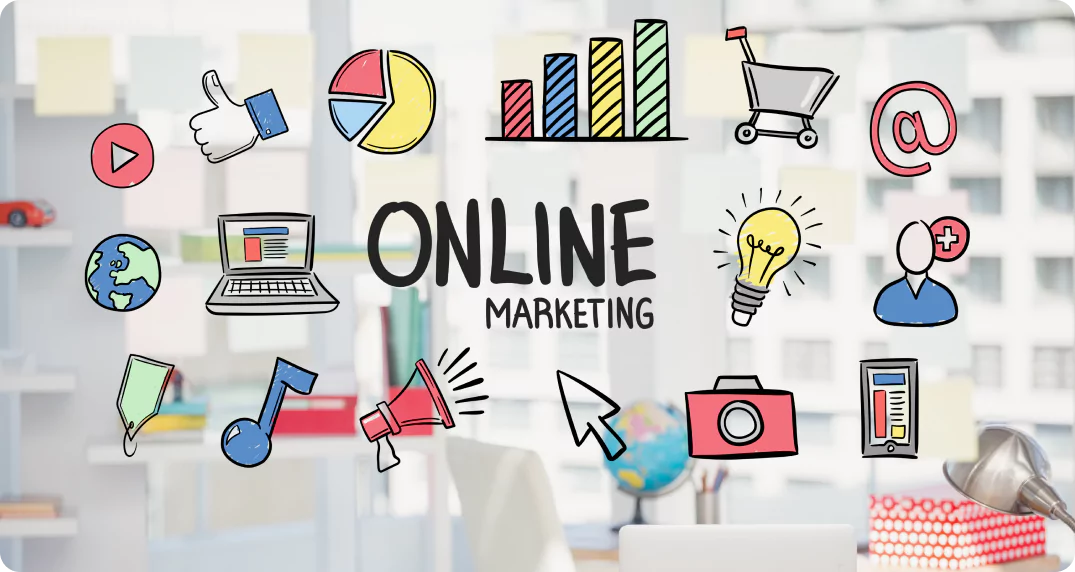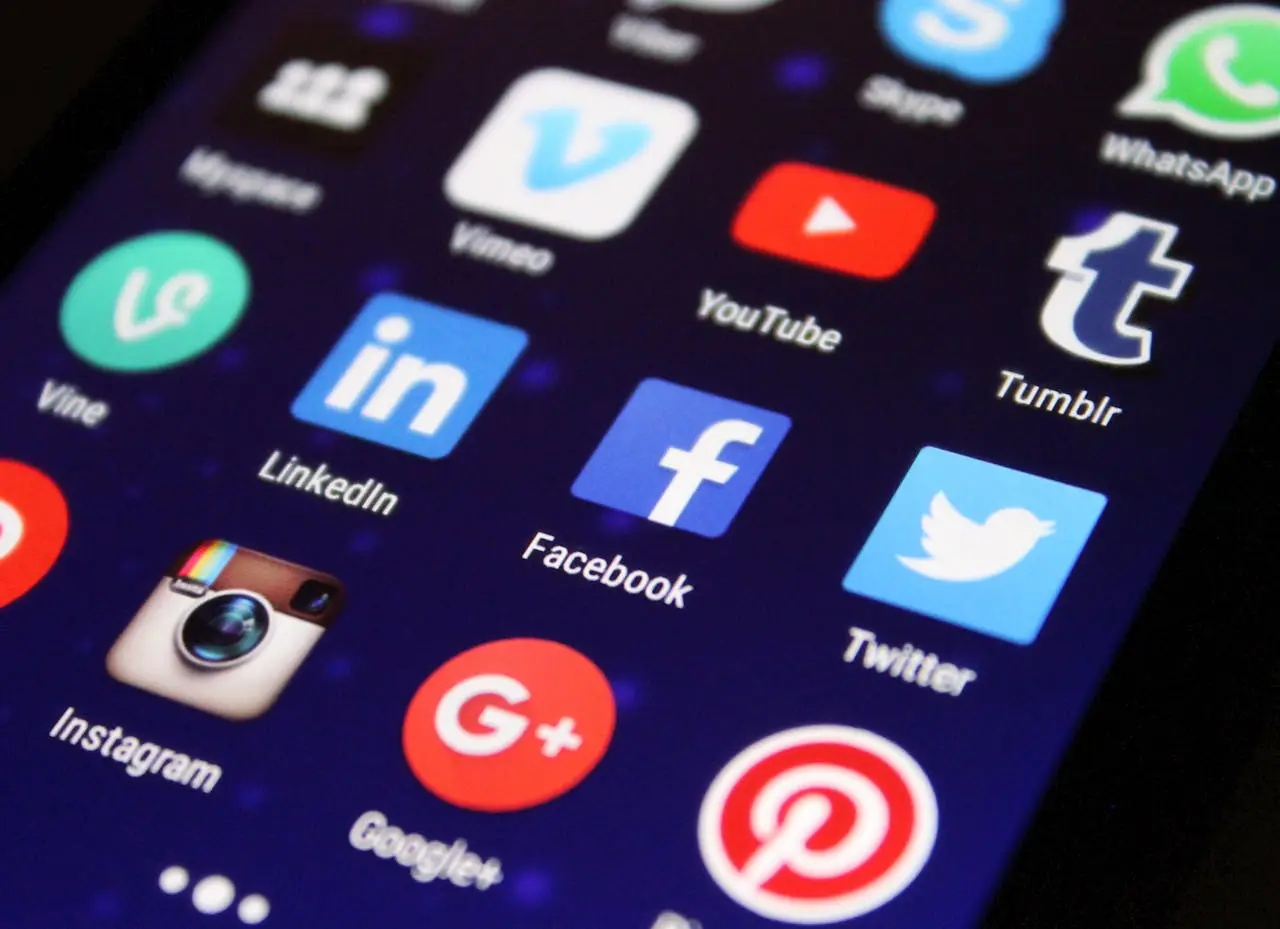Listen to article
AI has already crossed the threshold from experimental tech to a core driver of how the internet and, by extension, marketing operates today.
Not only is AI transforming how websites are built and discovered, but it’s also changing how content is created, consumed, and ranked on search engines. So much so that the global revenue from AI in marketing is projected to exceed $107 billion by 2028.
What does this mean for marketers?
It means you need a strategy. At Scopic Studios, we help brands use AI to boost visibility, personalize campaigns, and stay ahead. Let’s talk about how it can work for you.
Knowing how to leverage new technologies is more important than ever. From evolving search engines to personalized recommendations, marketers face both opportunities and challenges that must be addressed head-on to stay competitive.
If you want to understand how AI is changing the future of digital marketing, this article will guide you through the shifts shaping the industry. By the end, you’ll know not only how AI is transforming search behavior and visibility but also how to adapt your strategies to stay ahead of competitors.
How AI is Changing Digital Marketing?
AI is not just an upgrade to old tools, it has completely changed the rules of digital marketing. We are no longer talking about small automations that save a few hours. We are talking about systems that analyze behavior in real time, decide who sees what, and even generate the content itself.
Personalization used to mean adding someone’s first name to an email. Now AI can map entire customer journeys, predict when someone is ready to buy, and serve content that feels like it was written just for them. Targeting has gone from broad demographics to micro-segments that update on the fly. Campaign performance is no longer measured once a quarter, it is optimized every minute.
This is why AI in modern digital marketing has become a front-line force. It is not hiding in the background anymore, it is the driver.
At Scopic Studios, we have seen this shift firsthand in client campaigns. The brands that treat AI as a central player in strategy, not just a side tool, are already outpacing competitors. They are rethinking how they connect with audiences and building customer experiences that feel sharper, faster, and more relevant than ever before.
How AI is Changing Search Behavior
Not only is technology changing, but customer behavior is evolving as well. Rather than keyword-based searches, many individuals are adopting a more conversational approach.
This change is driven by several factors. To start, many people are exchanging traditional search engines for large language models like GPT and Perplexity, which provide more conversational and personalized answers.
And secondly, as individuals favor more natural, conversational interactions, voice assistants continue to gain popularity. With 91% of Americans owning a smartphone, many are getting used to asking full questions rather than typing fragmented keywords.
For example, let’s say you want to purchase a new laptop. Rather than searching “Mac laptop for sale,” you may say, “Can you find me a new Mac laptop with great battery life?”
This, of course, affects how brands approach search engine optimization and content strategy, as they now must optimize for natural language queries, search intent, and conversational interactions—illustrating some of the key impacts of AI in search engines on SEO.
How AI in Web is Impacting Traffic & Visibility
Notice a recent drop in organic traffic?
You’re not alone. The growing use of tools like ChatGPT is contributing to a decline in traditional search engine usage.
In fact, Google represented 79.1% of the global online search engine market on desktop devices in March 2025. While this number may seem high, this represents the lowest share ever recorded by the search engine in these devices for over two decades.
And as search engines try to compete—through features like Google’s AI Overview—websites may experience a decline in click-through rates, with nearly 60% of Google searches now ending without a single click to any website.
For brands, AI’s impact on search engines means less visibility and traffic. Rather than just ranking high, they have to focus their efforts on appearing in AI summaries and delivering conversational responses that capture user attention.
What are the Different Types of AI in Marketing Ops
You shouldn’t just know how AI is changing the future of digital marketing; you should also understand what opportunities lie in AI adoption.
If you’re asking yourself, “How can I adopt AI?” here’s what you need to know:
AI Chatbots & AI Assistant Tools
AI chatbots are no longer basic widgets with canned replies, they are the future of web marketing and can hold natural conversations, qualify leads, recommend products, and provide instant support.
And remember how we said customers are drawn to conversational interactions? This is where chatbots shine. With natural language processing, chatbot interactions are more human-like and intuitive, allowing companies to keep up with emerging personalization trends in marketing and provide responses that are both natural and fast.
For many companies, this means less strain on support teams and more consistent engagement with prospects, even outside working hours.
Machine Learning
Let’s take a look at how machine learning is shaping campaigns today.
It has eliminated static targeting. It’s now about predicting intent in real time and reallocating spend before competitors even notice.
At Scopic Studios, we’ve seen clients use machine learning to anticipate demand spikes and adjust campaigns before competitors even notice. That kind of agility can turn small optimizations into major wins.
Voice Search
We touched on voice search earlier, but let’s take a closer look.
Voice search is not just about convenience, it’s about behavior. With the impact of AI in web, people no longer type stiff keywords, they ask full questions. “What running shoes are best for long-distance training?” feels natural. “Best running shoes” does not.
That shift is important. If your content still reads like a list of keywords, you won’t show up where these conversations are happening. Instead, you need to structure content, so it mirrors how people actually talk.
Voice search also leans heavily on local intent. Which means if you’re not already optimizing for natural language and local SEO together, you’re invisible in a channel that is only going to keep growing.
Marketing Automation, Content Creation & Personalization
Remember when we said AI is changing digital marketing?
The biggest gain of AI in marketing isn’t in automating email flows or social posts—it’s in using that freed-up capacity to deliver hyper-personalized campaigns at scale.
Instead of generic campaigns, AI delivers one-to-one experiences at scale. A returning customer might see dynamic product recommendations, a new visitor might get tailored offers, and both feel like the brand understands them.
The companies doing this well are not just automating tasks. They are using AI to build brand experiences that feel human, even when powered by machines.
To put it simply, staying ahead means embracing AI. At Scopic Studios, we help brands use AI-driven digital marketing to shape strategies that are smarter, faster, and future-ready. If you’re ready to take the next step with advanced strategies, get in touch with us today.
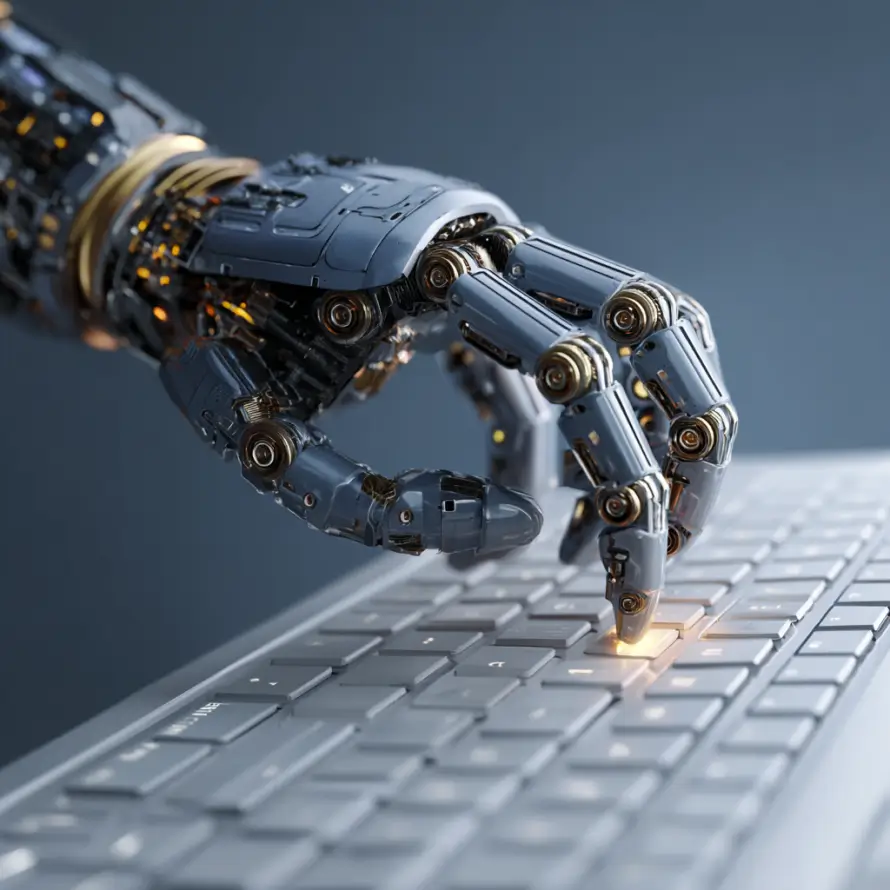
The Opportunities of AI for Marketers
AI boosts efficiency, precision, and personalization. The marketers who understand how AI search works and see results, are the ones who use these tools strategically, not just tactically. Here’s where the biggest opportunities of AI in digital marketing are right now:
- Advanced audience segmentation: Traditional audience buckets are too broad. AI makes it possible to identify micro-segments and shifting patterns that humans would miss. The companies that act on this insight are connecting with audiences in ways competitors simply can’t replicate.
- Increased personalization: Personalization is no longer about dropping a first name into an email. With AI, brands can create experiences that feel one-to-one, even at scale. The more relevant the interaction, the more likely customers are to trust, engage, and buy.
- Streamlined content creation: AI can turn hours of production into minutes, from ad copy to video drafts. But the real advantage is consistency: keeping messaging on-brand across channels while freeing up creative teams to focus on high-level storytelling. Also, AI in web content allows marketers to scale consistently while adapting to user intent across platforms.
- Optimized PPC: Paid campaigns live or die on precision. AI takes the guesswork out of bidding and targeting by analyzing patterns faster than humans ever could. That means budgets stretch further, campaigns adjust in real time, and ROI compounds over time.
AI is not here to replace marketers. It’s here to strip away repetitive work and give teams the bandwidth to focus on strategy, creativity, and authentic brand building.
Challenges & Risks of AI for Marketers
While the future of search engines lies in AI, that doesn’t mean AI adoption doesn’t come with its own challenges and risks:
Data Privacy Concerns
Data privacy isn’t just about avoiding fines. It is now a core part of brand trust.
Marketers who treat compliance as a brand value, not just a rule, are building stronger customer relationships. Highlighting privacy-first practices can actually differentiate your brand in the market.
Work with an experienced AI development company to implement strict controls, but also use transparency as part of your messaging. Showing customers how their data is protected can be a growth driver, not just a safeguard.
Over-Reliance on Automation & AI
Using AI in web campaigns, to create content, and in other marketing initiatives gives you the upper hand. However, there is such a thing as over-reliance. What do we mean by this?
Treating AI’s output as truth is one of the fastest ways to erode trust. Human oversight isn’t optional, it’s what keeps automation aligned with brand integrity.
Without a system of checks and balances, AI could weaken your brand’s authenticity. Remember: AI is a valuable tool, but it shouldn’t replace human expertise.
Quality Control & Misinformation
We hate to break it to you, but AI isn’t always accurate. And as a trusted company, it’s your job to filter its outputs, verify the facts, and ensure the final message aligns with your brand’s standards.
If not, you risk providing inaccurate information to your clients. For instance, an AI chatbot might provide wrong specifications about a car for sale, potentially misleading buyers and damaging your credibility.
There’s also a big debate over content frequency vs quality, meaning companies must know how to balance these to maximize ROI. For example, you can use AI to generate more content, but your team should be ensuring the content is high quality and resonates with your audience for the best results.
Constantly Adapting to New Search Algorithms
The role of artificial intelligence in search engines should not be underestimated. And there’s a reality many people are afraid to admit: just because you’re up-to-date with new search algorithms doesn’t mean they won’t keep evolving.
Yep, you heard that right. Fast-changing AI-driven search algorithms can disrupt SEO strategies, demanding constant adaptation. If you can’t consistently monitor these changes yourself, you should work with SEO professionals who track algorithm updates and adjust strategies in real time to protect and grow your visibility.
Creative Limitations
With 81% of marketing organizations using automation, it’s clear that the state of marketing automation is promising.
However, don’t let increased automation negatively impact your creative spark. AI tools rely on patterns and historical data, not creative thinking.
To avoid getting lost in the crowd, your team must leverage human creativity, something machines can’t compete with. This means pairing automation with innovative campaign concepts, authentic storytelling, and brand experiences that truly resonate.
How to Future-Proof Your Marketing Strategies in the AI Era
We now know AI’s impact on search engines, the opportunities it presents, and the challenges, but now we have to ask: how can we prepare for an AI-driven future?
Adopt an AI-First Strategy
Encourage your team to adopt an AI-first mindset. Integrate AI tools into brainstorming, planning, and execution from the start, ensuring they complement human creativity rather than replace it.
An important part of successful AI adoption is training your team on new technologies, ensuring they have the skills to leverage new tools effectively in their daily work.
Ready to put AI to work in your marketing? We help brands integrate AI into digital marketing—talk to us about your strategy.
Invest in Human-AI Collaboration
I know we’ve mentioned it a couple of times now, but proper human-AI collaboration is absolutely critical. Knowing how to balance new tools with human creativity can be difficult, meaning you should invest in change management and training programs to help your team maximize the value of AI in their work.
Focus on First-Party Data & Hyper Personalization
With privacy rules tightening and third-party data on the decline, your own first-party data is, in our opinion, marketing gold. This is the information your audience willingly shares with you, making it accurate, reliable, and ready to put to work.
When you pair this with AI-powered hyper-personalization, you can create messages, offers, and experiences that are tailored to different segments.
Focus on Brand Differentiation
What makes you stand out from competitors?
Be as specific as possible in your answer, as this will help define your unique value proposition and guide how you position your brand in the market. This is especially important in today’s AI-driven world, as an increasing number of companies are generating content, creating personalized experiences, and using advanced analytics to drive growth.
Leverage AI for Dynamic Content Marketing
Use AI in web pages, blogs, ads, emails, e-books, and any other content your heart desires. While AI requires human oversight, it can help you create personalized experiences that attract potential clients.
For instance, an e-commerce brand can automatically update product carousels in Facebook or Instagram ads to feature items a user viewed but didn’t purchase.
Optimize Your PPC and SEO Campaign with AI
Full service marketing teams can use AI to analyze large quantities of data, predict keyword performance, and adjust bids in real time. From crafting high-converting ad copy to identifying new search opportunities, AI ensures your campaigns stay competitive and deliver maximum ROI.
Consider Hiring Experts
It feels like a new AI tool is released every day. And for many, figuring out how to use AI in modern digital marketing is a challenge, but top AI marketing agencies know exactly how to make it work. When you partner with a team that specializes in AI, you can stay ahead of new trends and turn the latest tech into real results for your business.
The Future of AI Digital Marketing
As for us, it’s no secret that we’re excited about the future of web marketing. Over time, we predict hyper-personalization will become the norm, AI in web experiences will dominate production pipelines, and voice search will continue to rise—potentially surpassing traditional keyword queries.
We also see the future being driven by the decline of third-party cookies, a surge in privacy-first marketing, and an ever-growing demand for authentic brand storytelling.
While it’s hard to predict the future with 100% accuracy, our team stays ahead of the curve by tracking emerging trends, experimenting with new AI tools, and adapting our strategies to match the evolving digital landscape.
“The brands that succeed will pair AI’s precision with human authenticity—using data to understand and stories to connect.”
– Deniz Aray, Marketing Project Manager at Scopic
Conclusion
After reading this article, you should have a better idea of how AI is changing the future of digital marketing. Whether you want to use AI in web content, to enhance your campaigns, or to provide users with a more personalized experience, adopting new tools helps you stay visible in a constantly evolving landscape.
When you work with an AI digital marketing agency like Scopic Studios, you’ll adopt the latest tools, leverage data-driven insights, and implement innovative strategies that keep your brand ahead.
Contact us today to talk to our team of marketing professionals.
FAQs about AI in Modern Digital Marketing
How is AI changing the way search engines work?
AI is shifting search from keyword-based queries to conversational questions, driven by tools like ChatGPT and voice assistants. This change, along with AI-powered search features, is lowering click-through rates and pushing brands to optimize for natural language and AI-generated summaries.
What does AI mean for the future of SEO?
Artificial intelligence in search engines means SEO will focus less on exact-match keywords and more on optimizing for natural language, search intent, and visibility in AI-generated answers. Brands will need to create high-quality, conversational content that earns placement in summaries and satisfies user queries directly.
How can marketers use AI without losing brand authenticity?
Marketers should treat AI as a creative assistant rather than a replacement, using it to generate ideas, analyze data, and personalize content while keeping final messaging aligned with the brand’s voice, values, and creative touch.
Is AI in marketing expensive to implement?
AI in marketing isn’t always expensive. Affordable tools are available, while advanced custom solutions may cost more but can deliver higher long-term ROI.
How does AI handle data privacy and compliance?
AI handles data privacy and compliance by following regulations like GDPR, using secure data practices, and minimizing personal data collection. Marketers also play an important role in ensuring proper oversight and ethical use.
What skills will marketers need in the AI era?
Marketers will need skills in advanced website marketing, data analysis, AI tool proficiency, prompt creation, strategic thinking, creativity, and adaptability to keep brand messaging authentic and impactful.
About How AI is Changing the Future of Digital Marketing Guide
This guide was authored by Baily Ramsey, and reviewed by Natasa Ljesevic, Marketing Manager at Scopic.
Scopic Studios delivers exceptional and engaging content rooted in our expertise across marketing and creative services. Our team of talented writers and digital experts excel in transforming intricate concepts into captivating narratives tailored for diverse industries. We’re passionate about crafting content that not only resonates but also drives value across all digital platforms.

